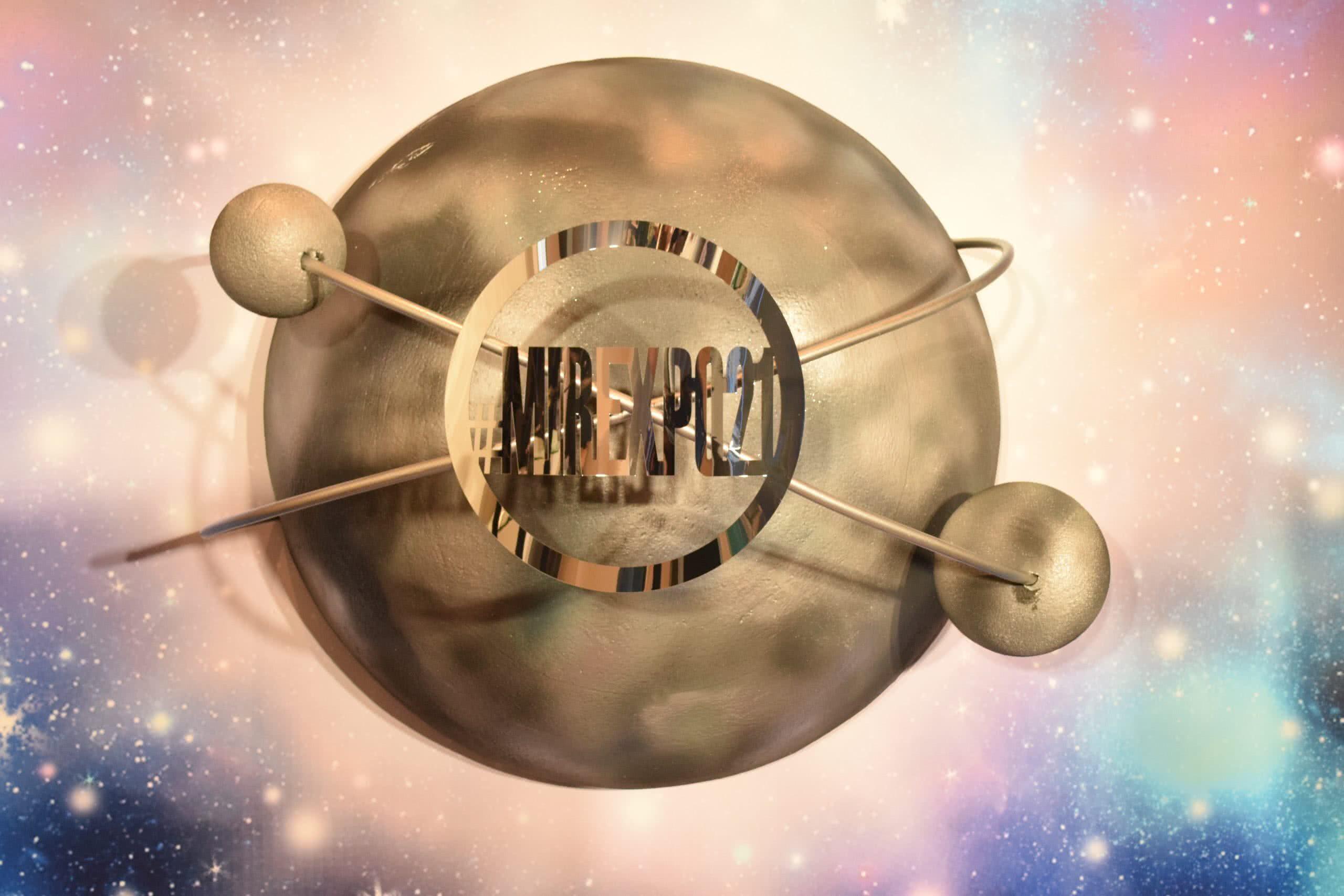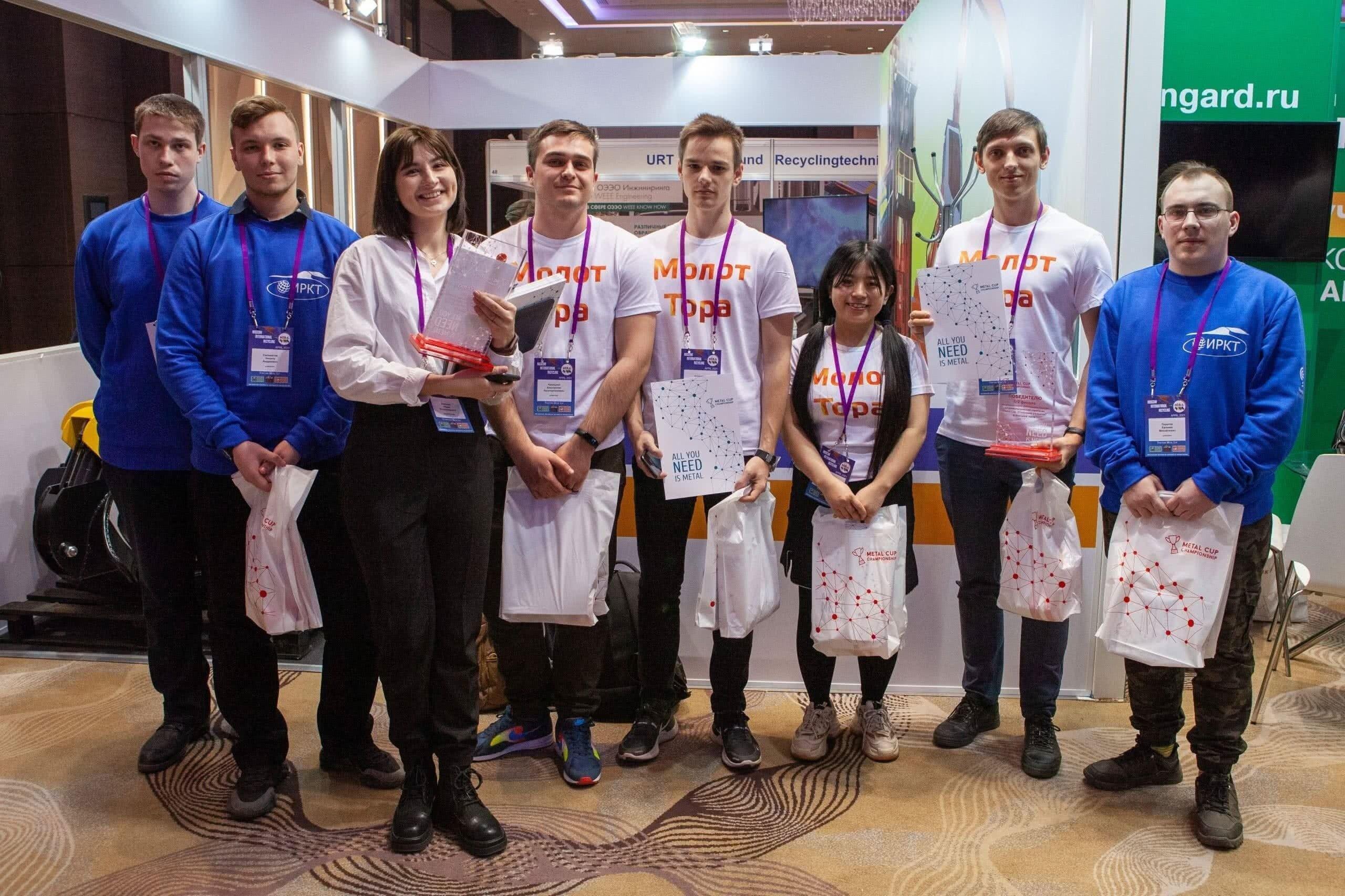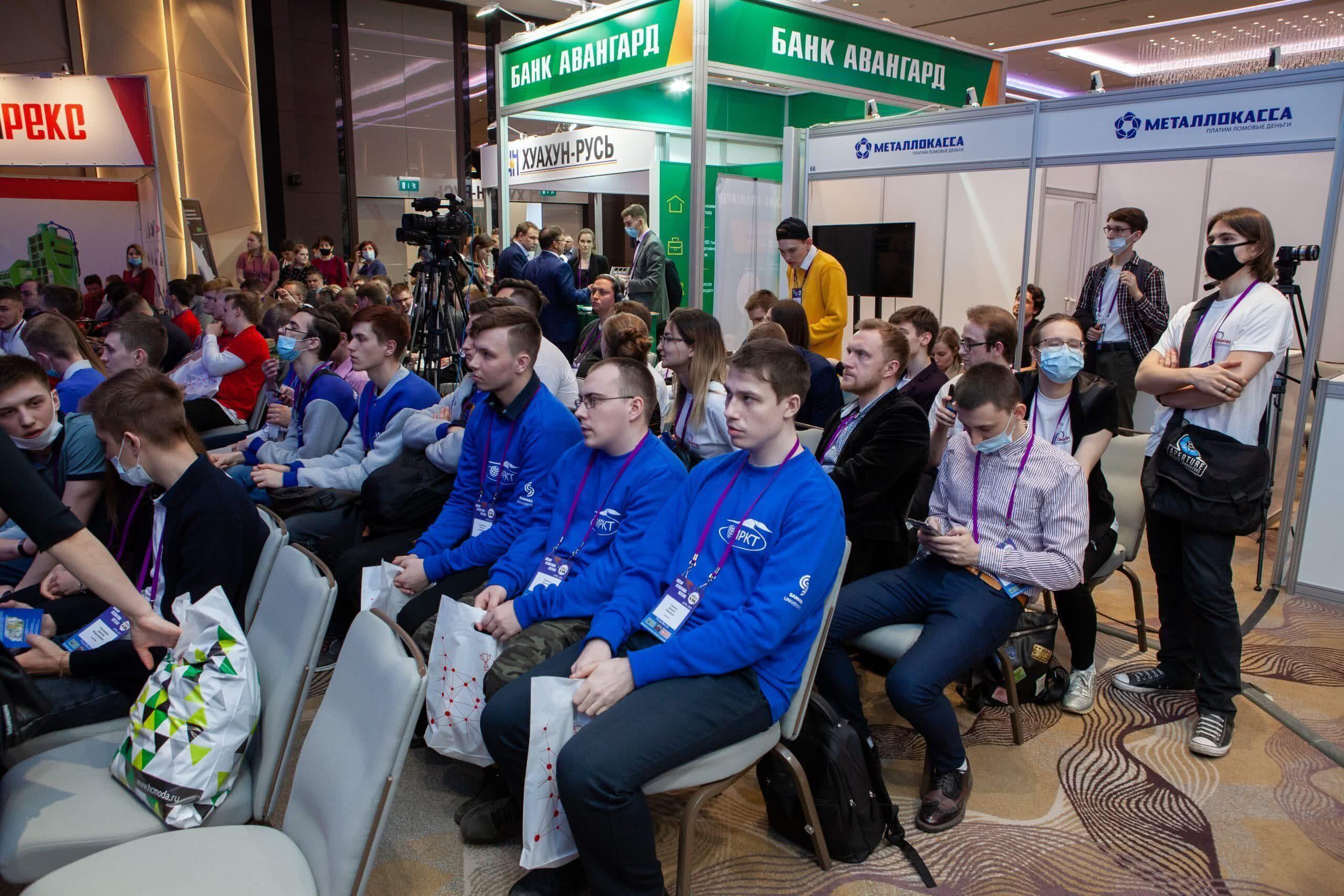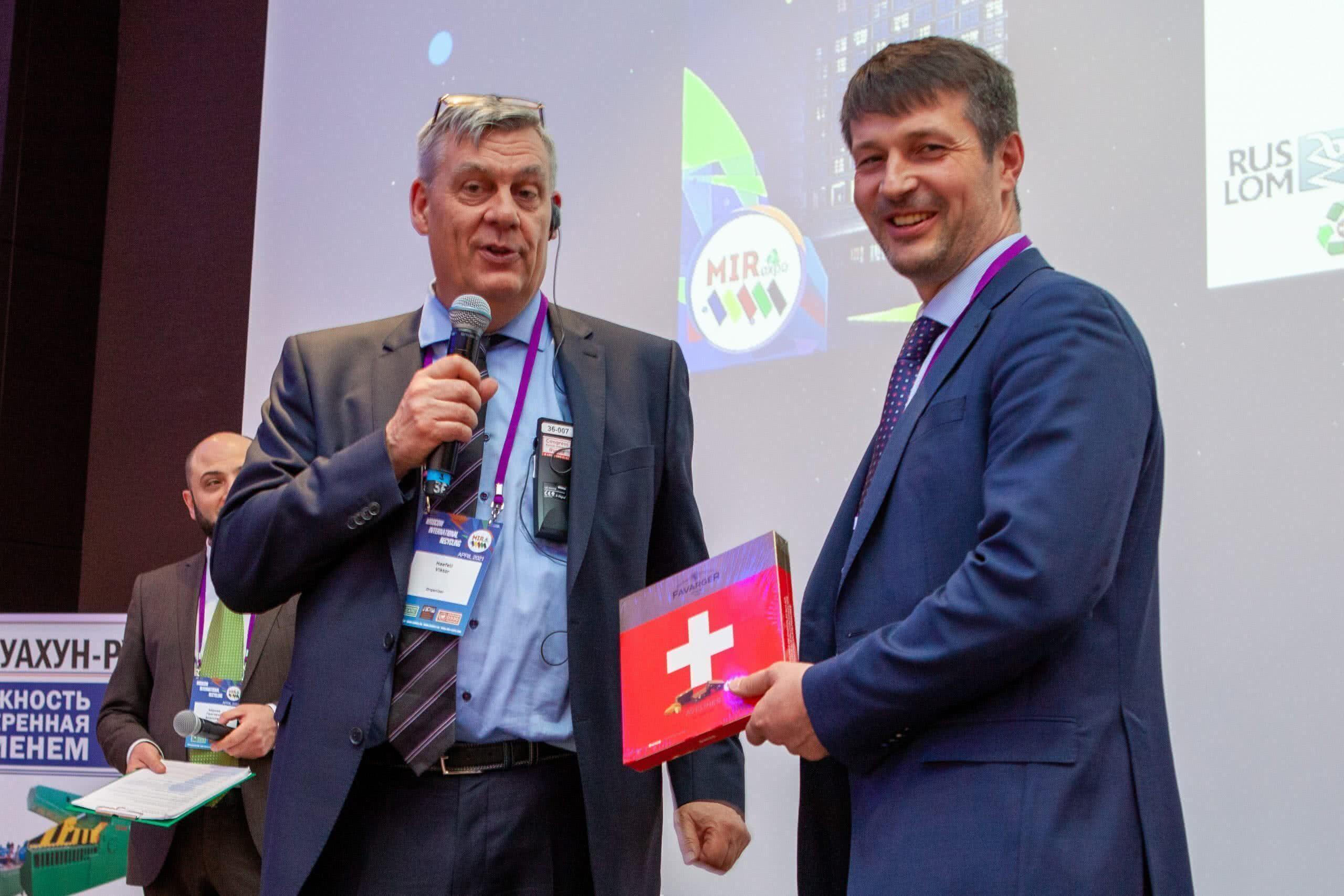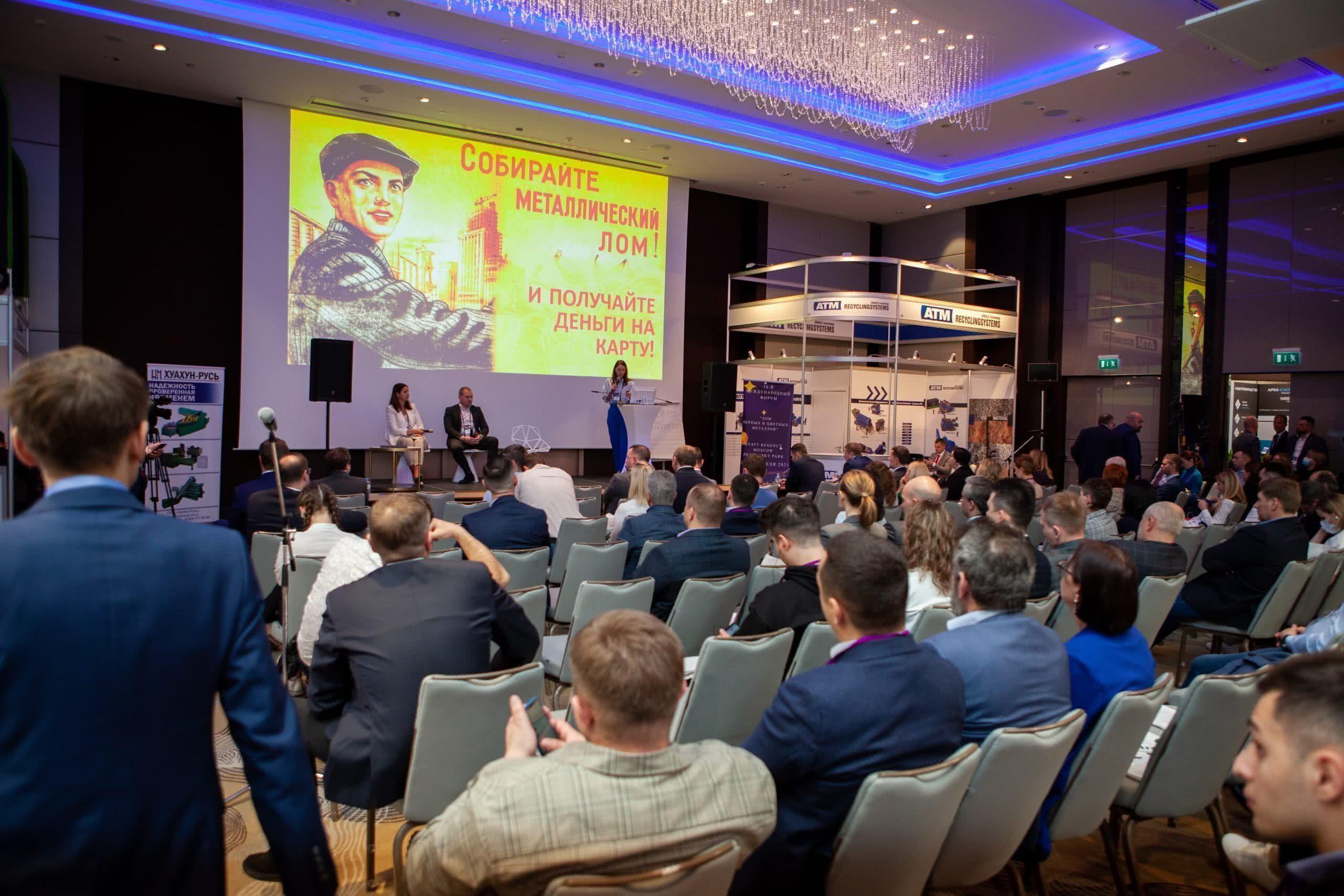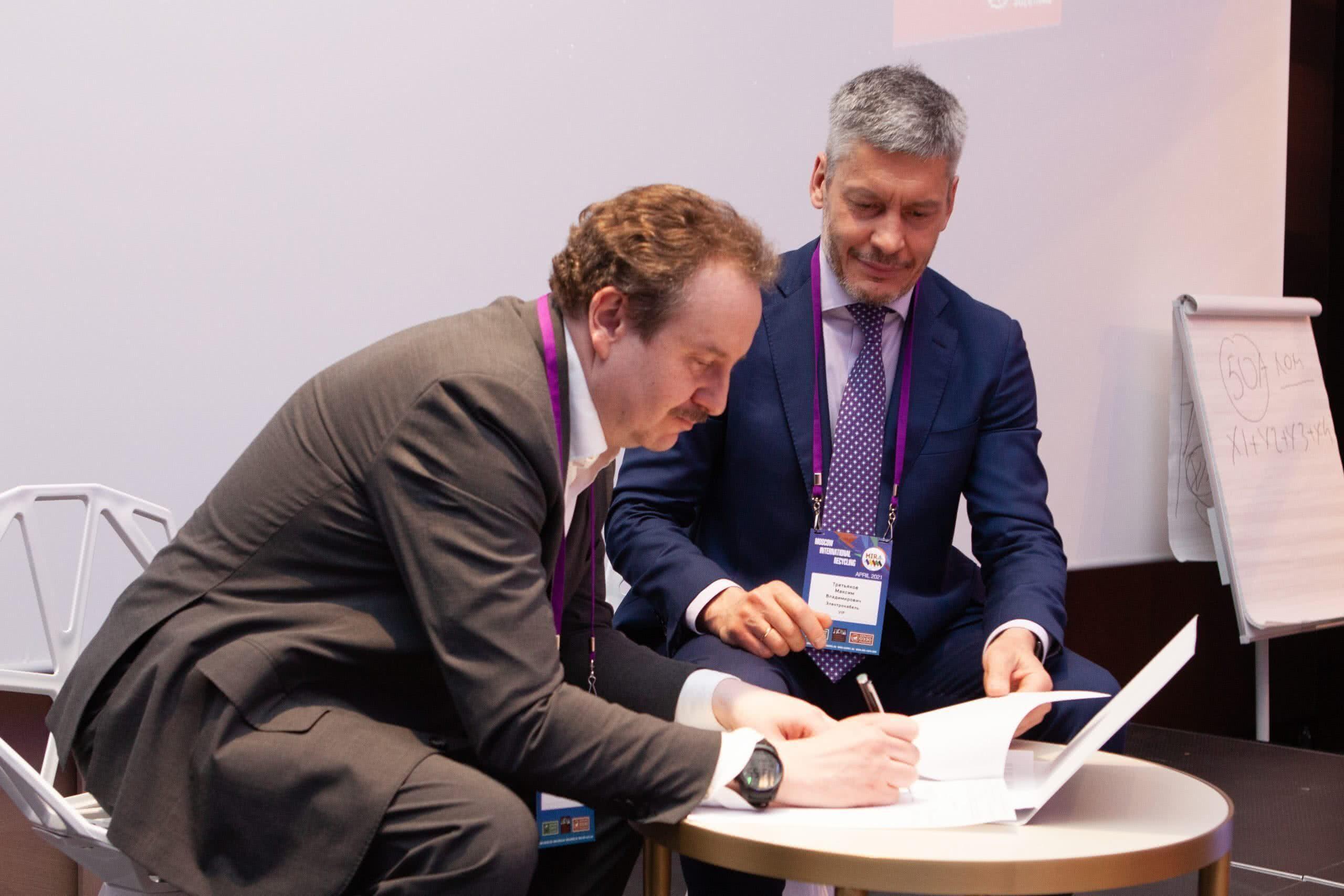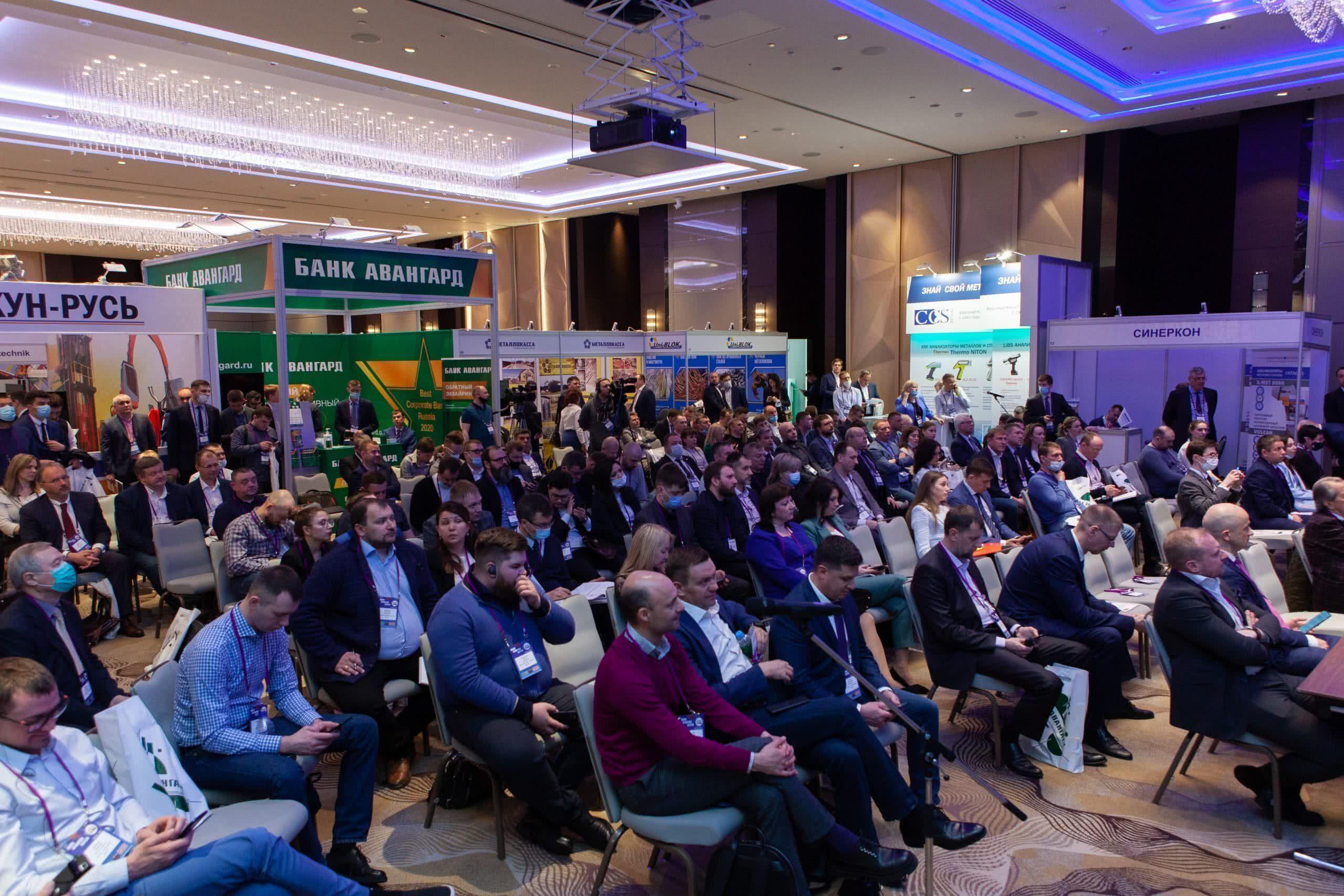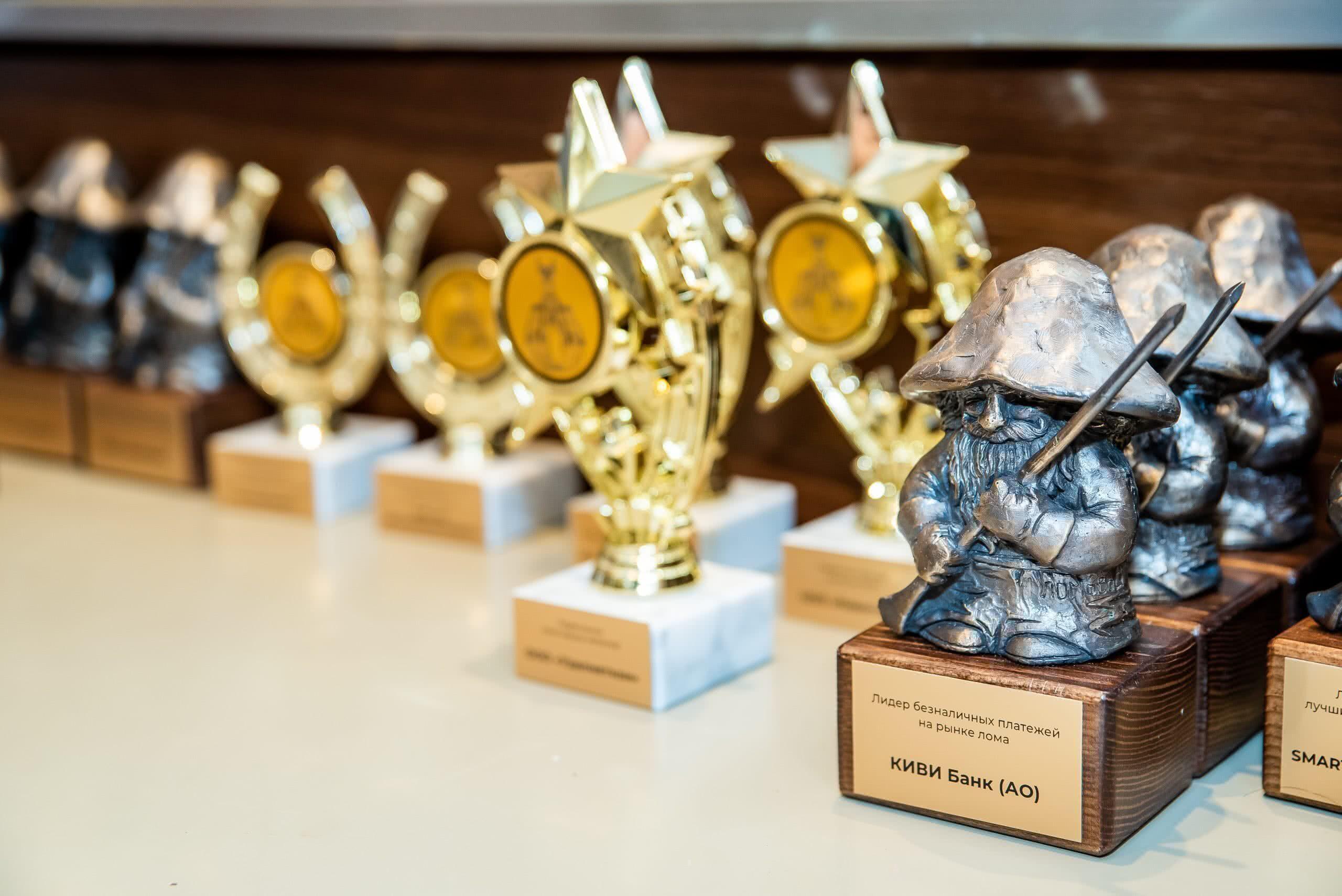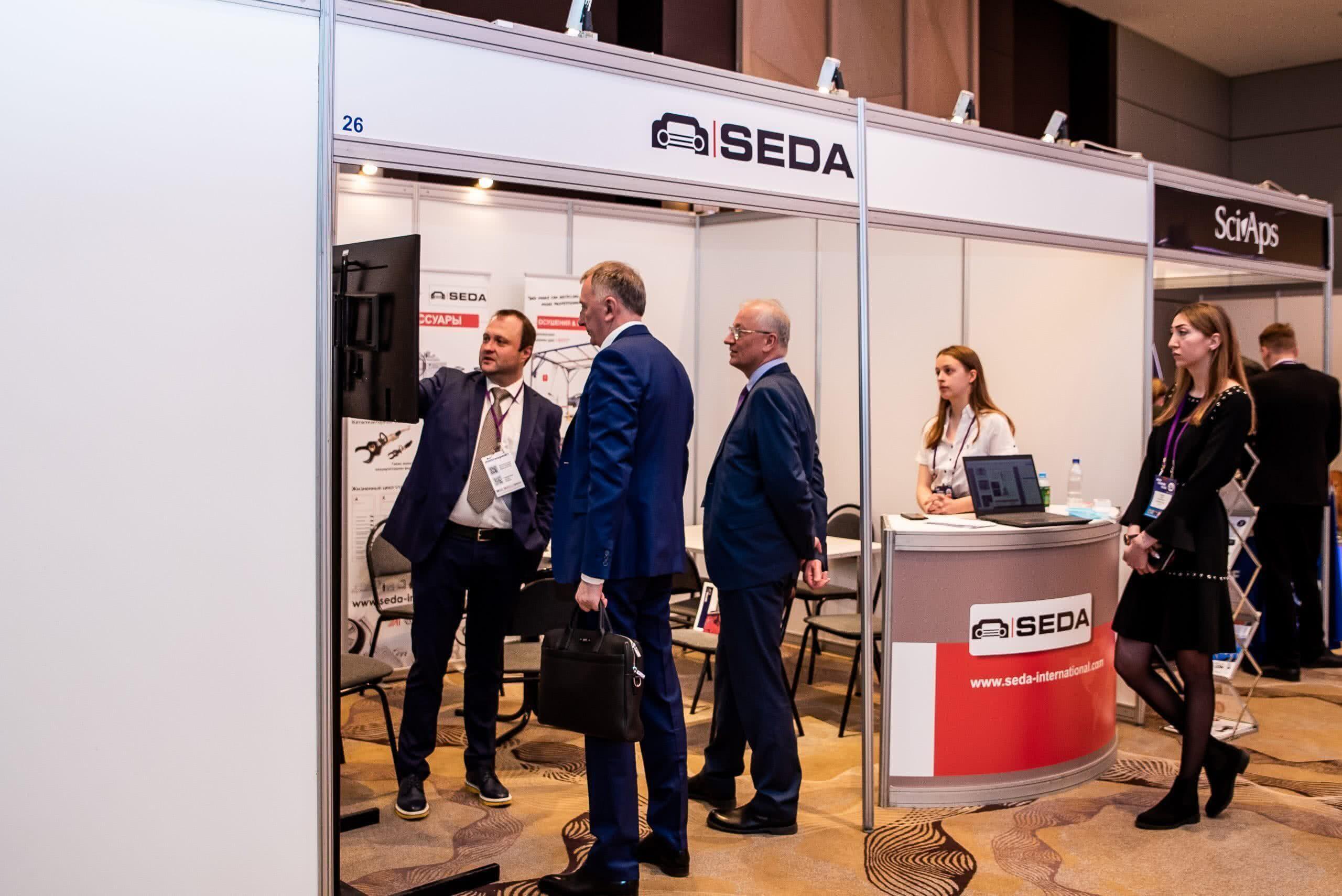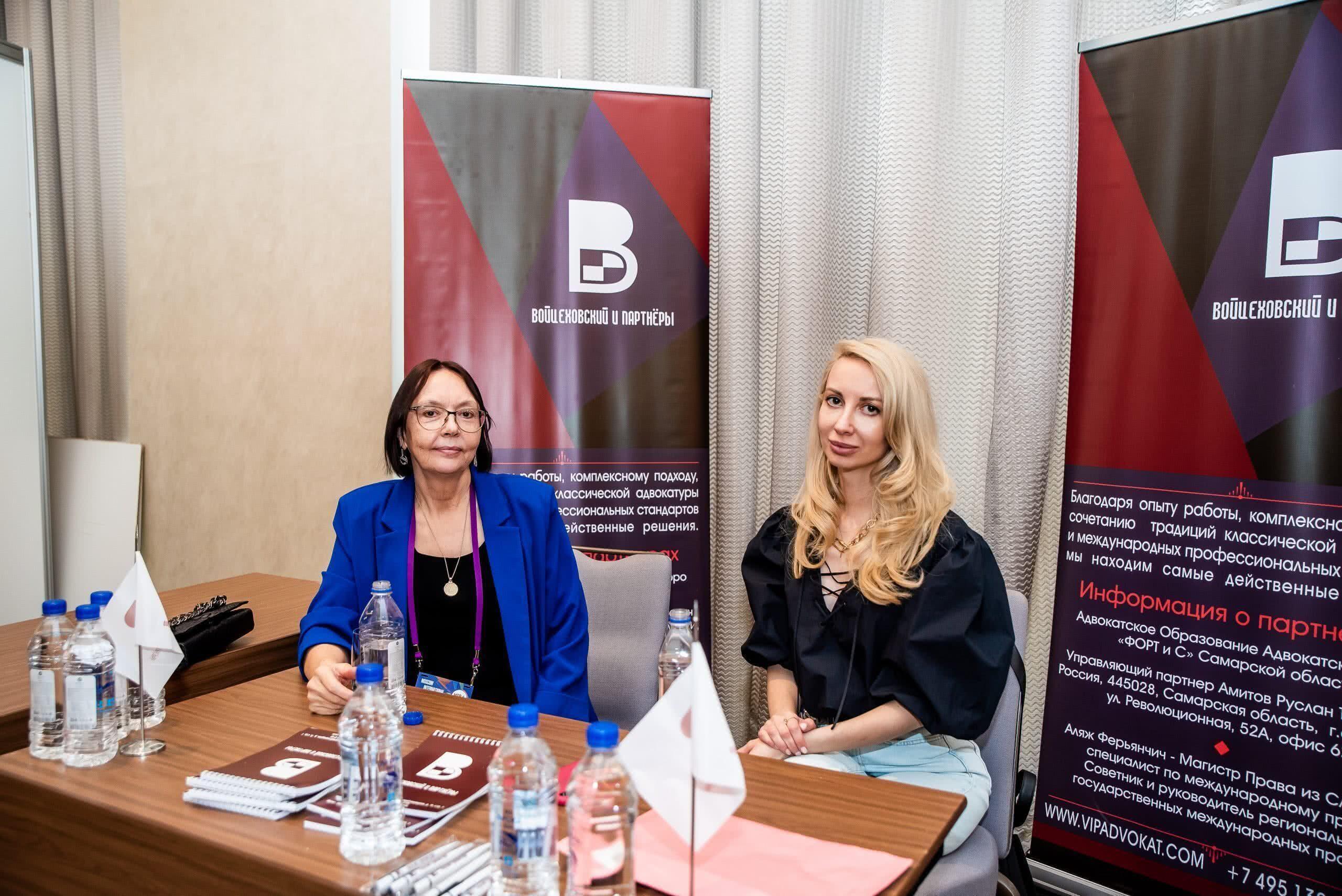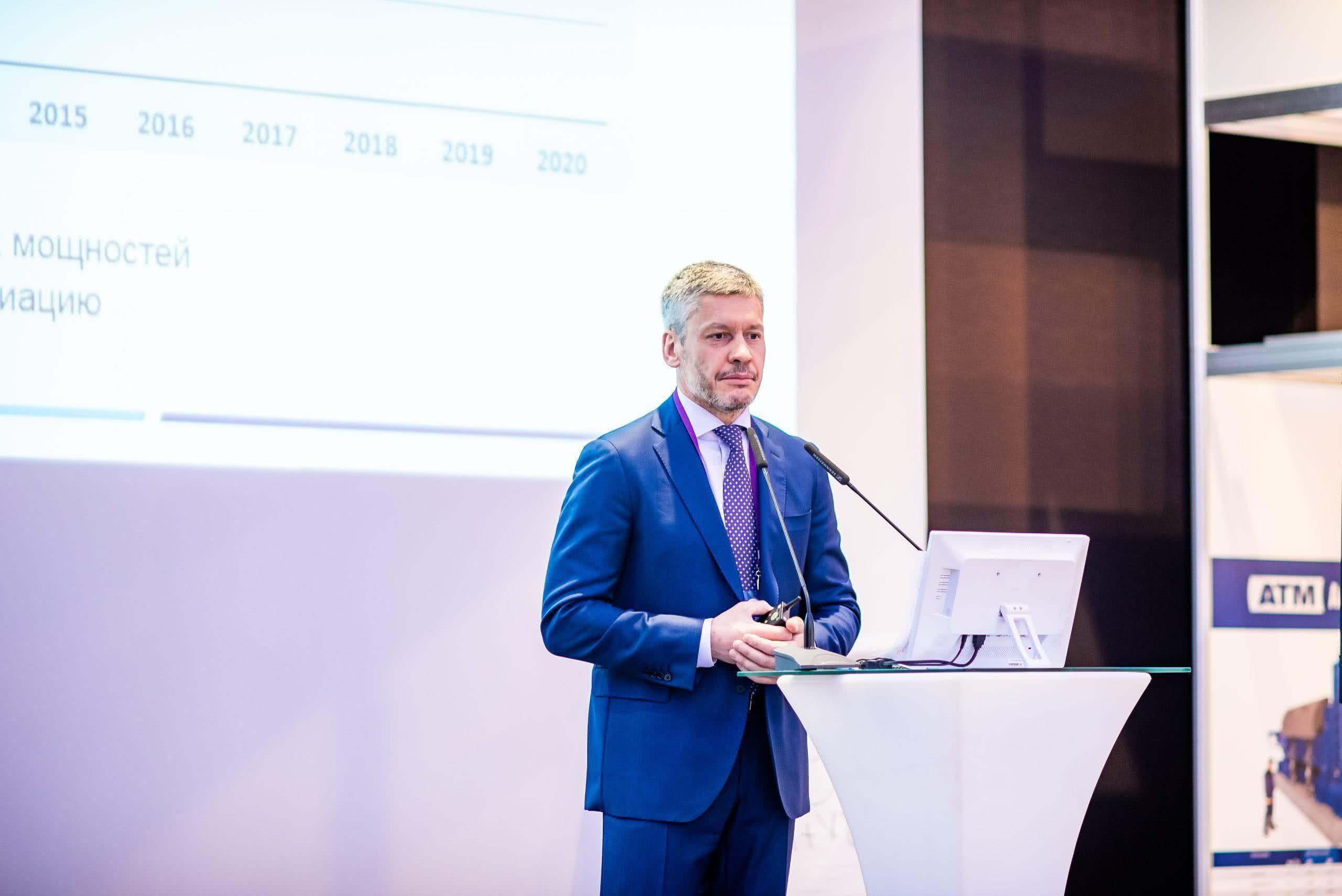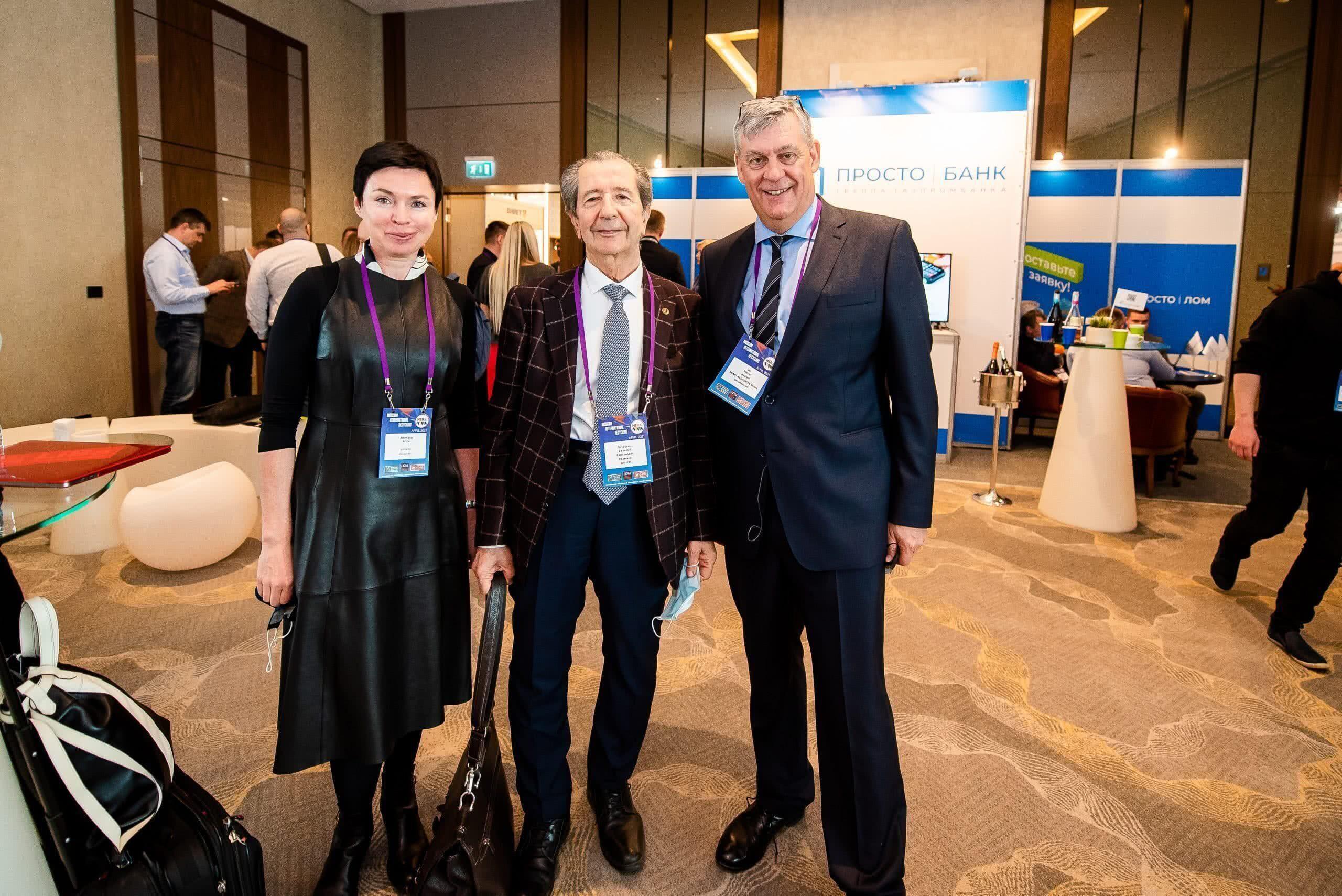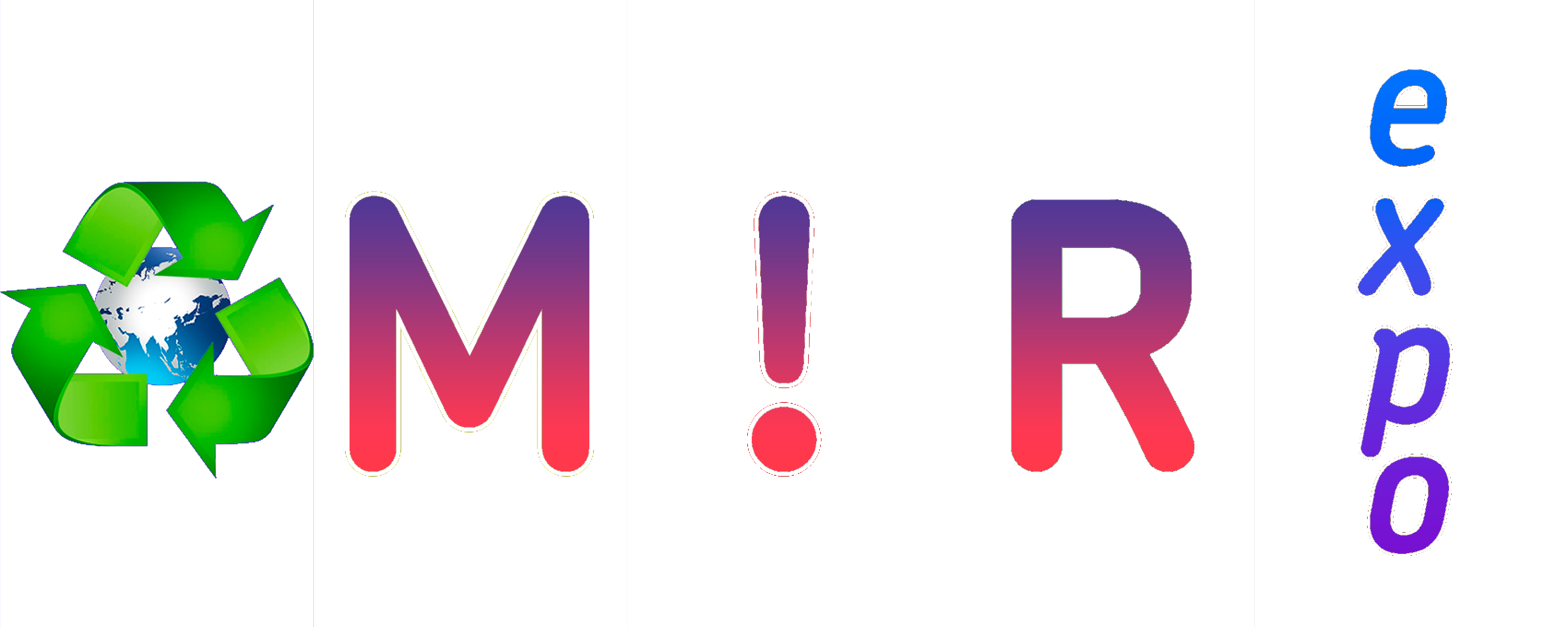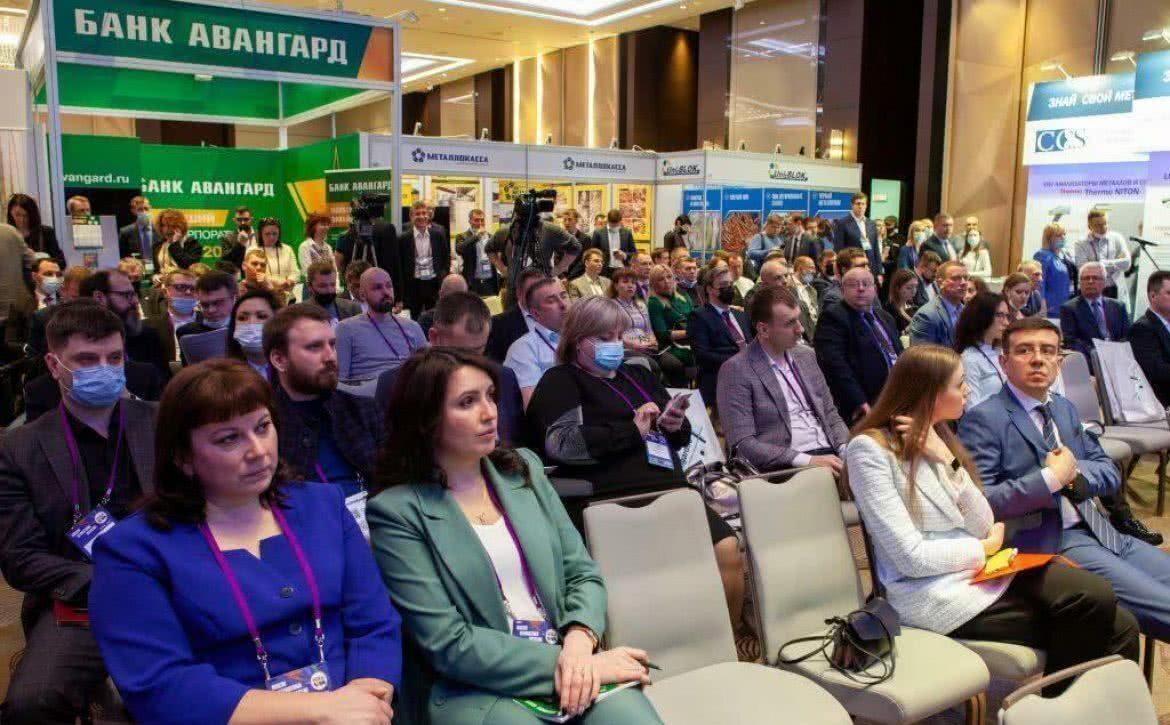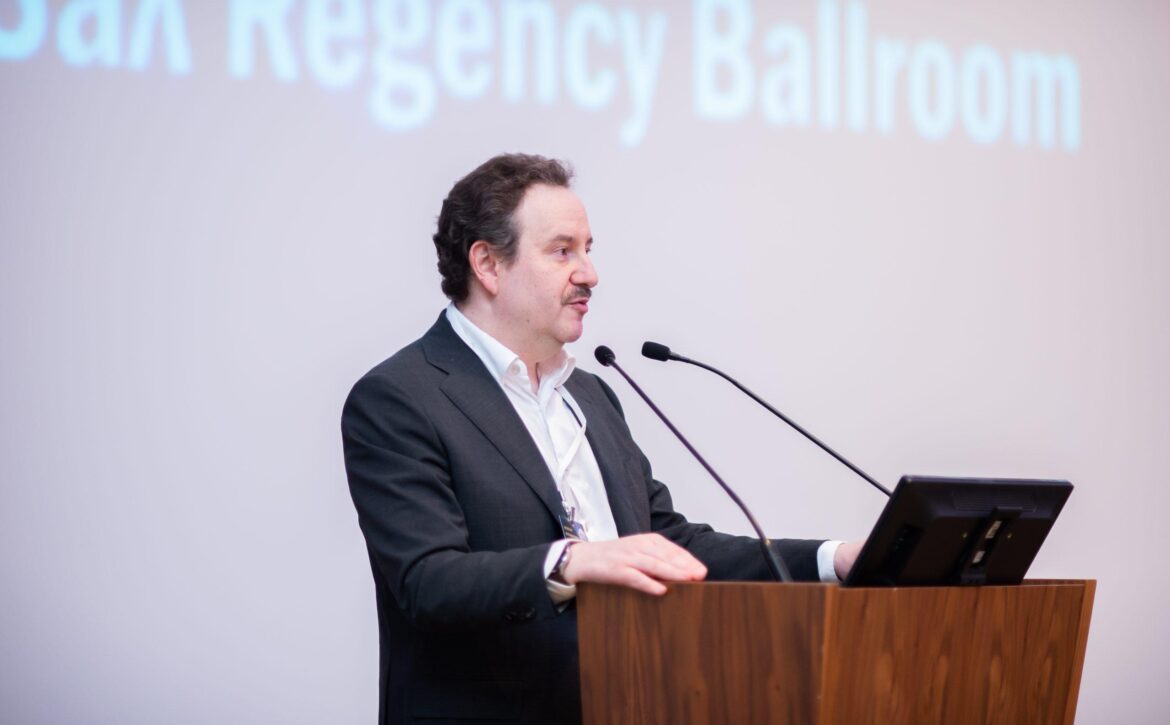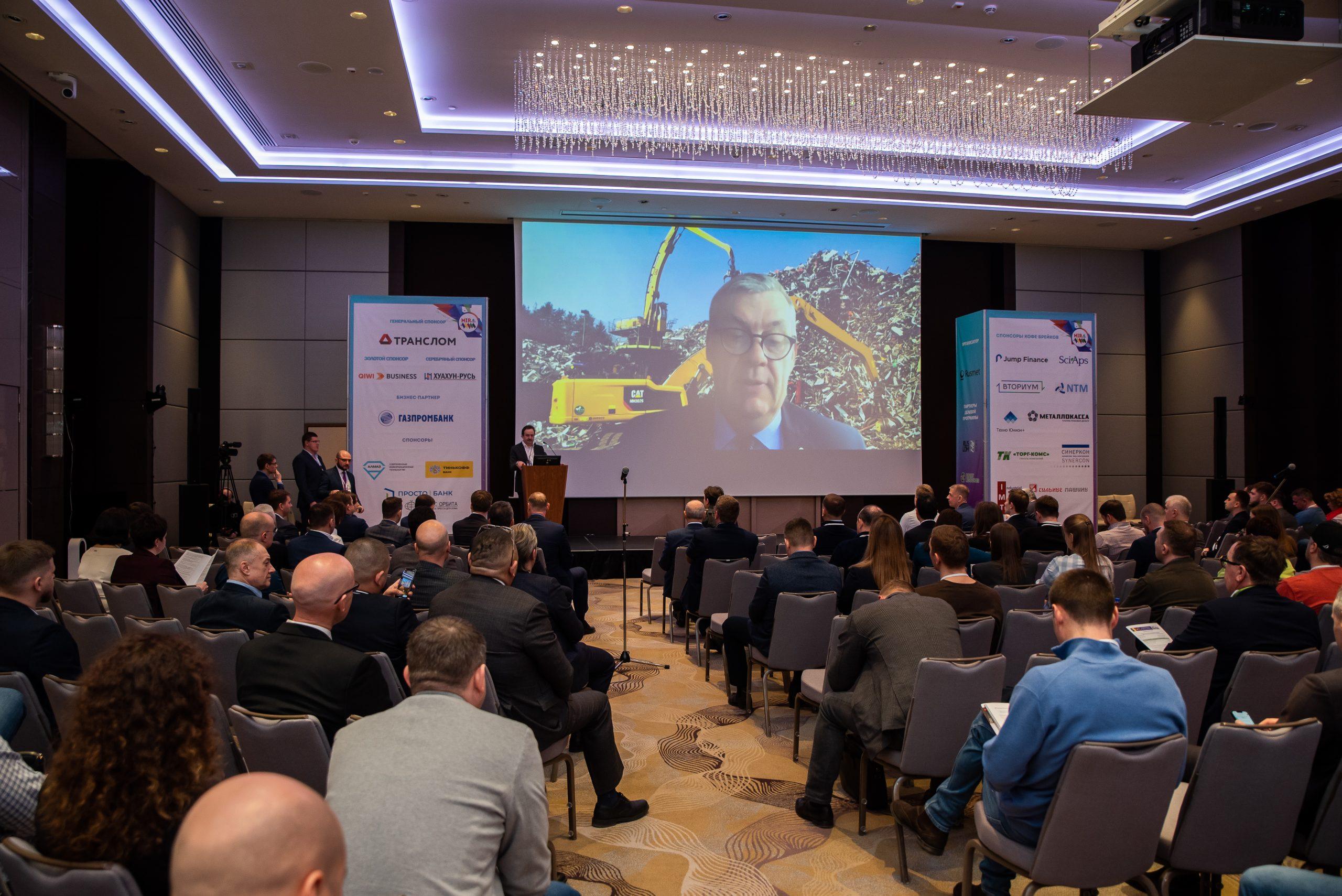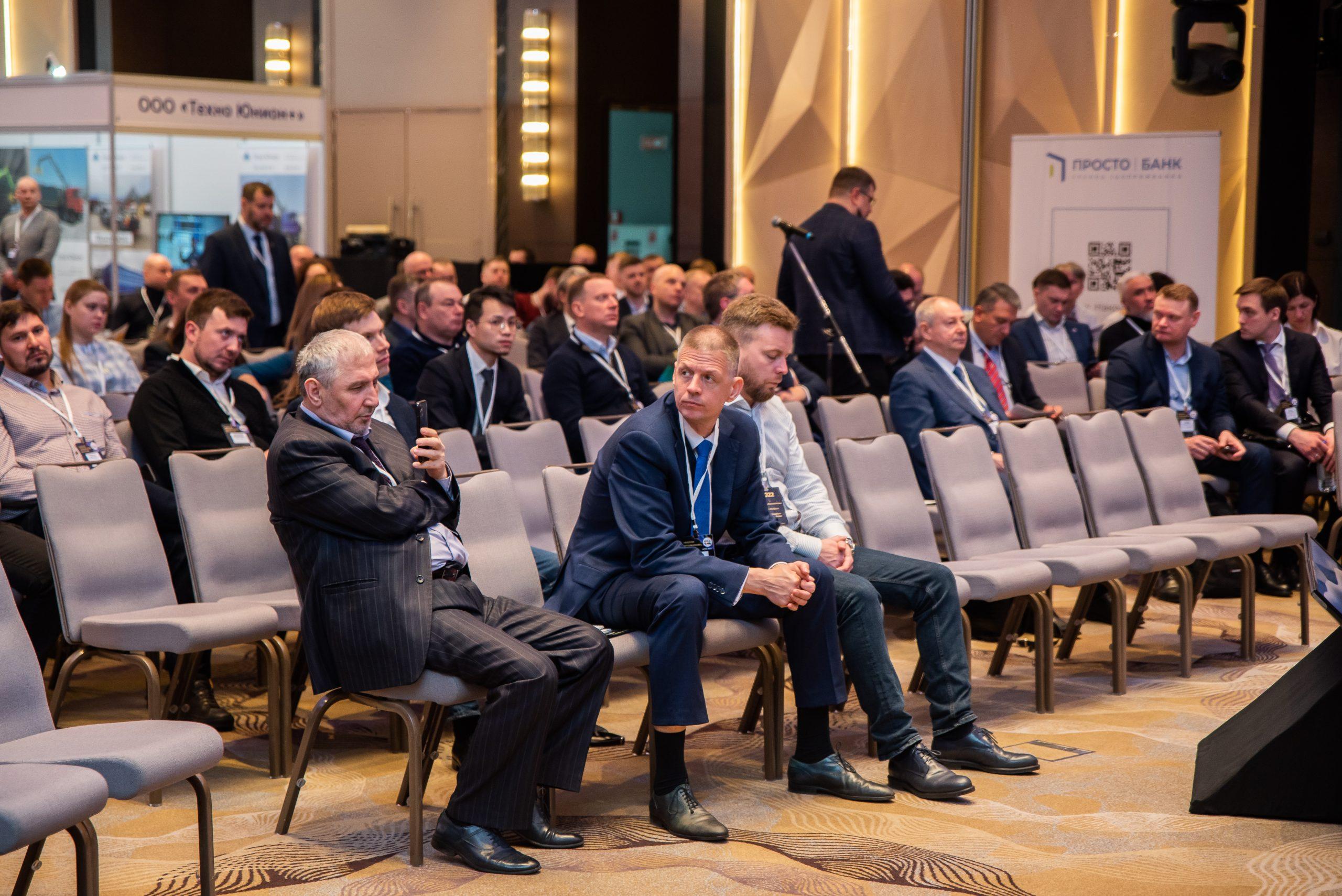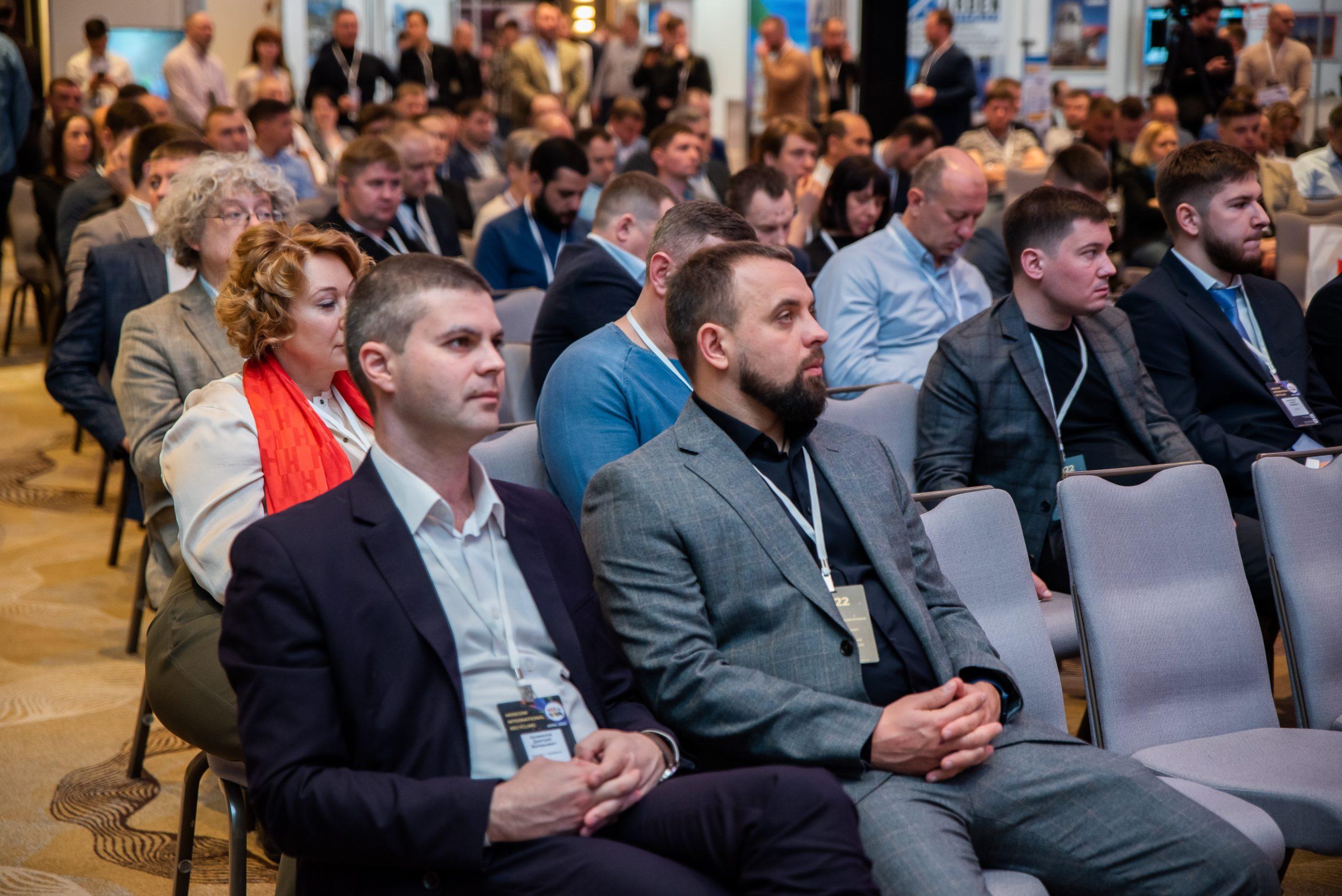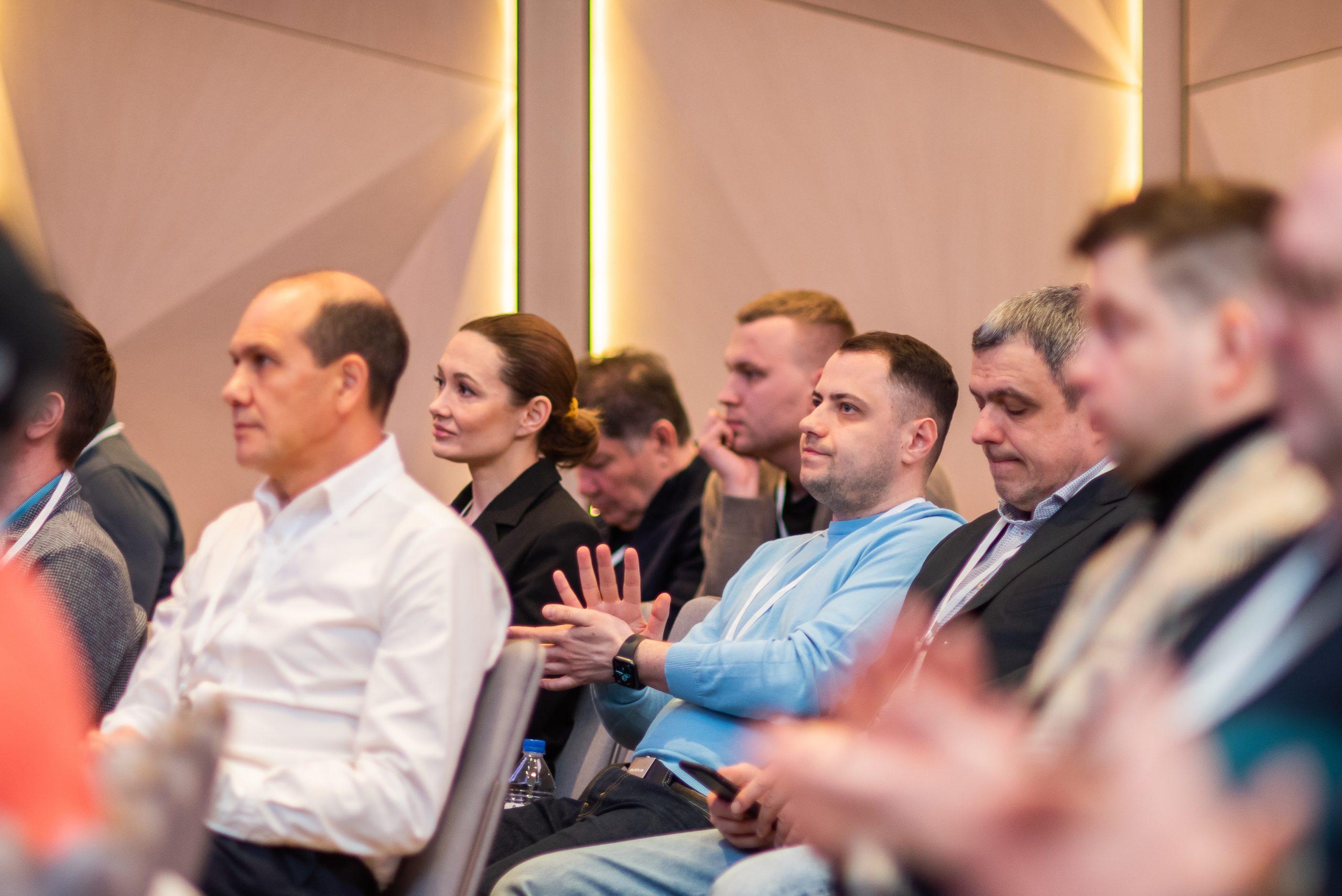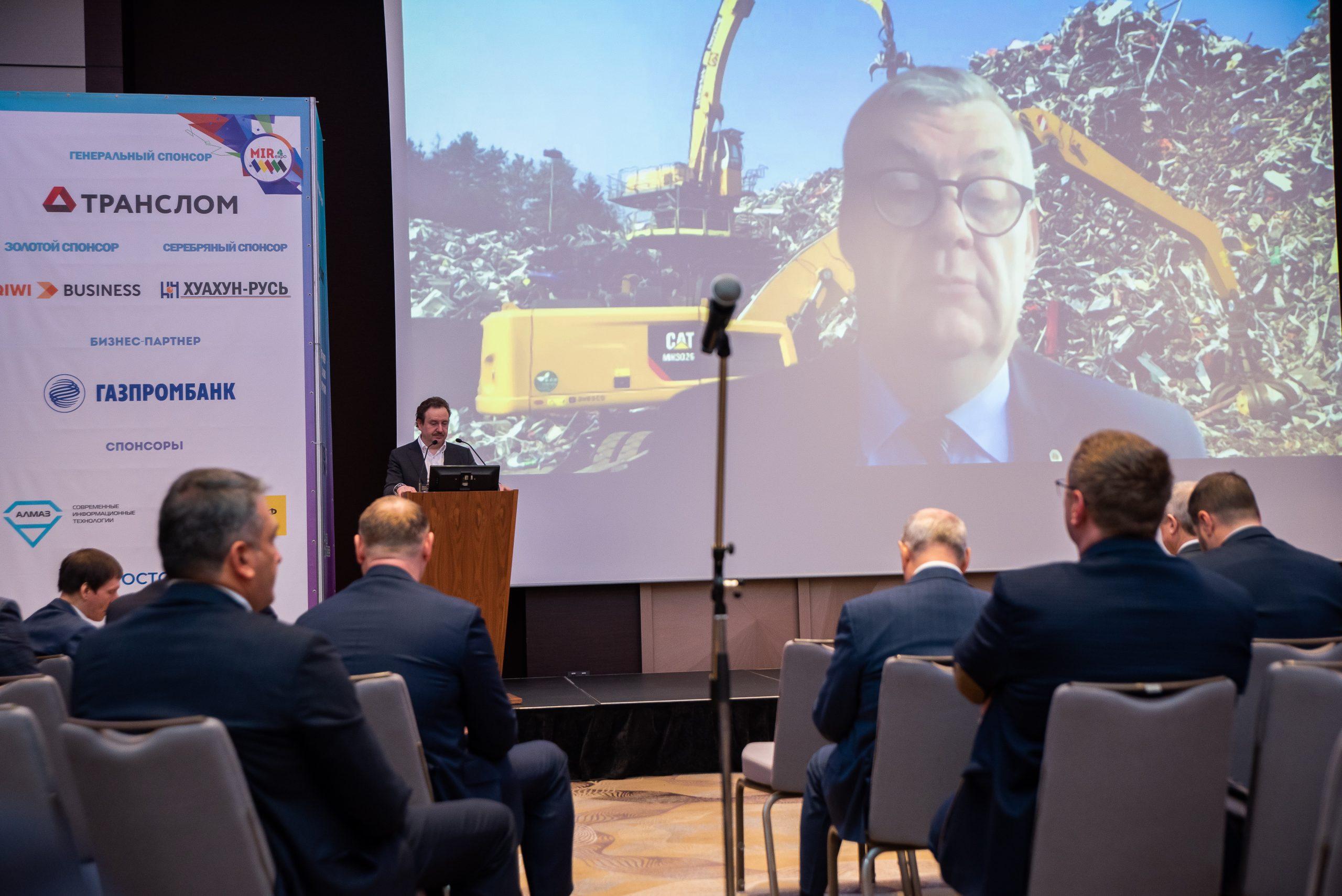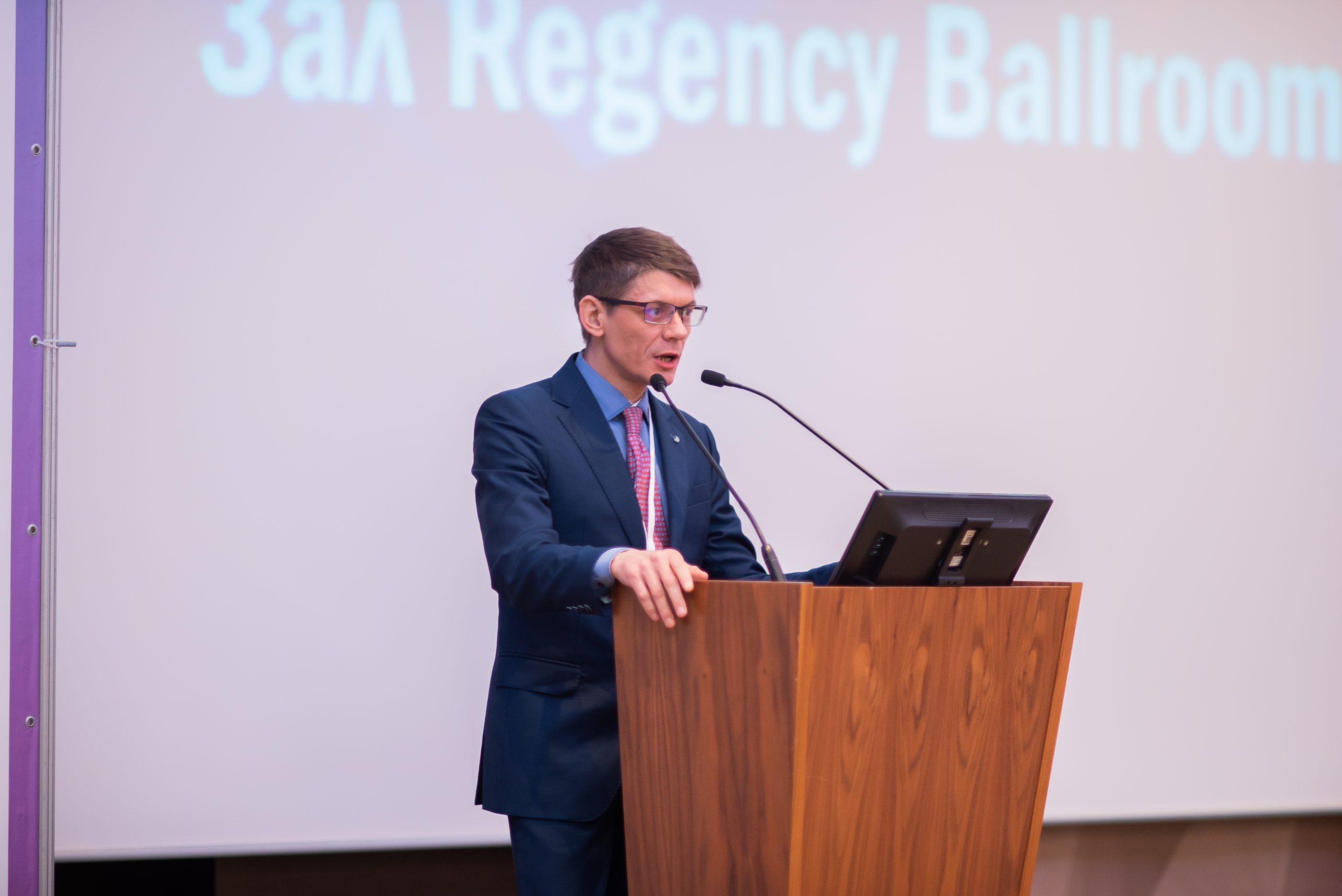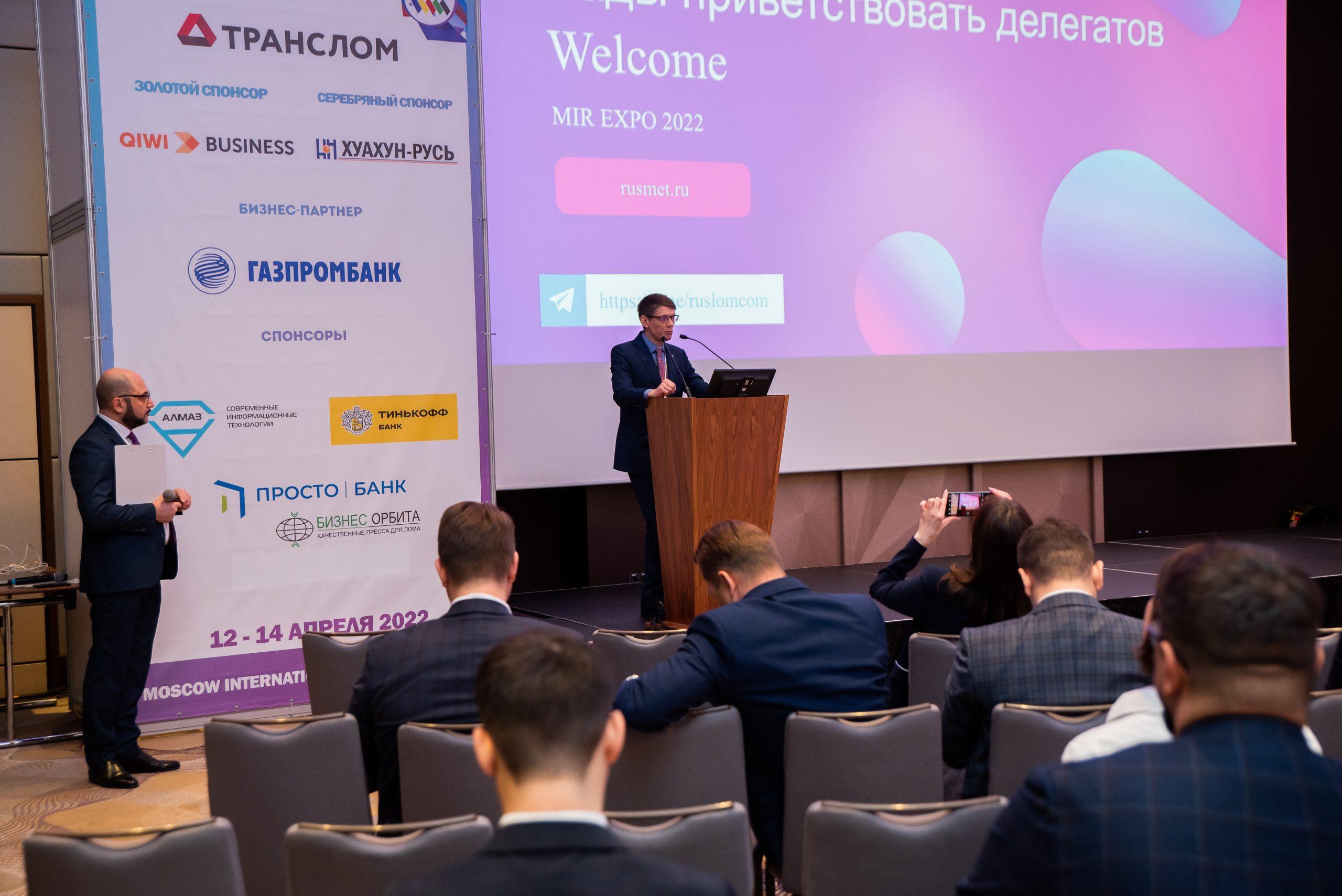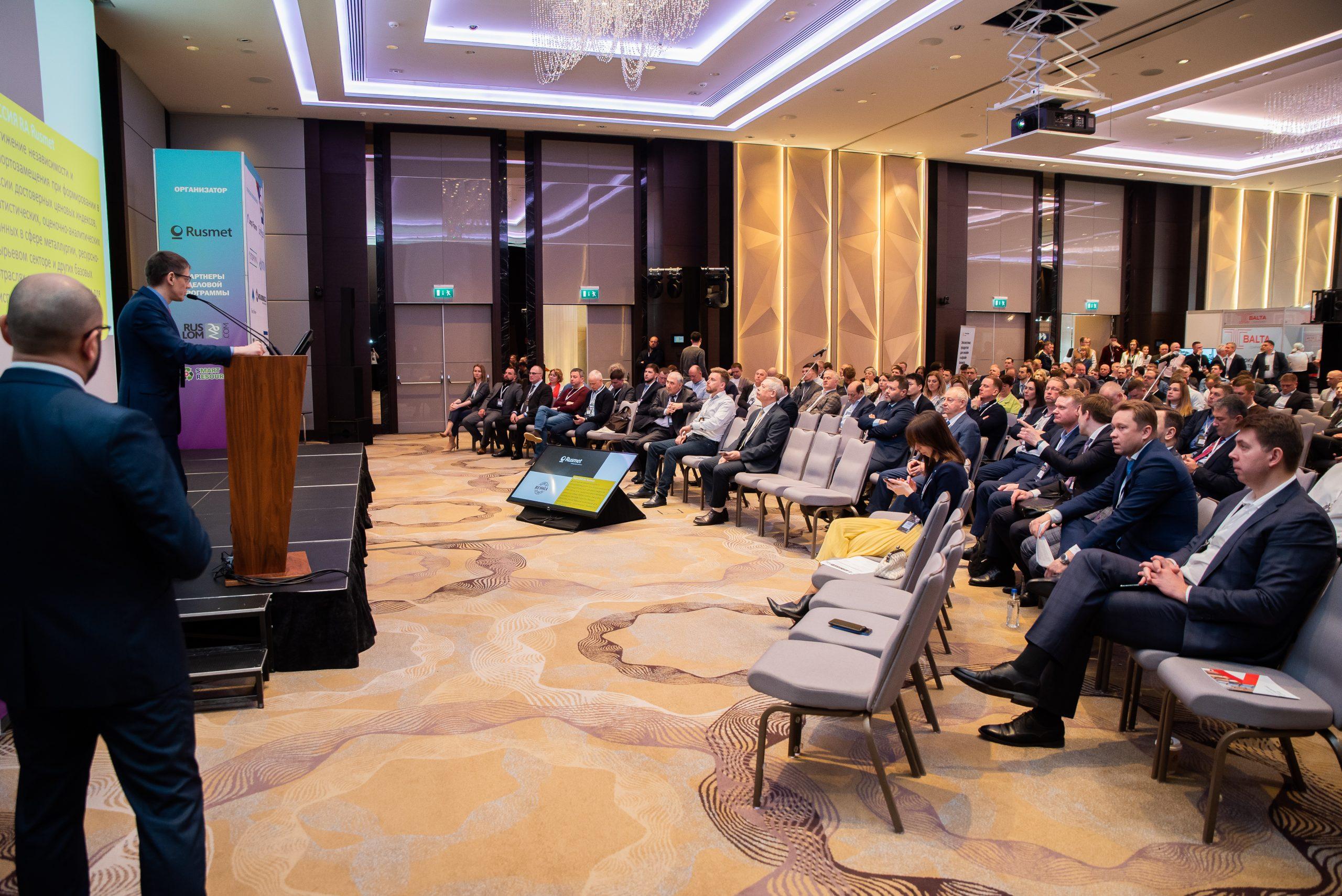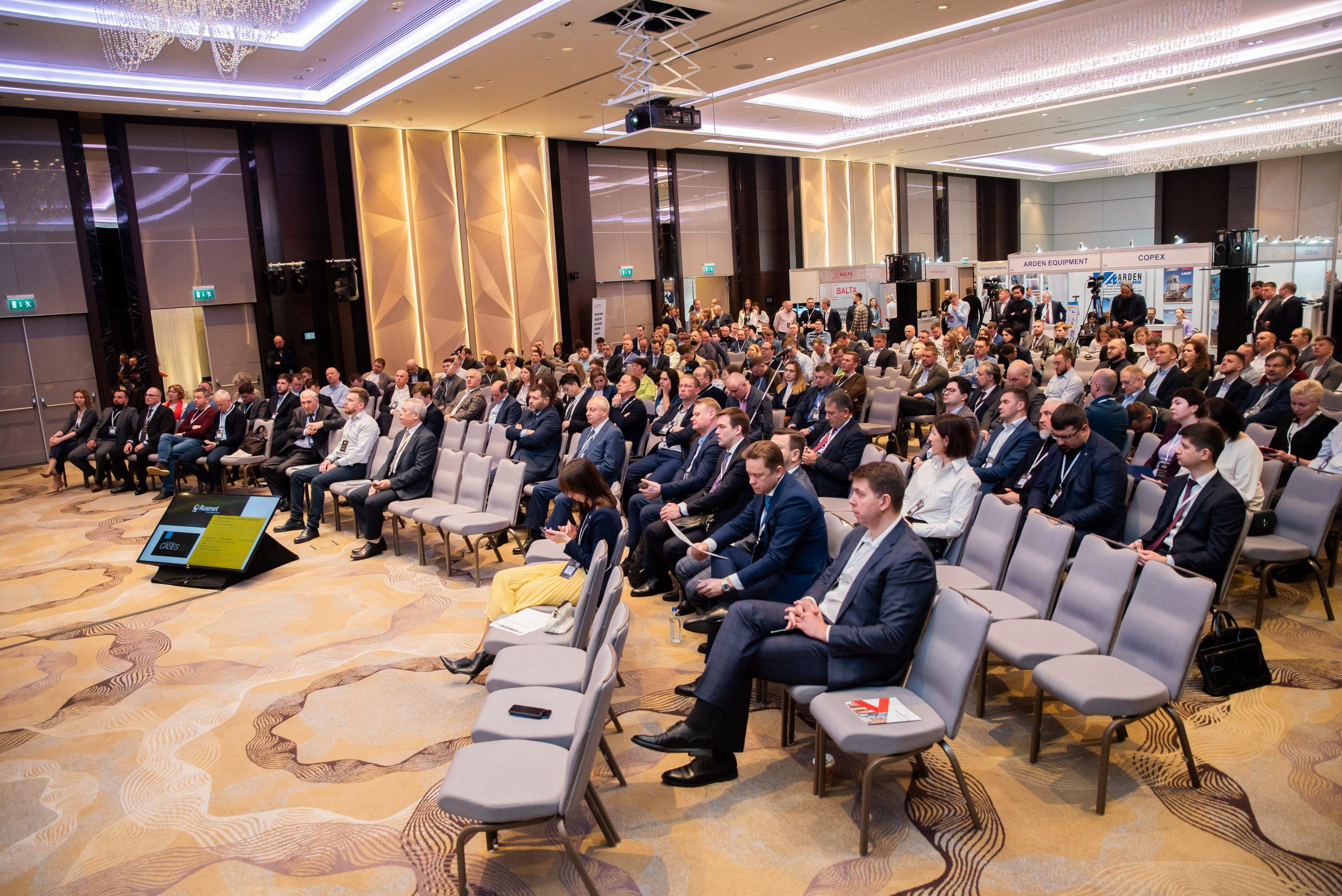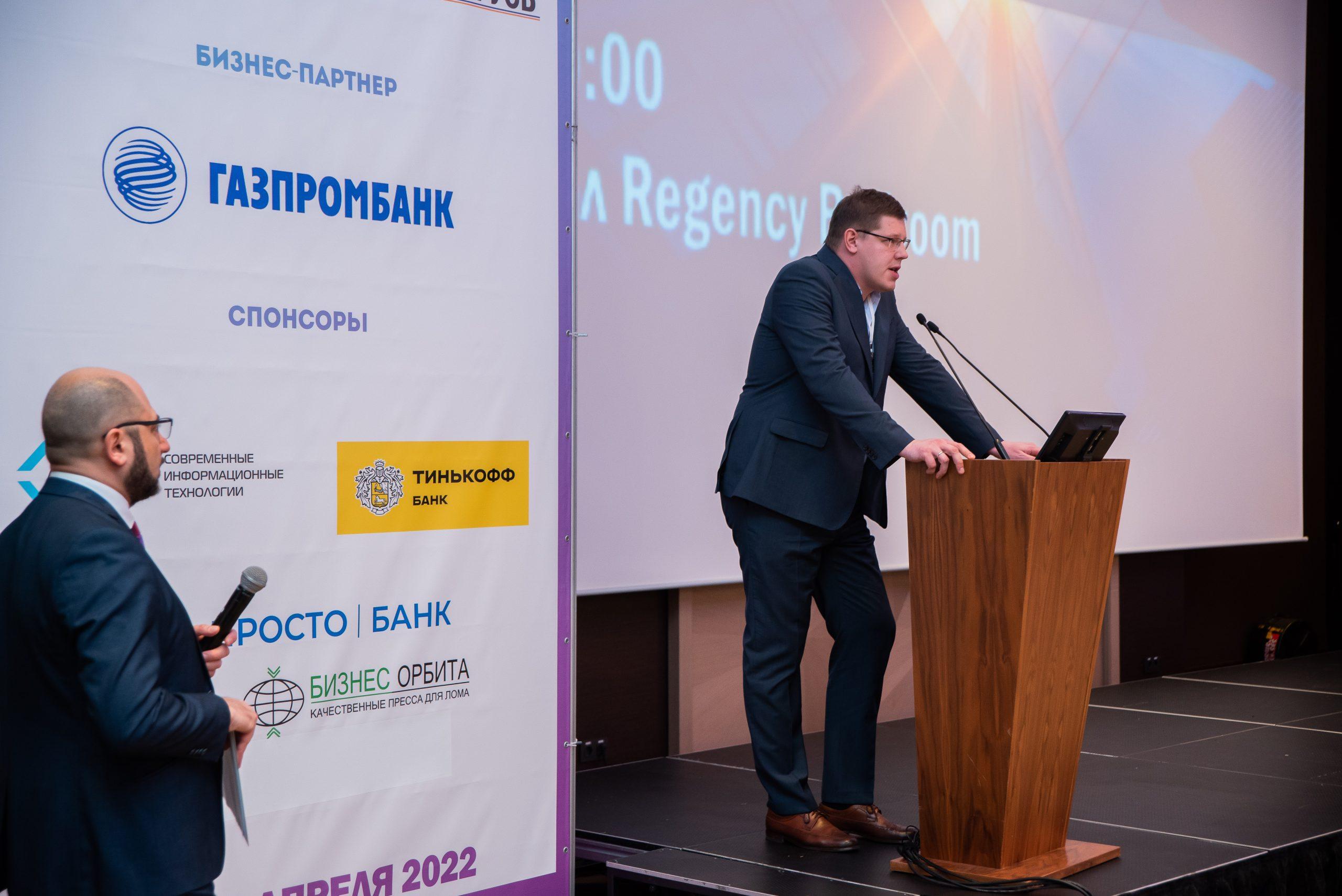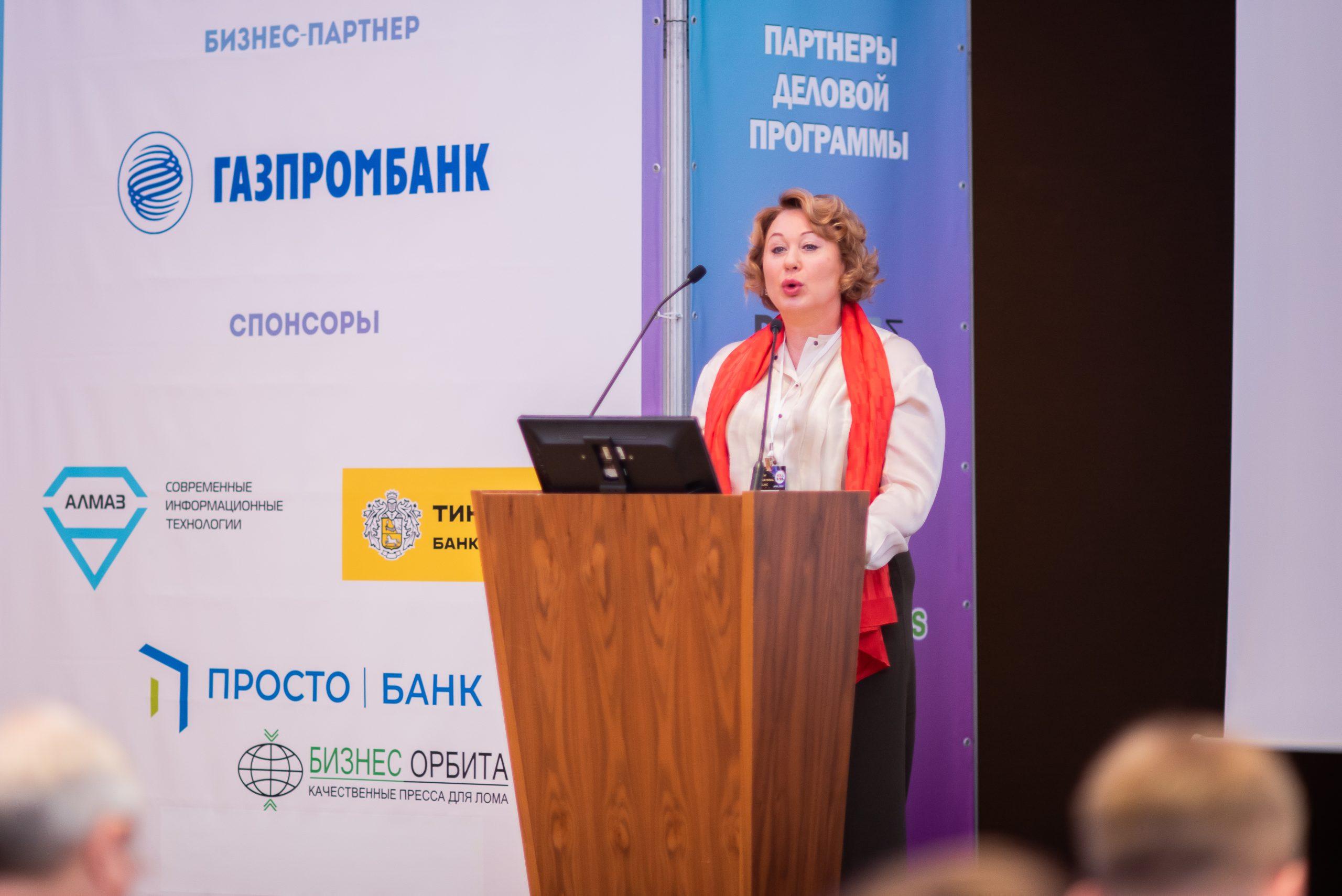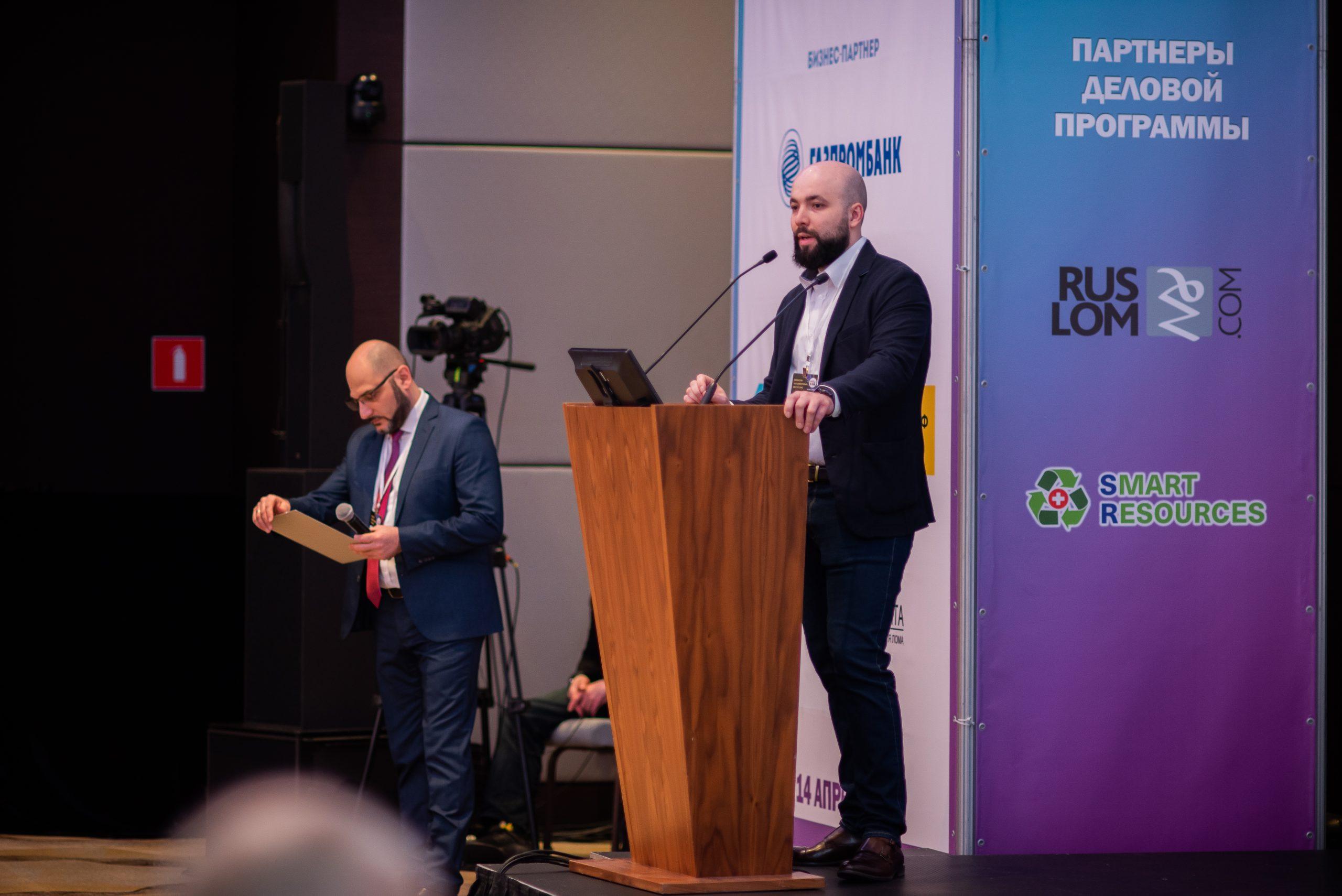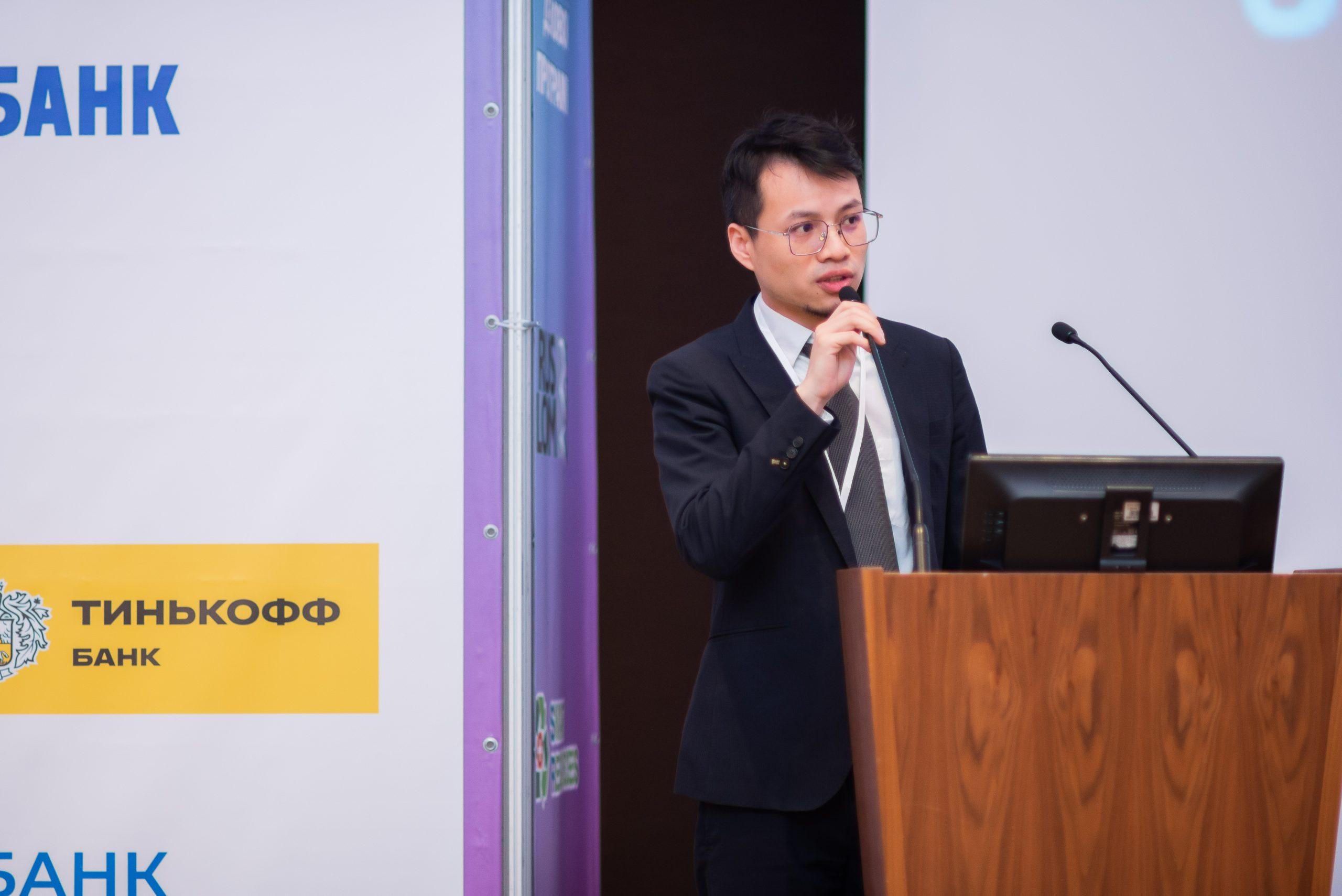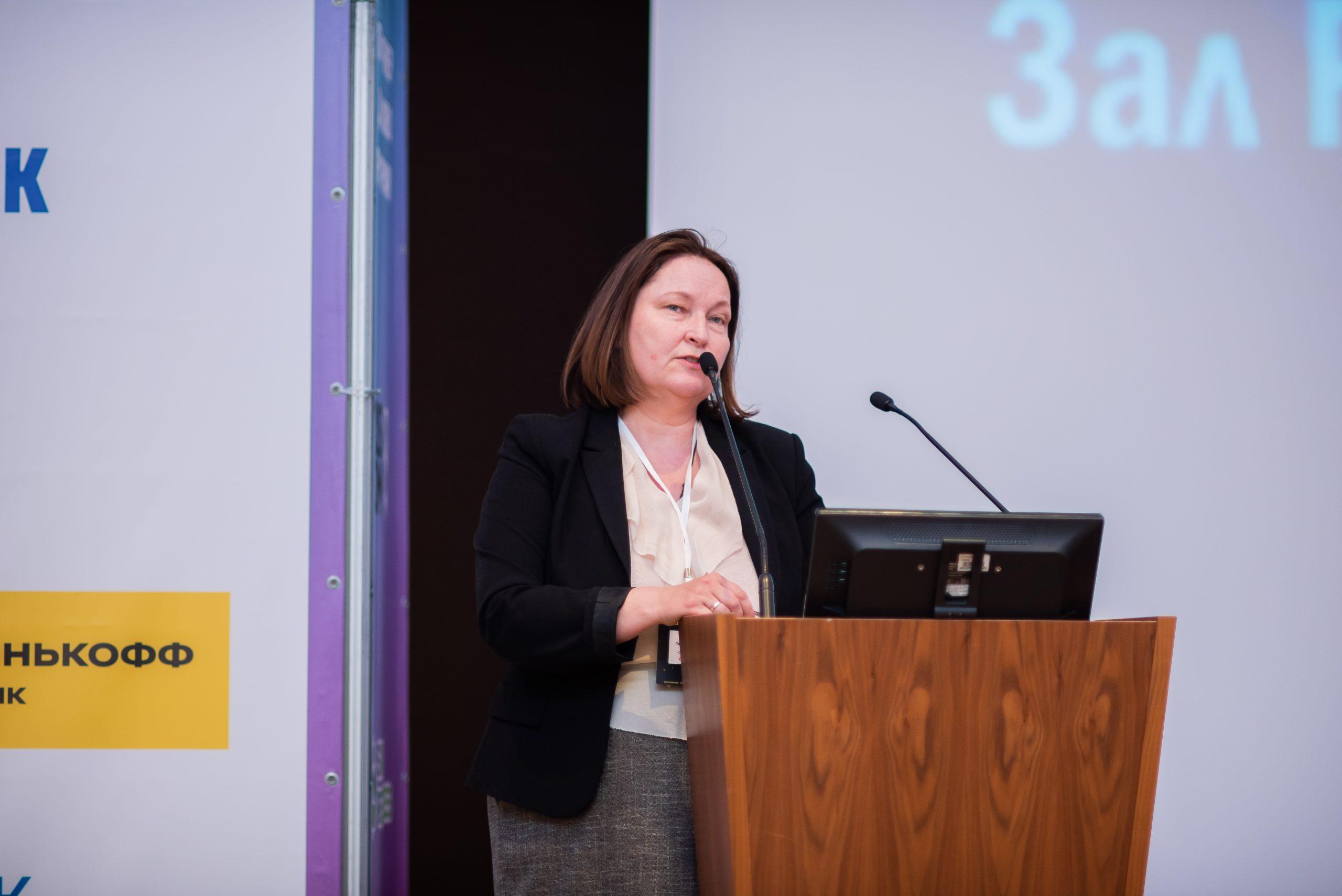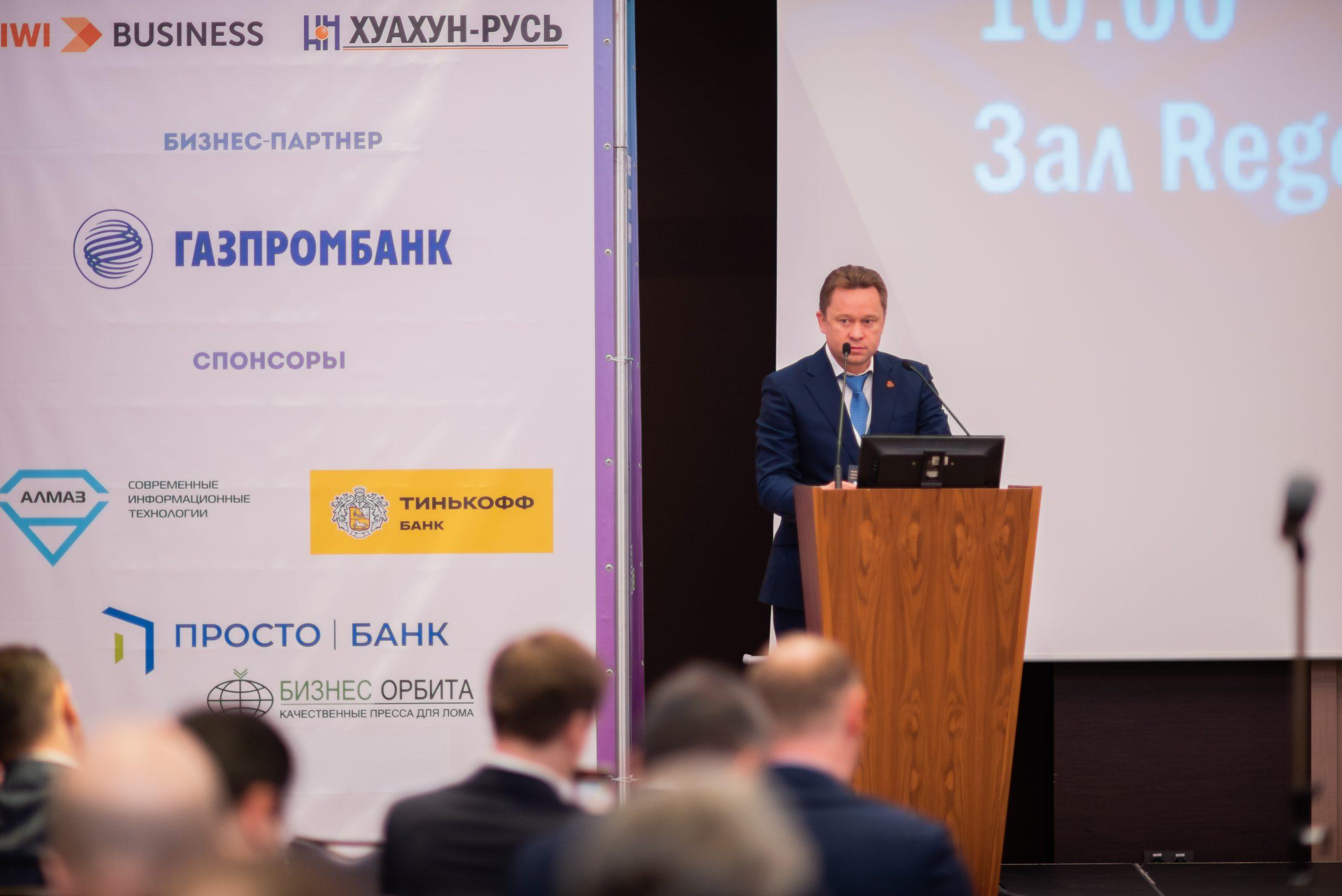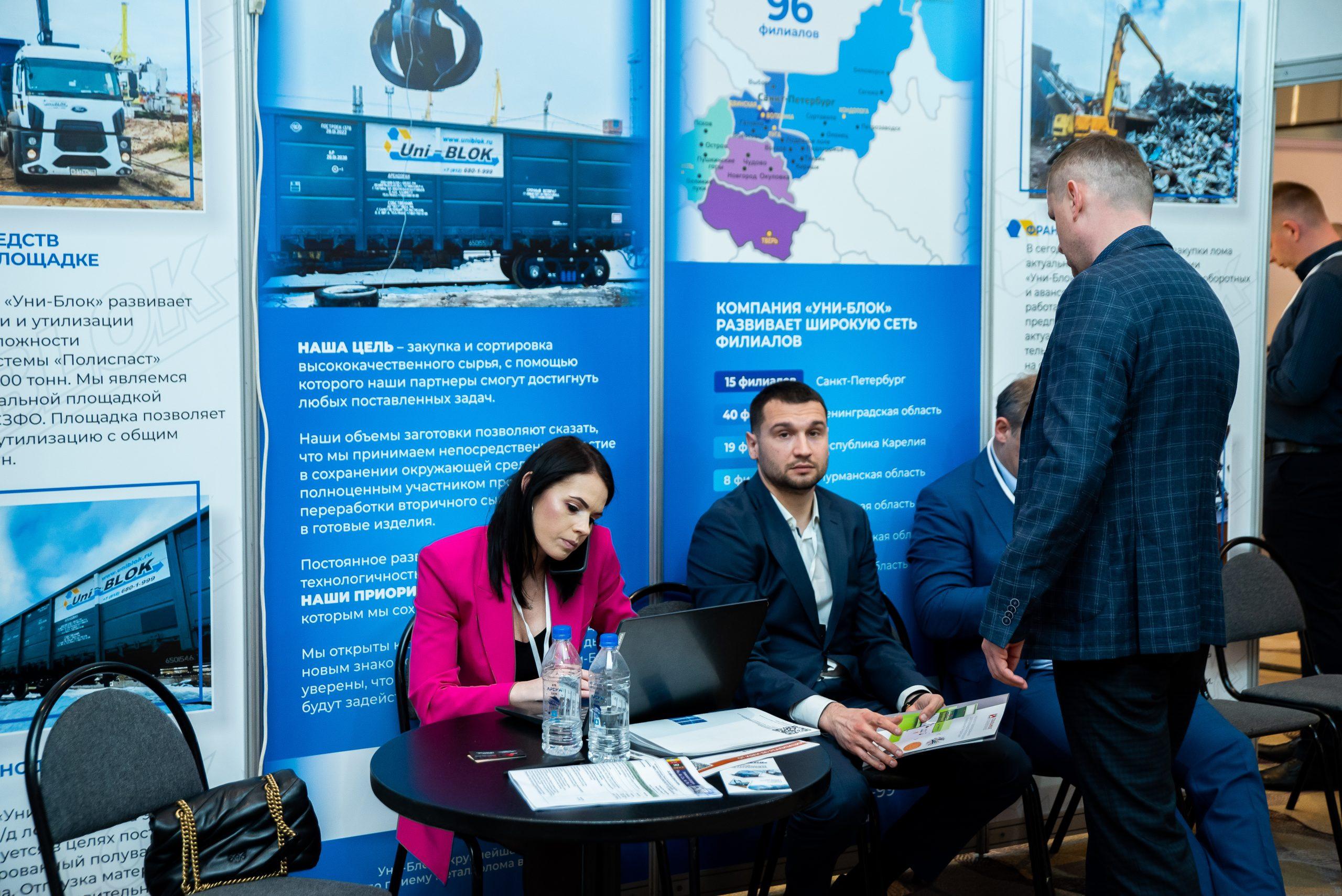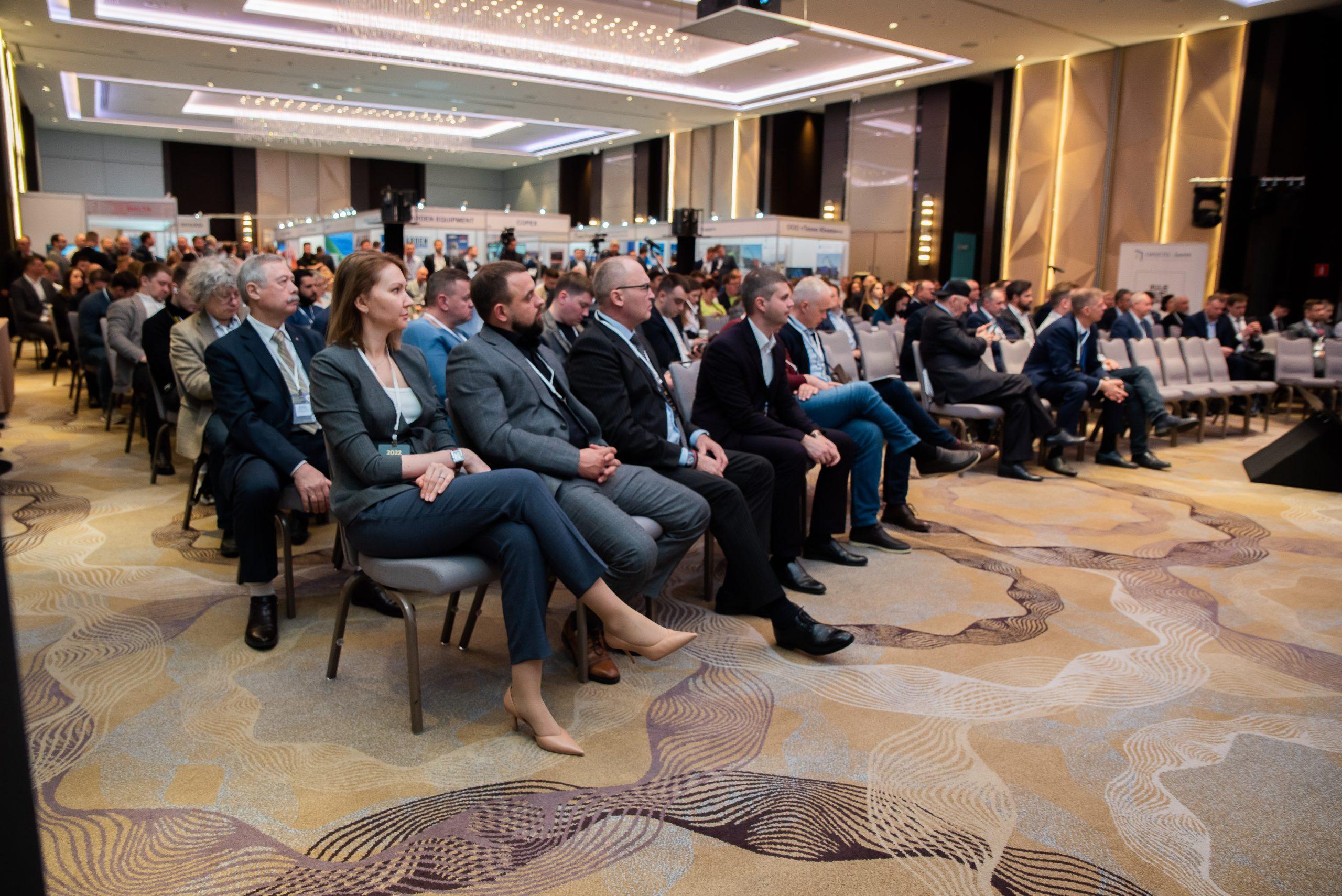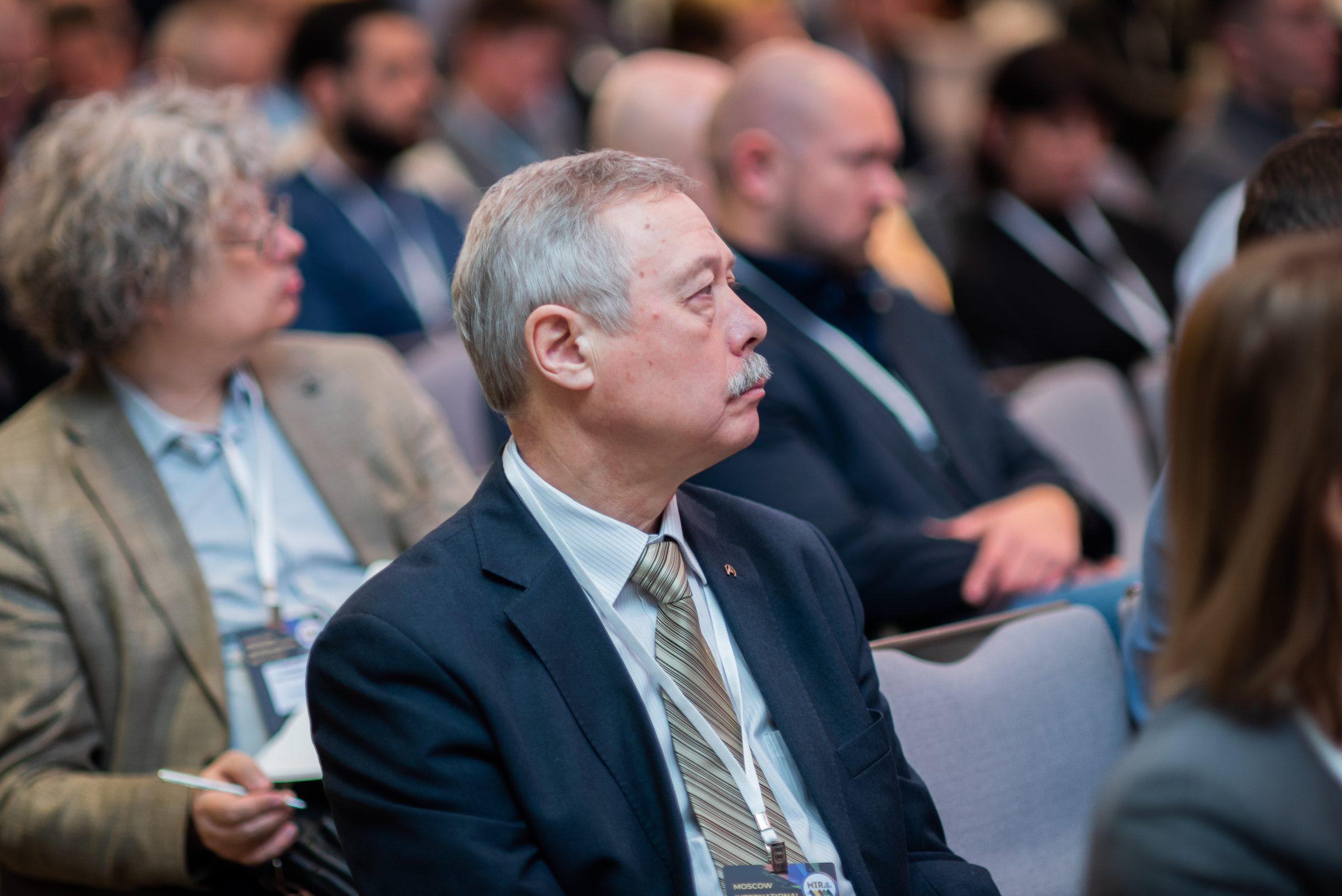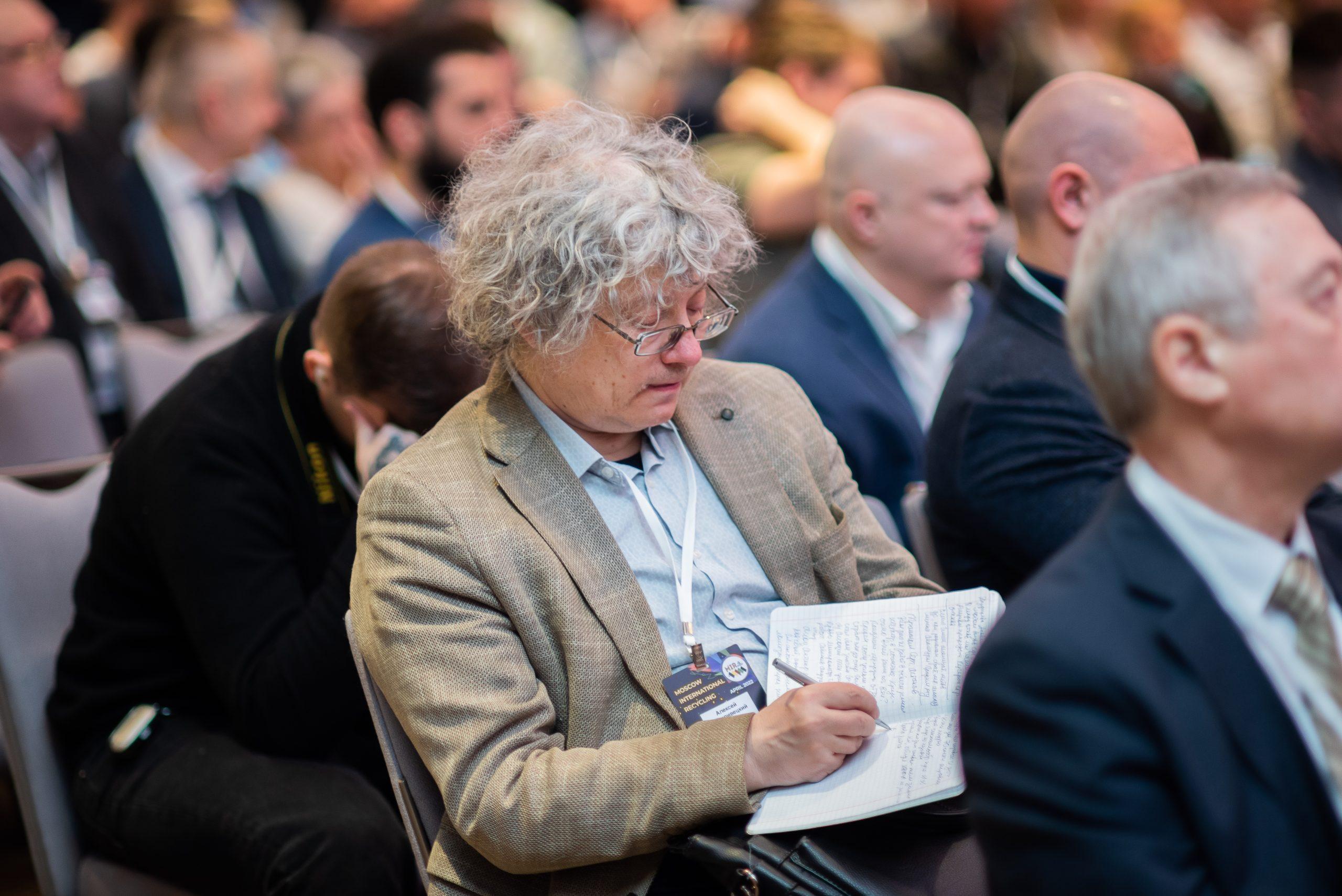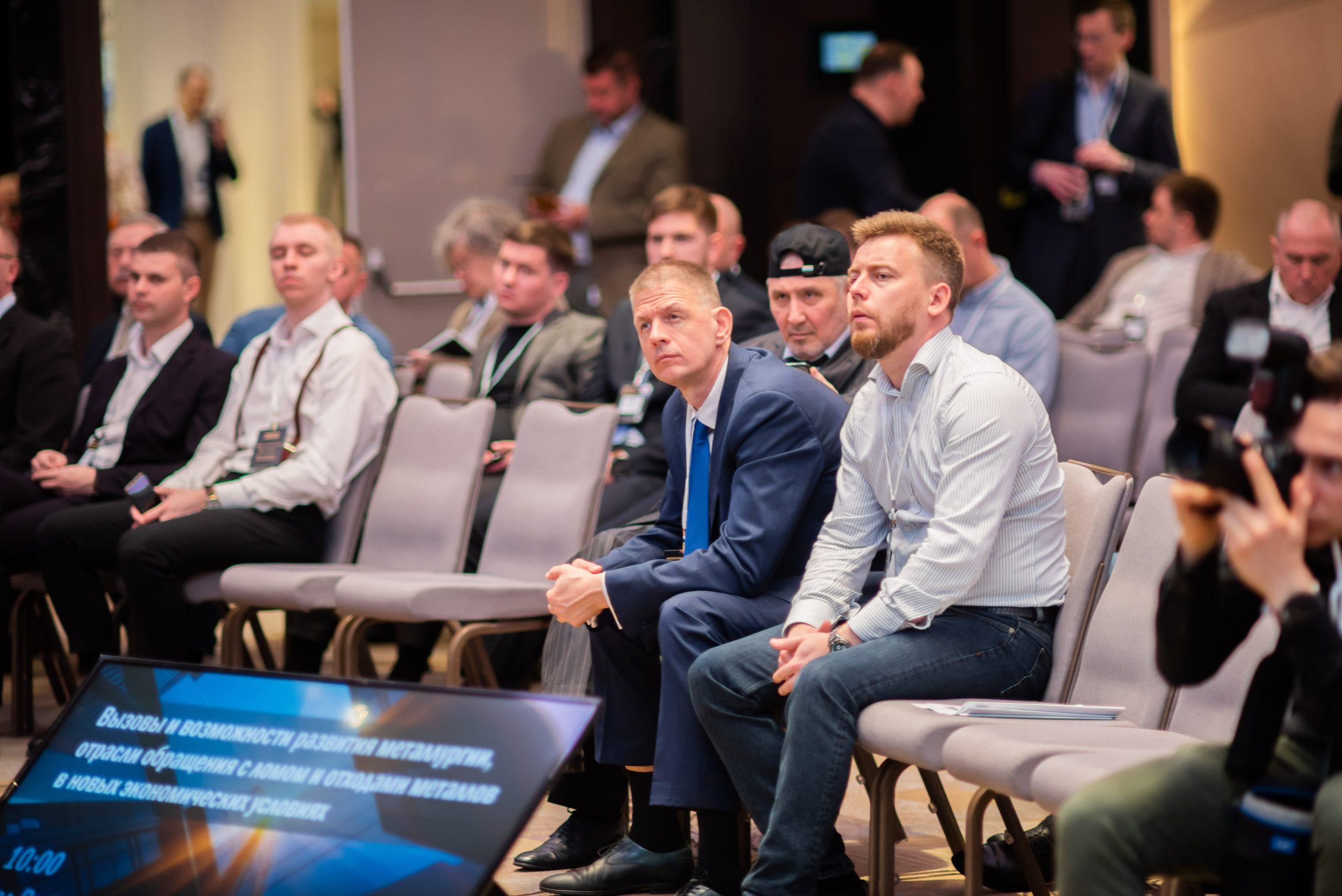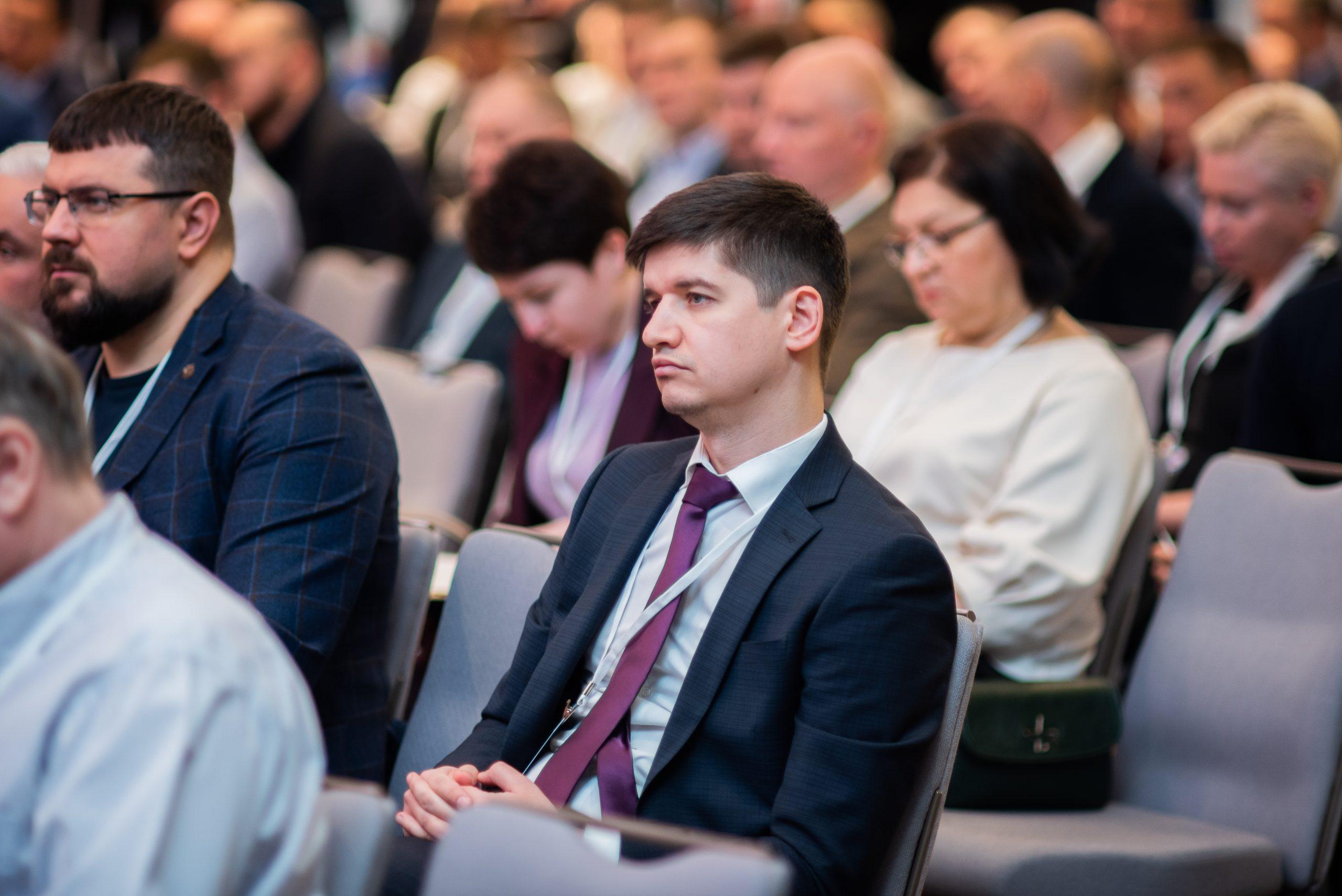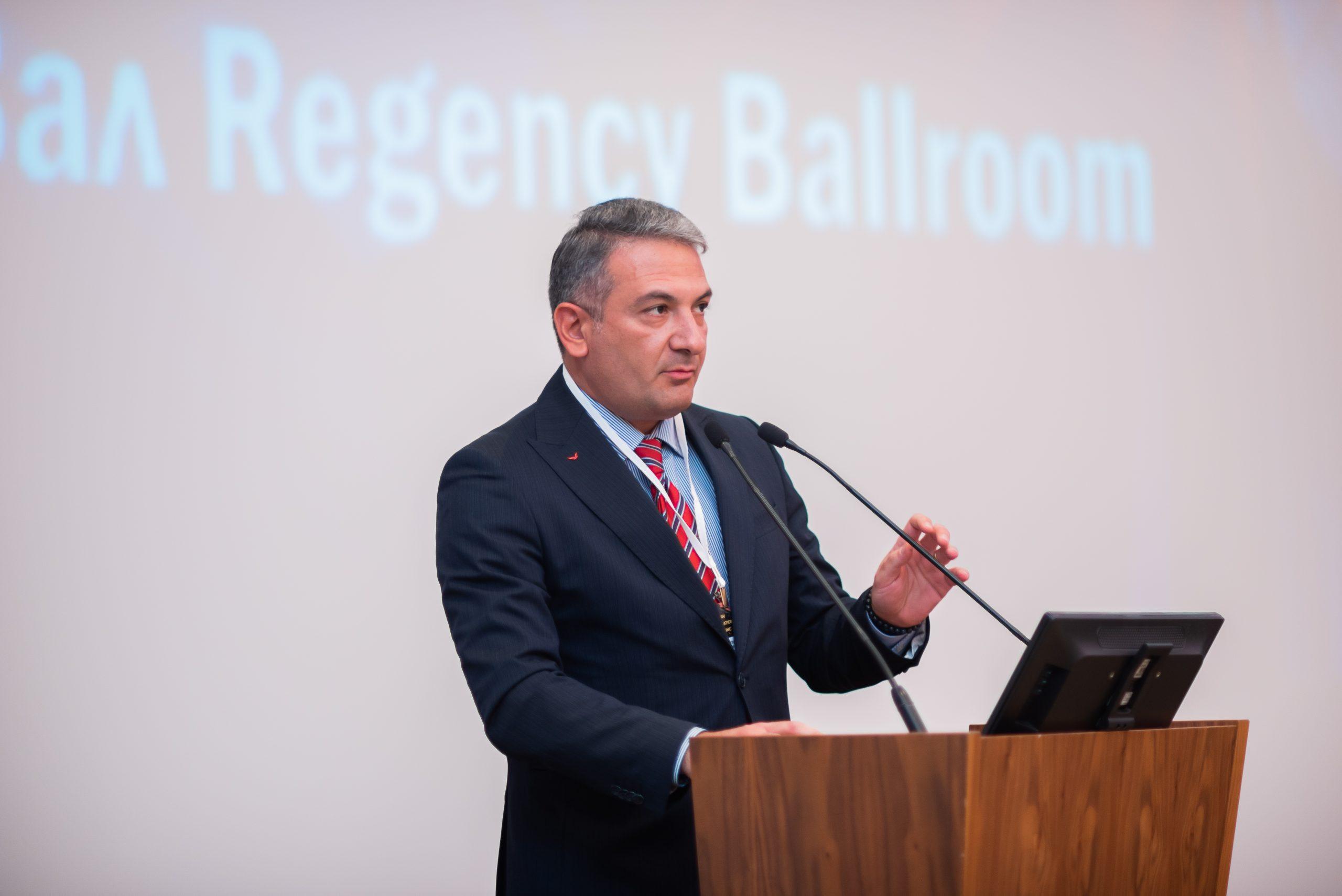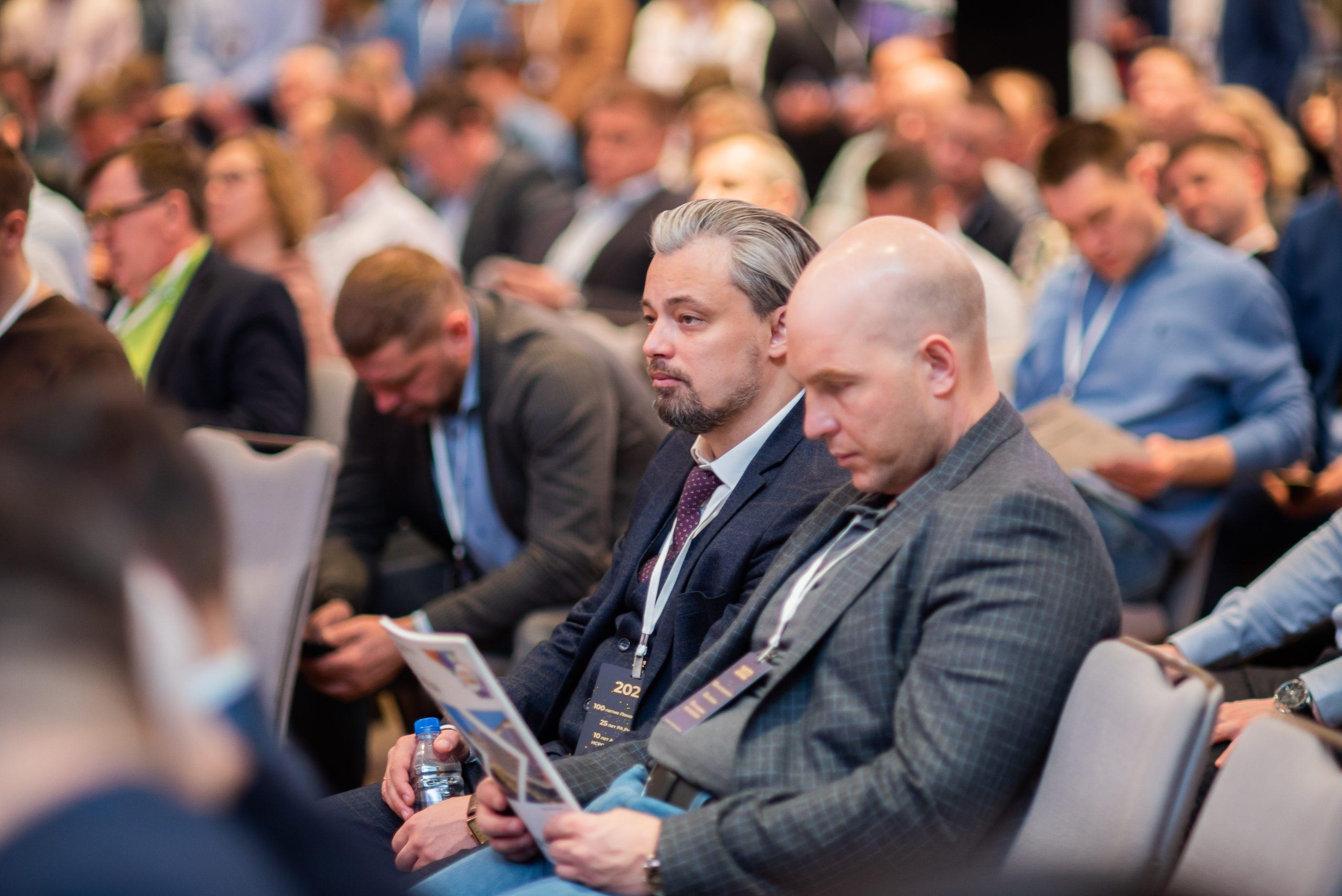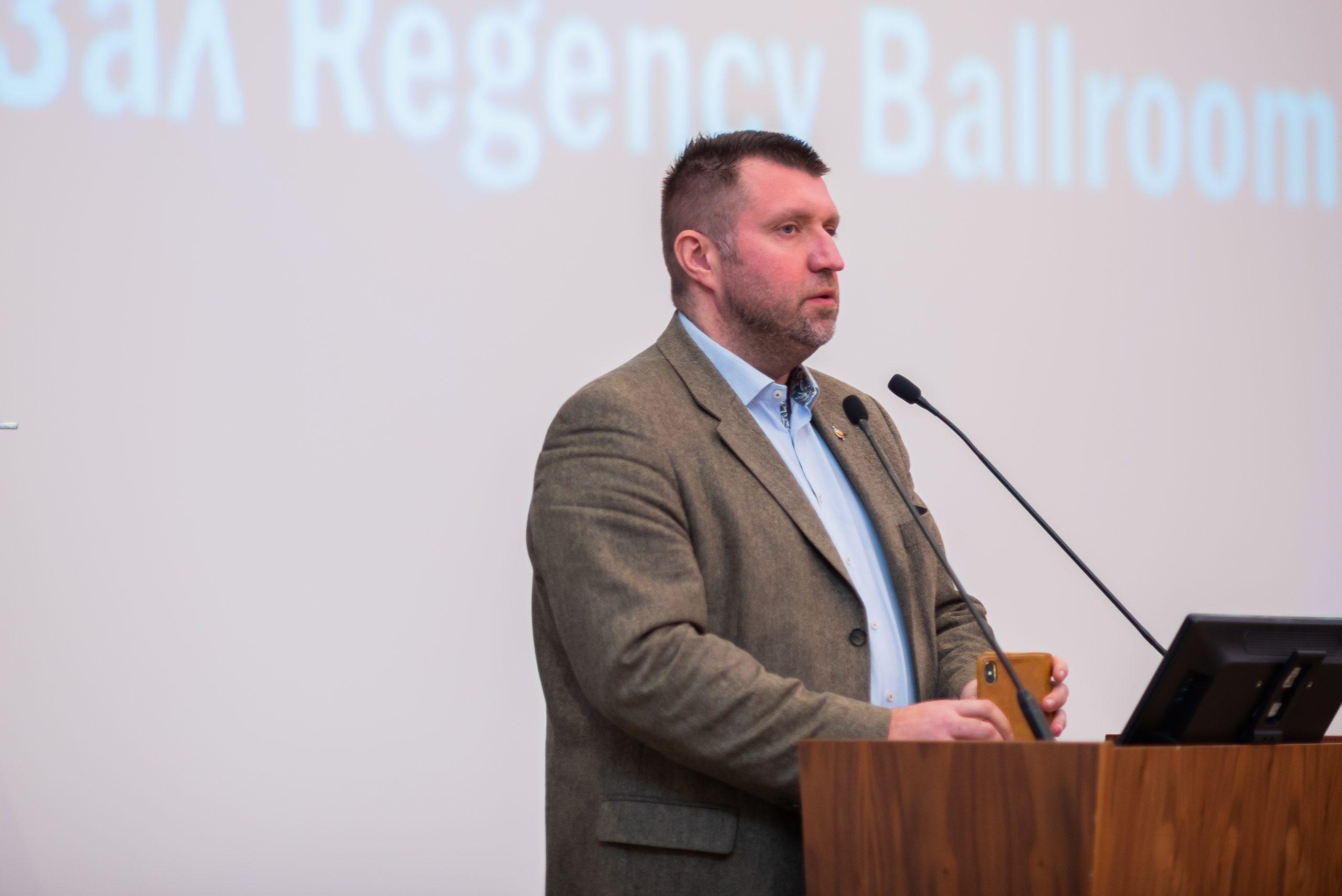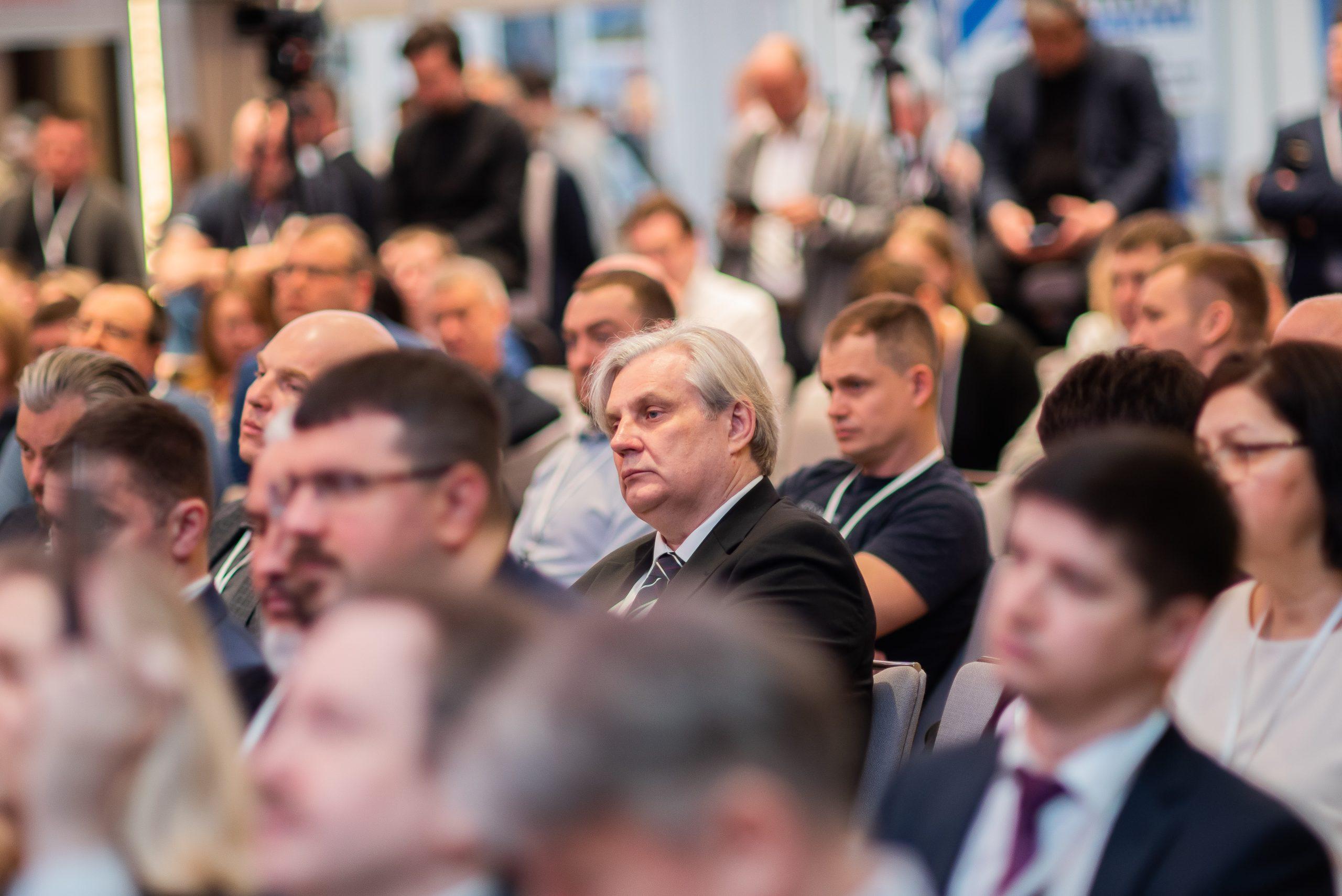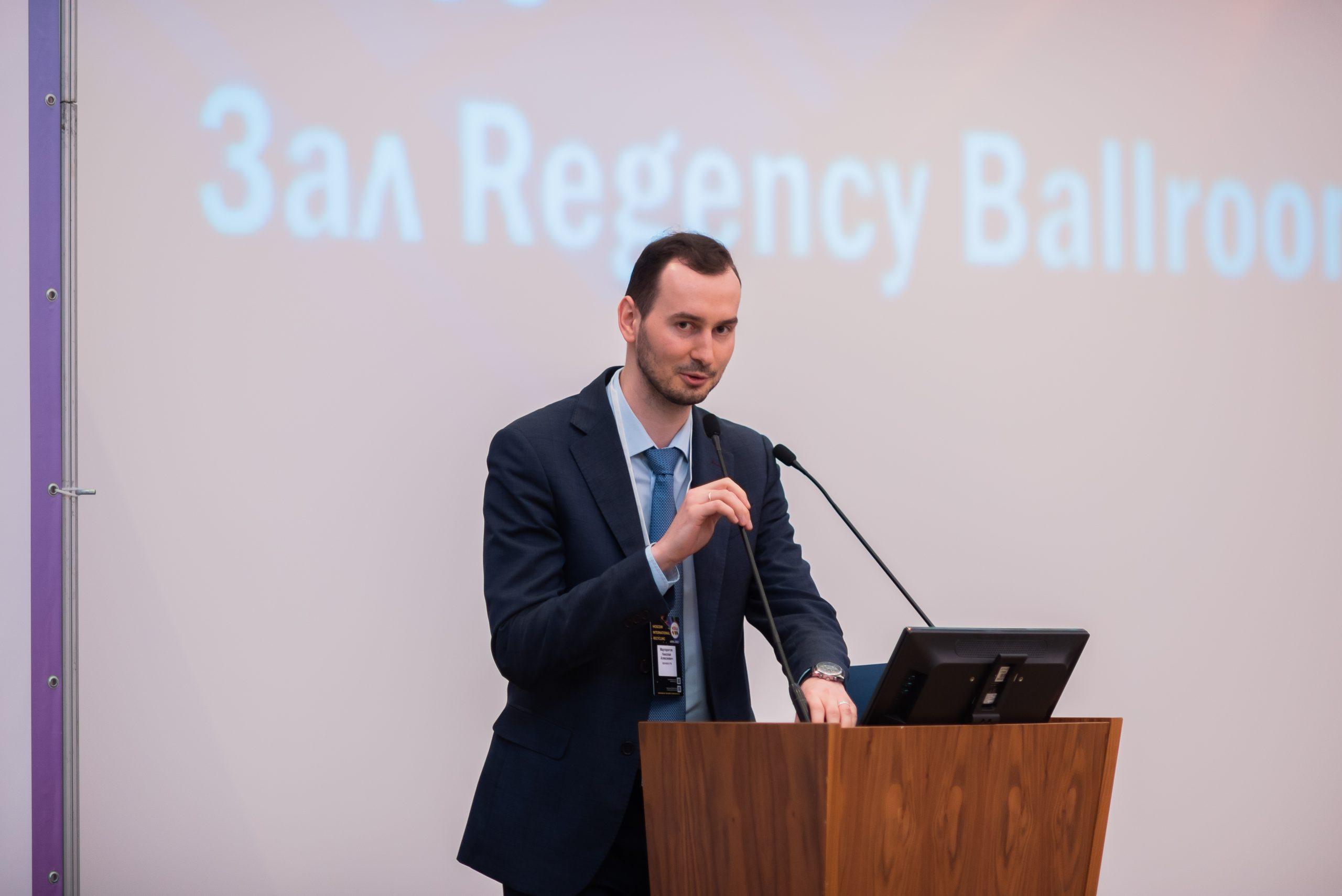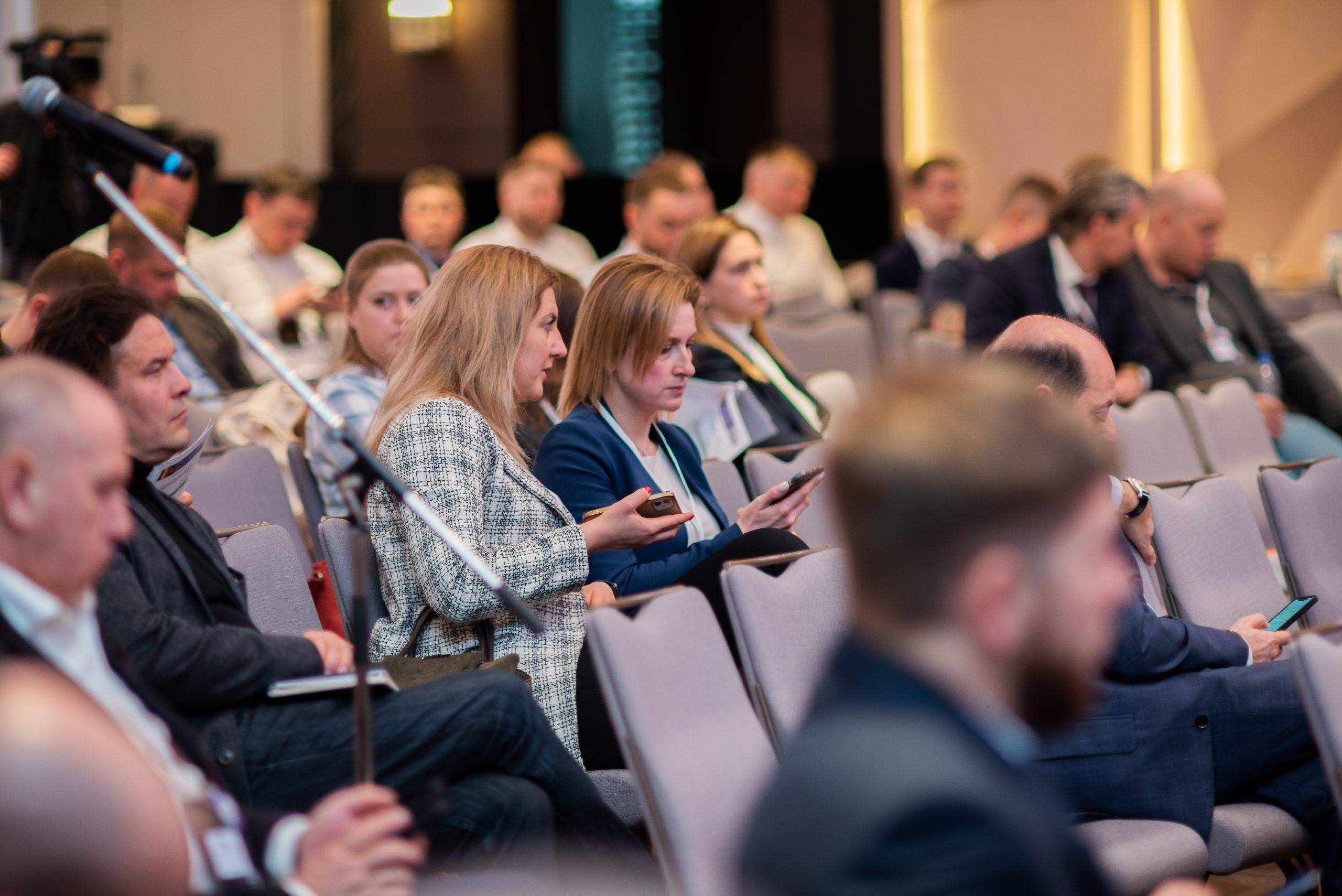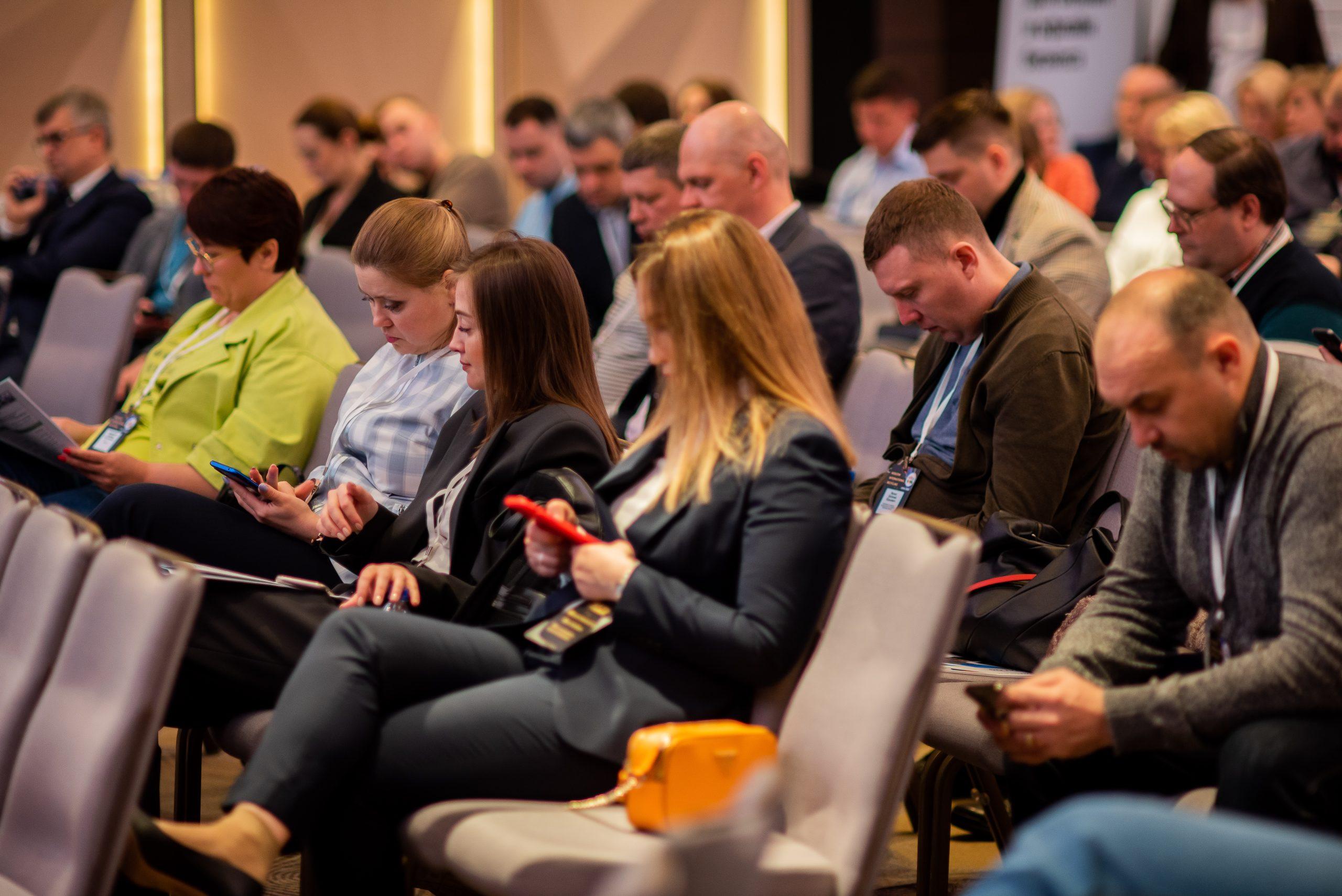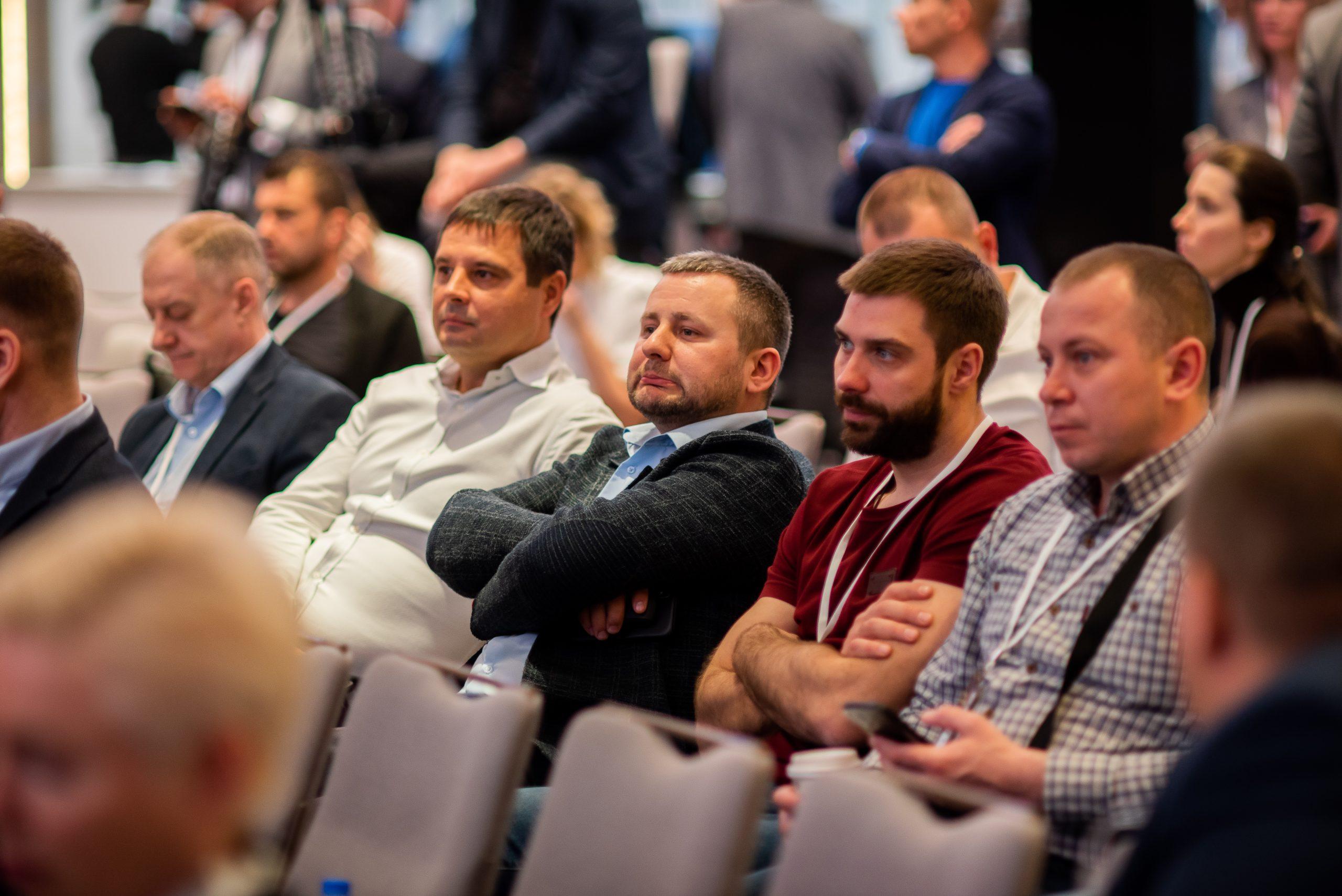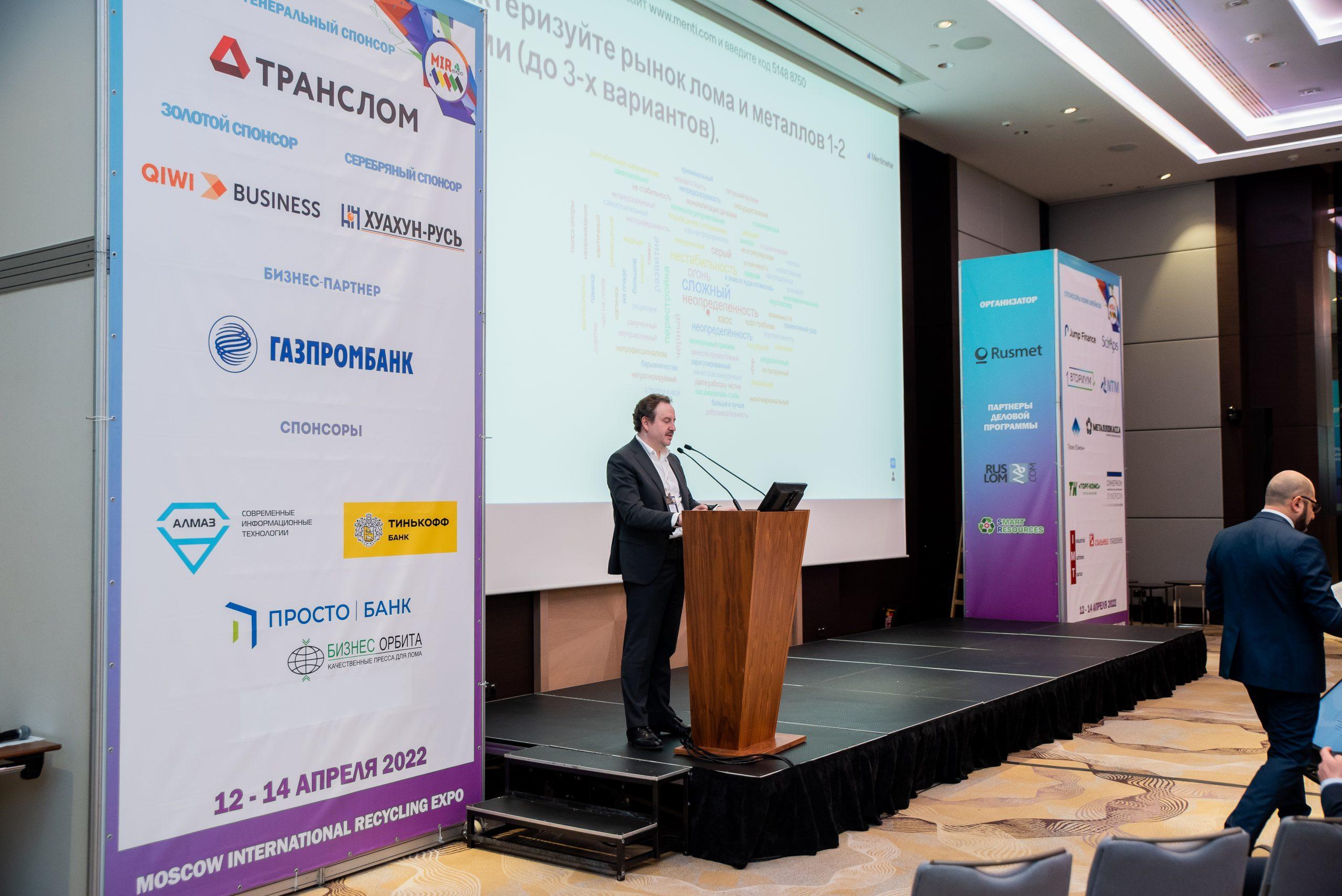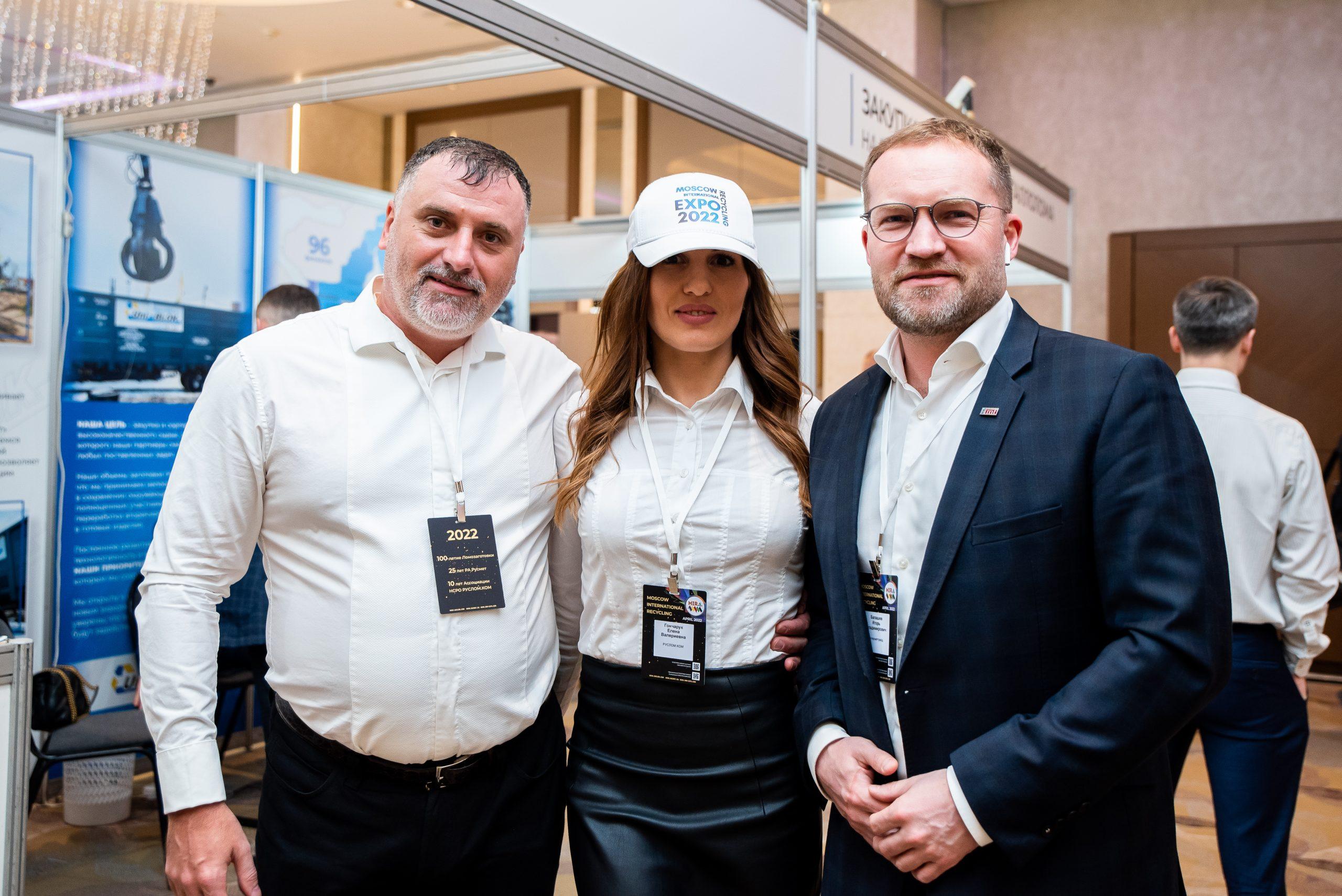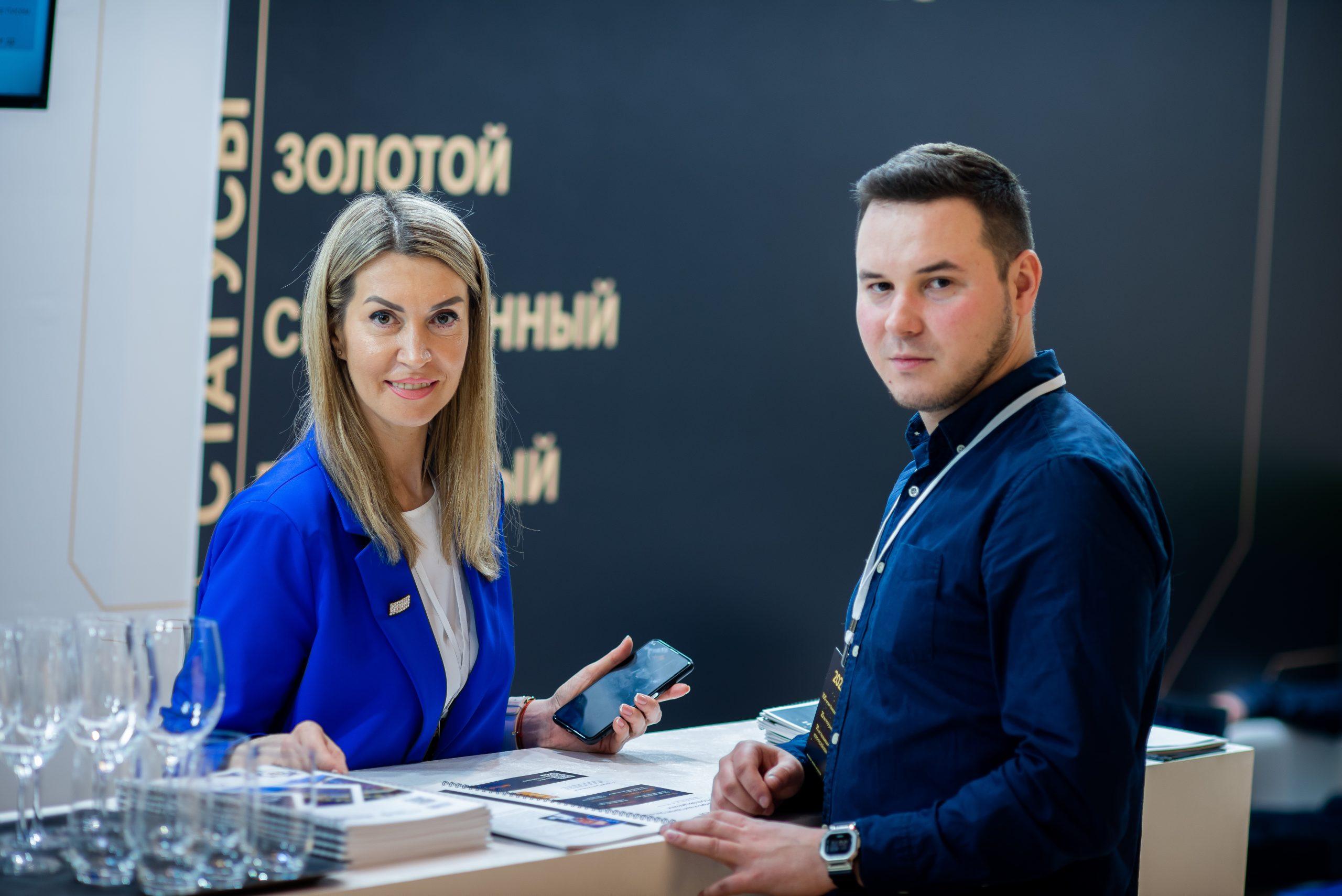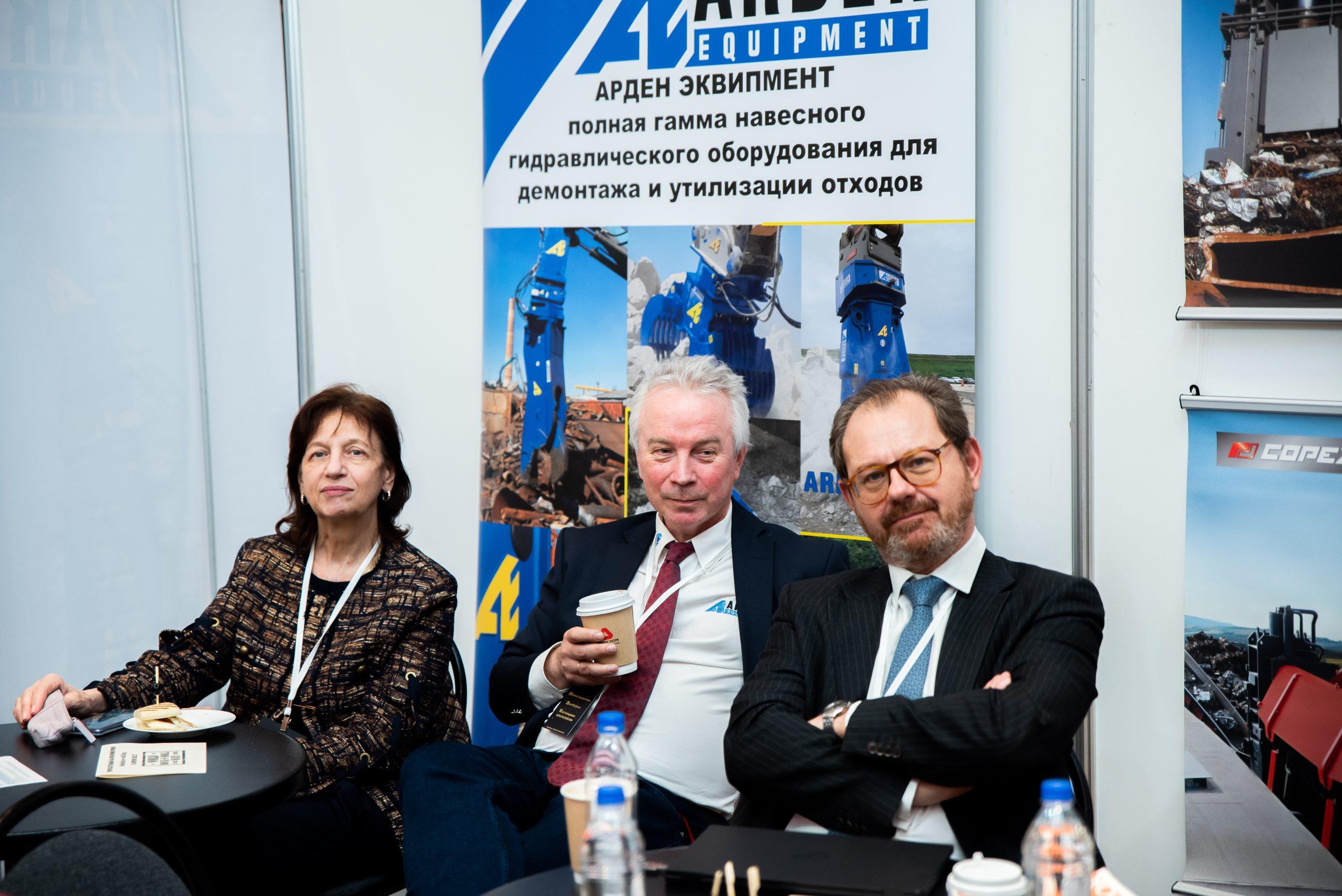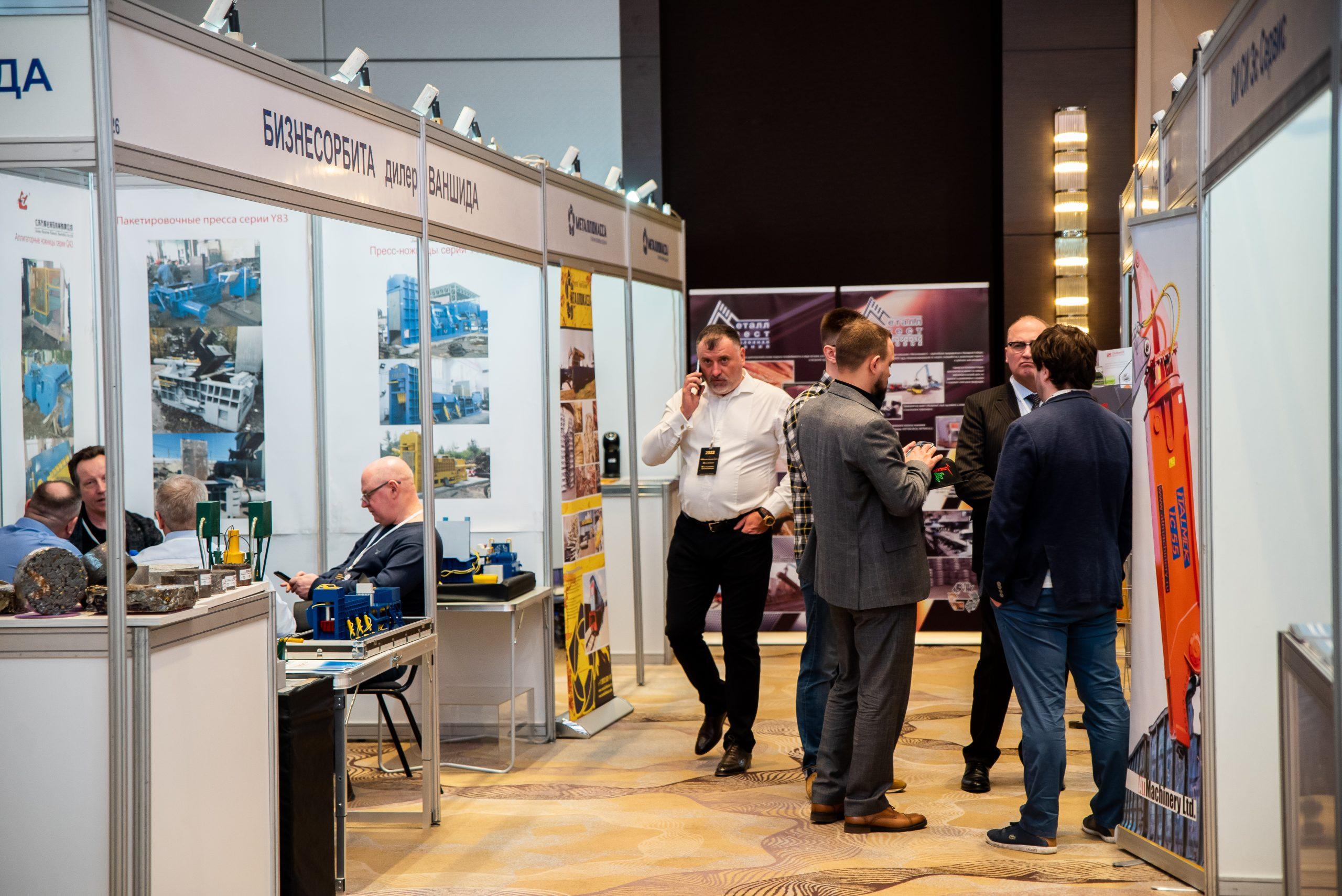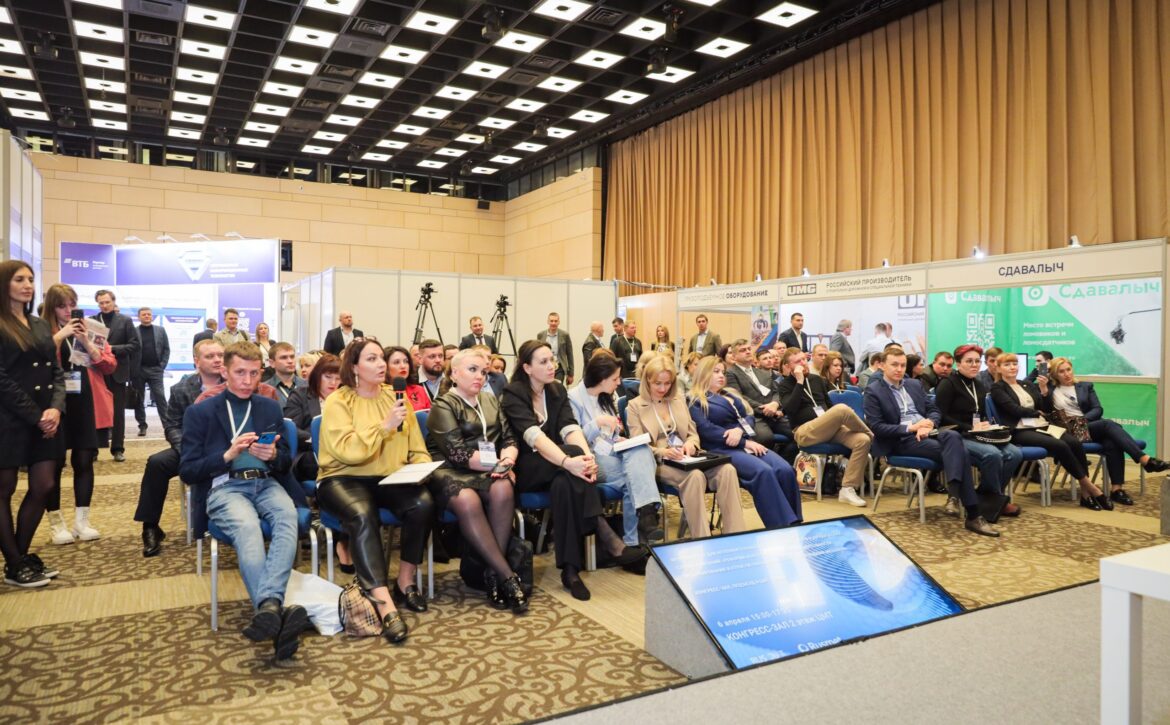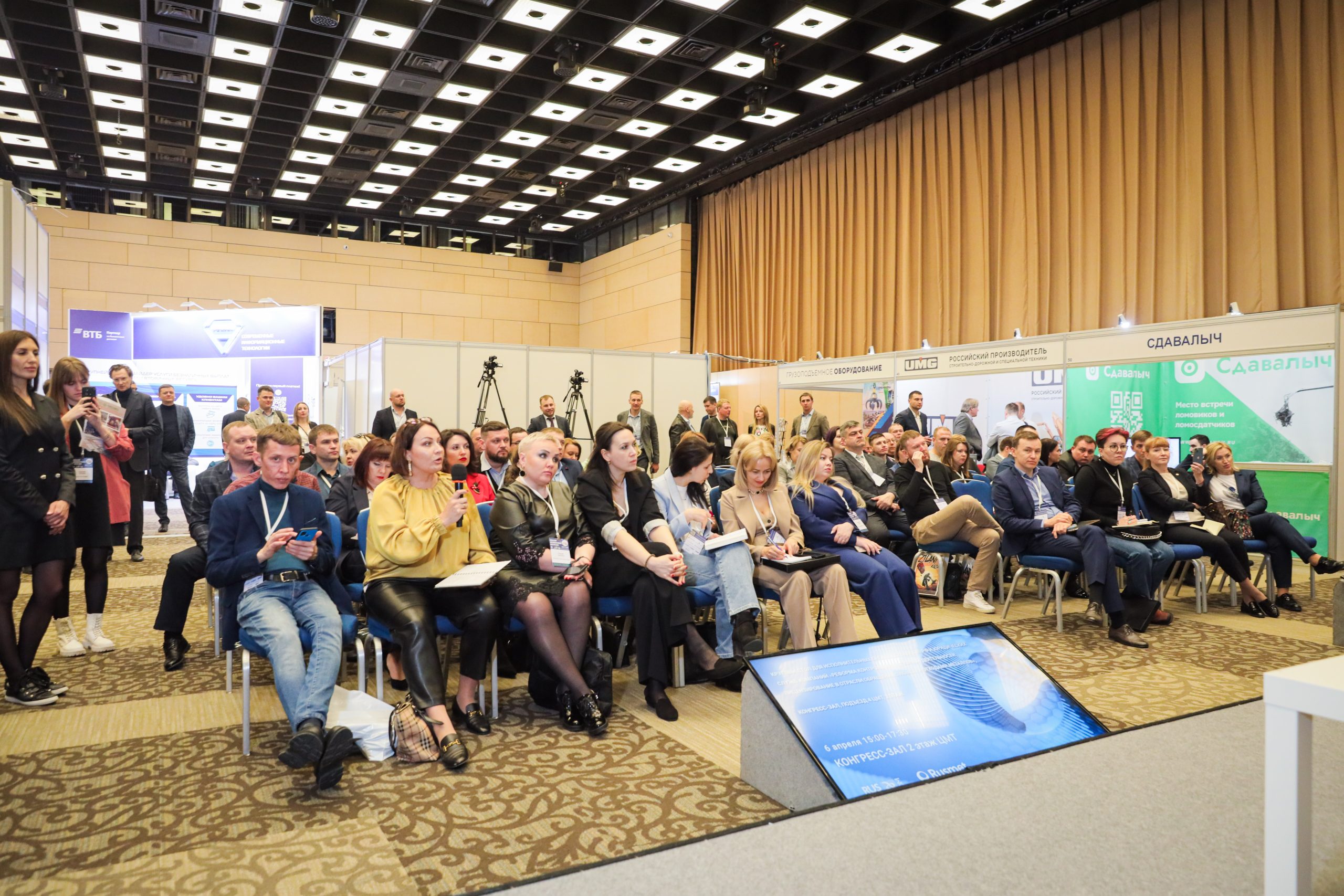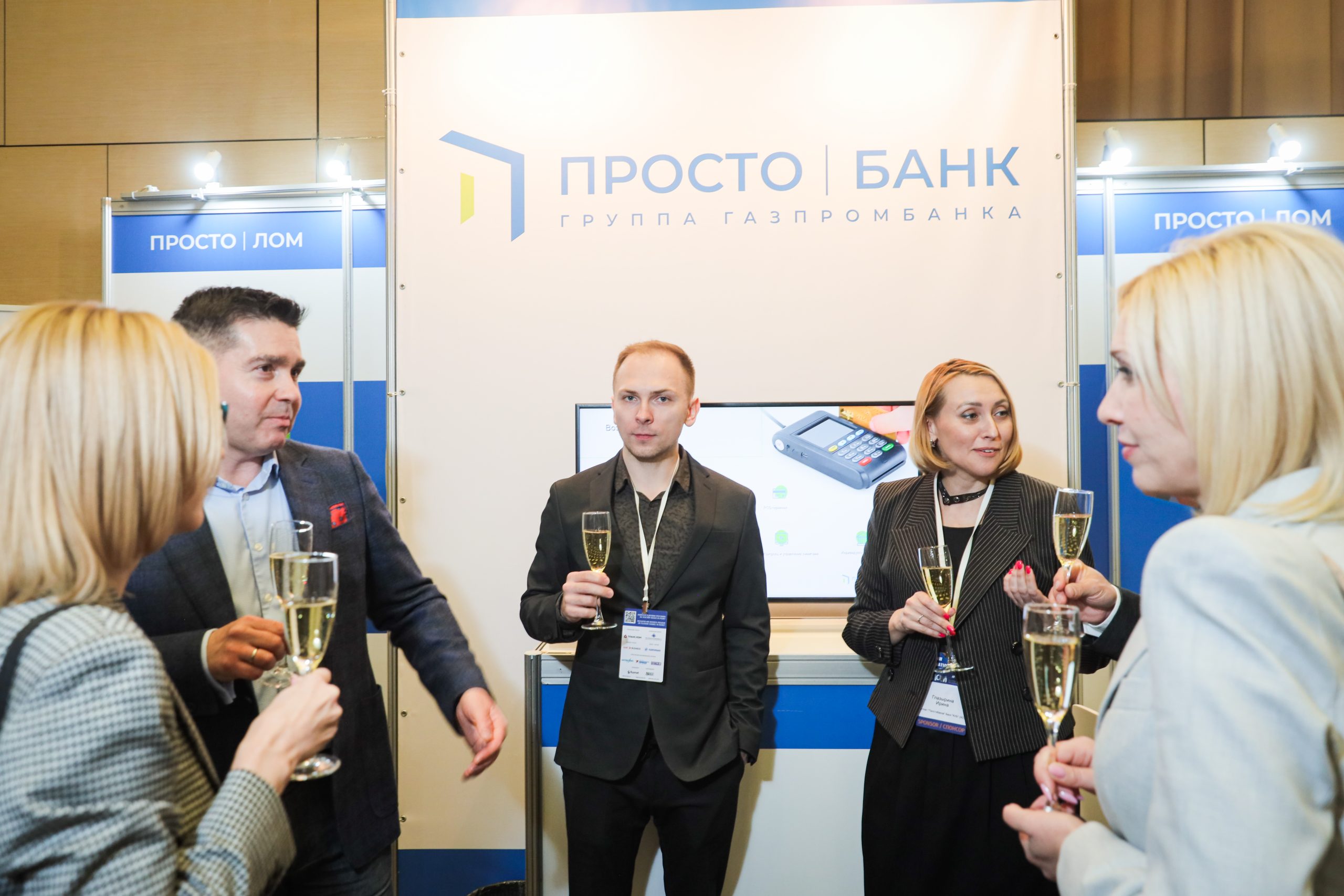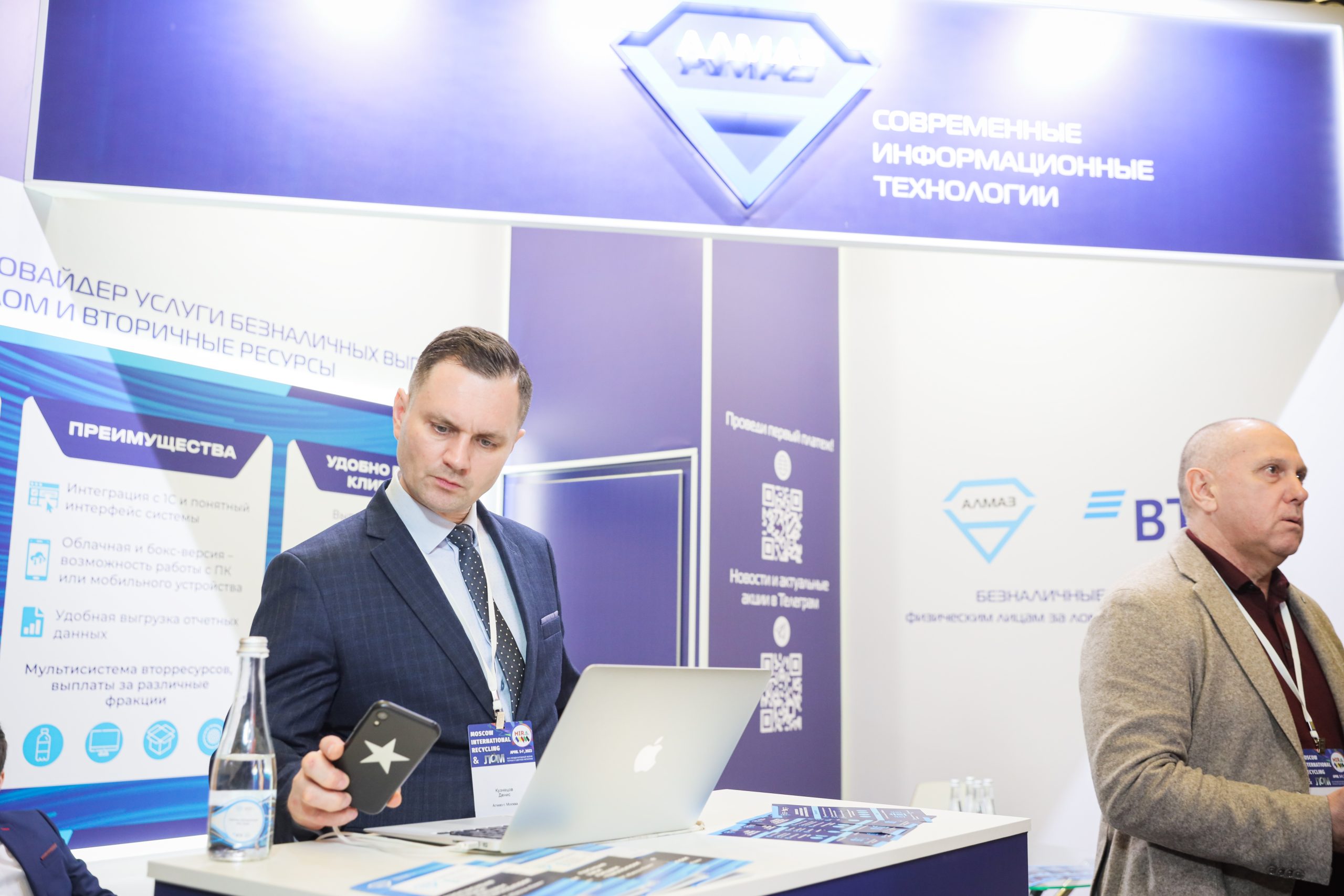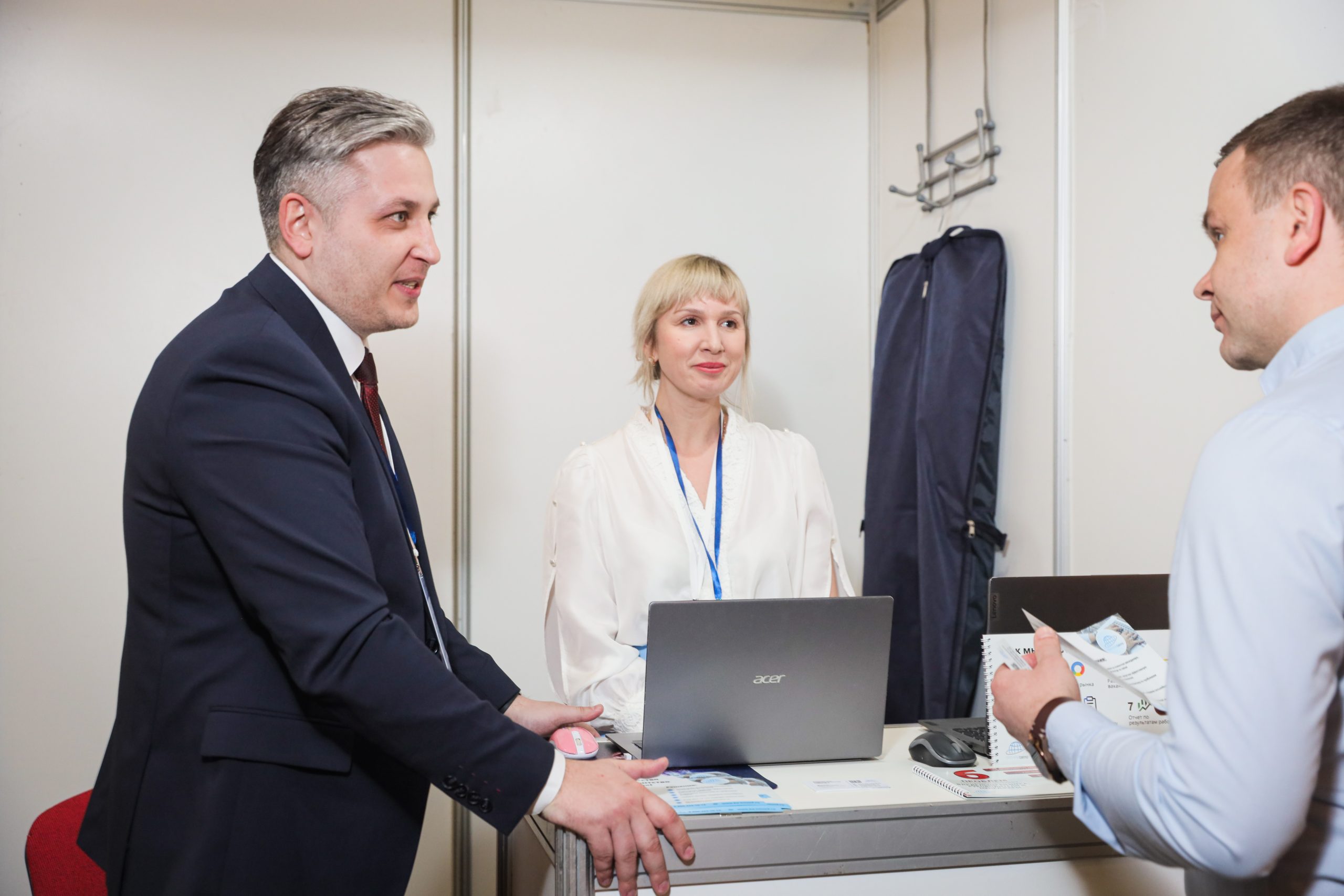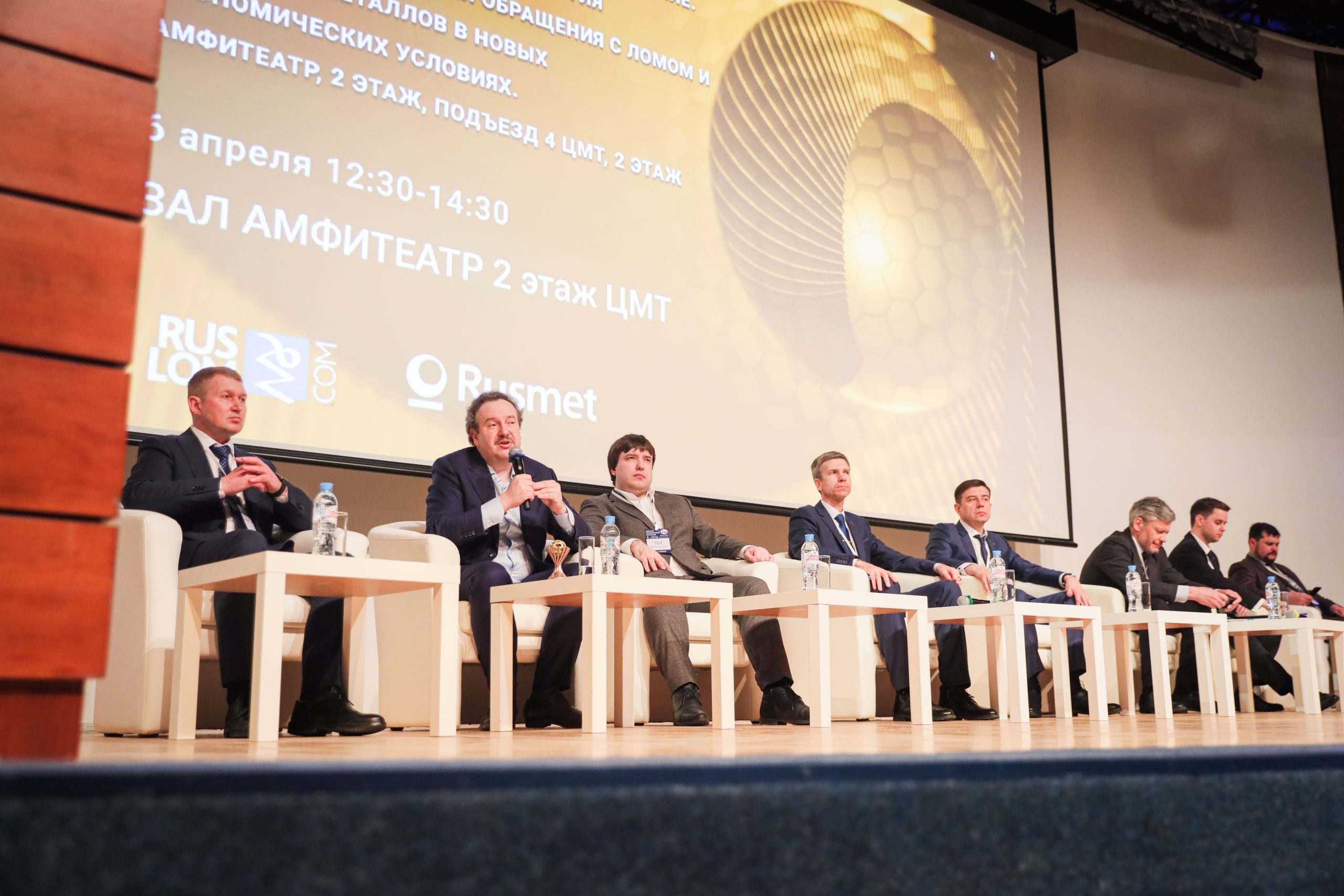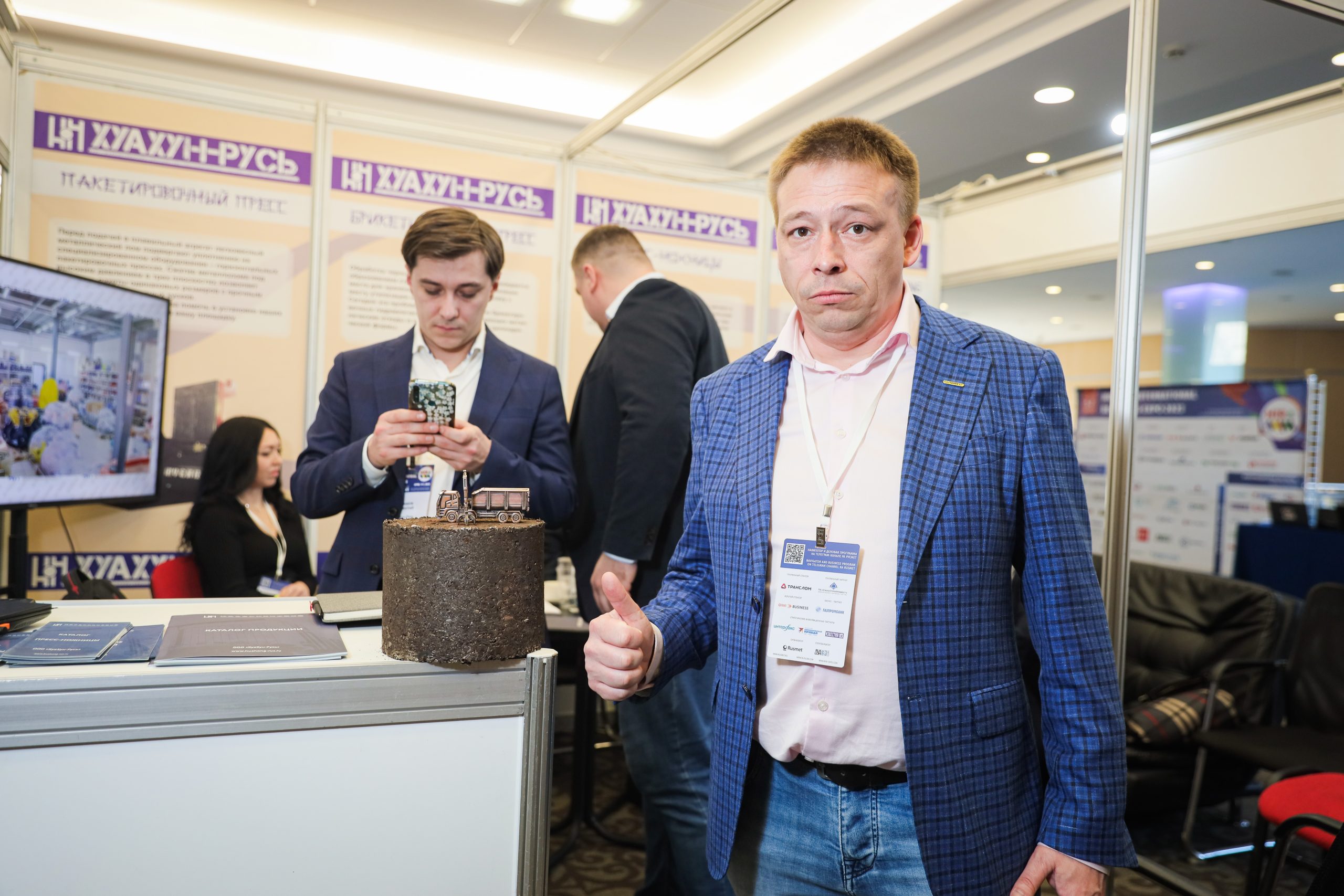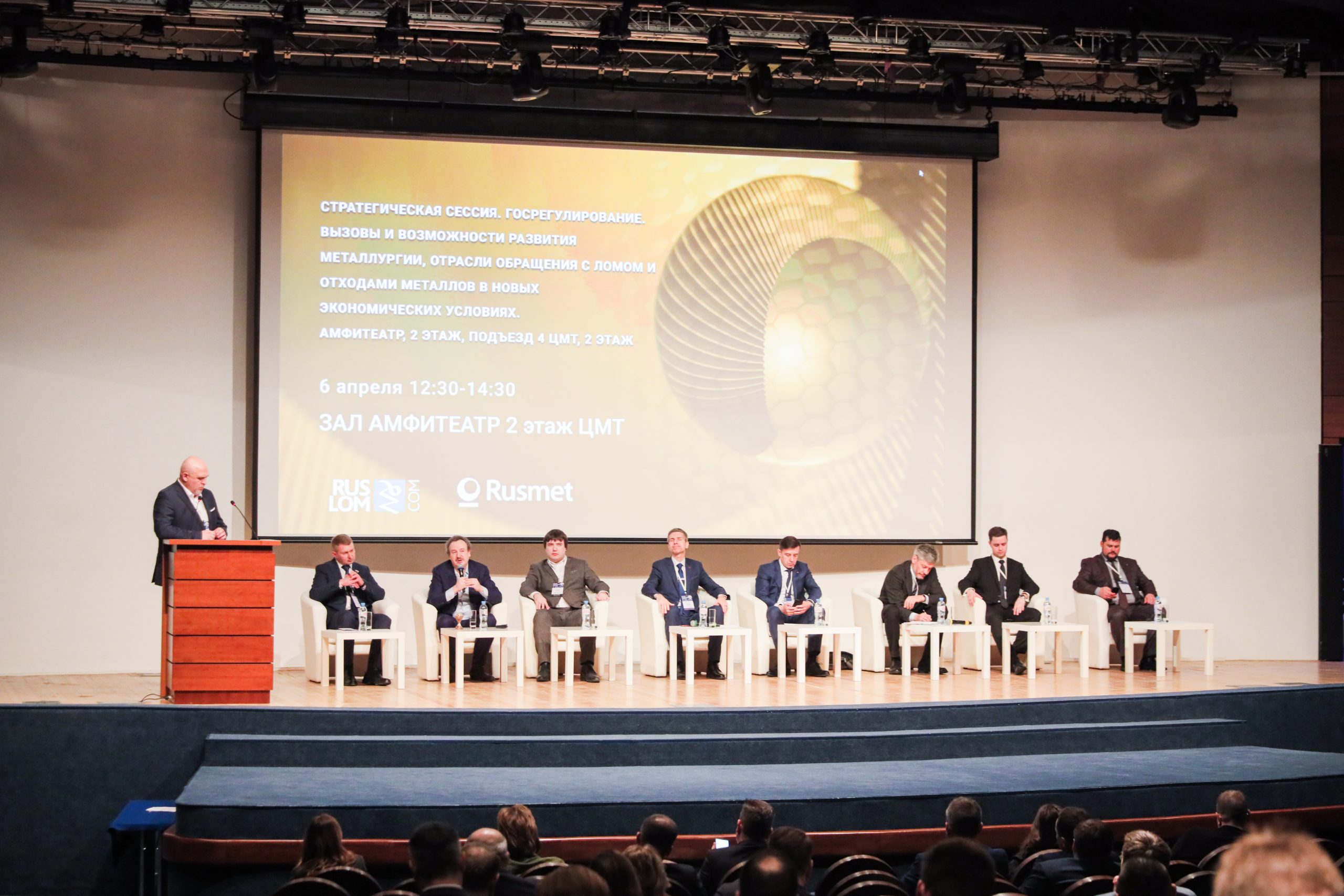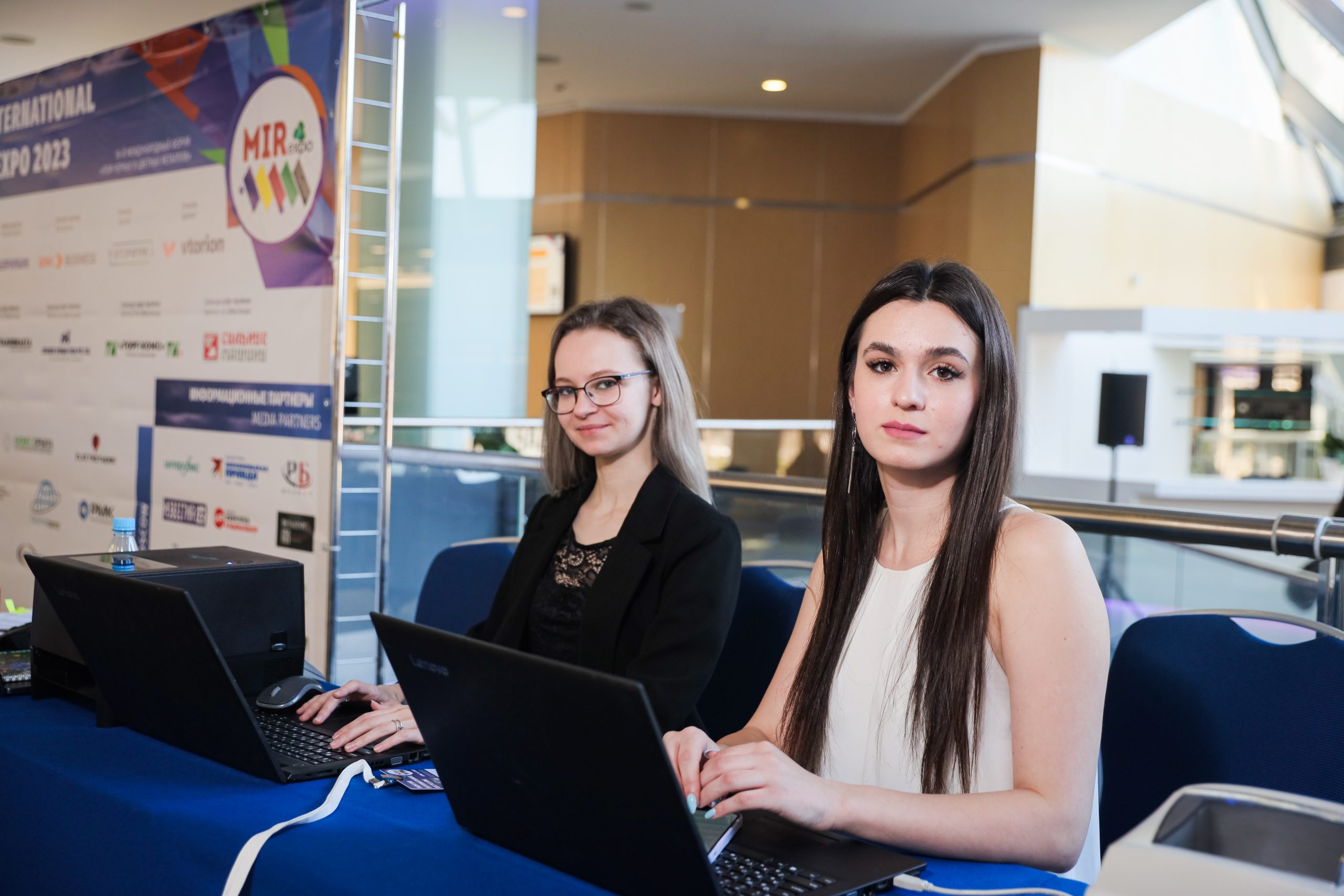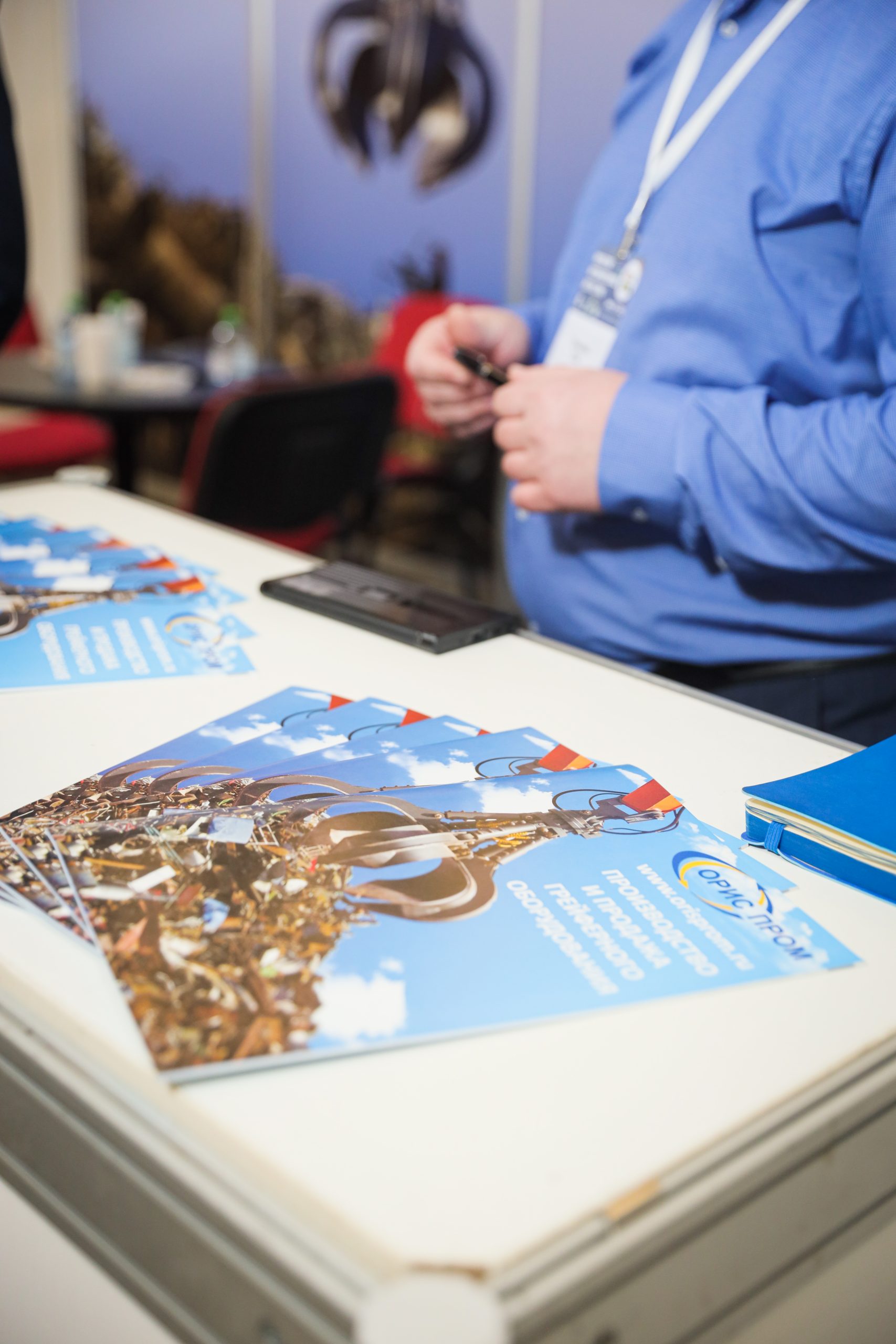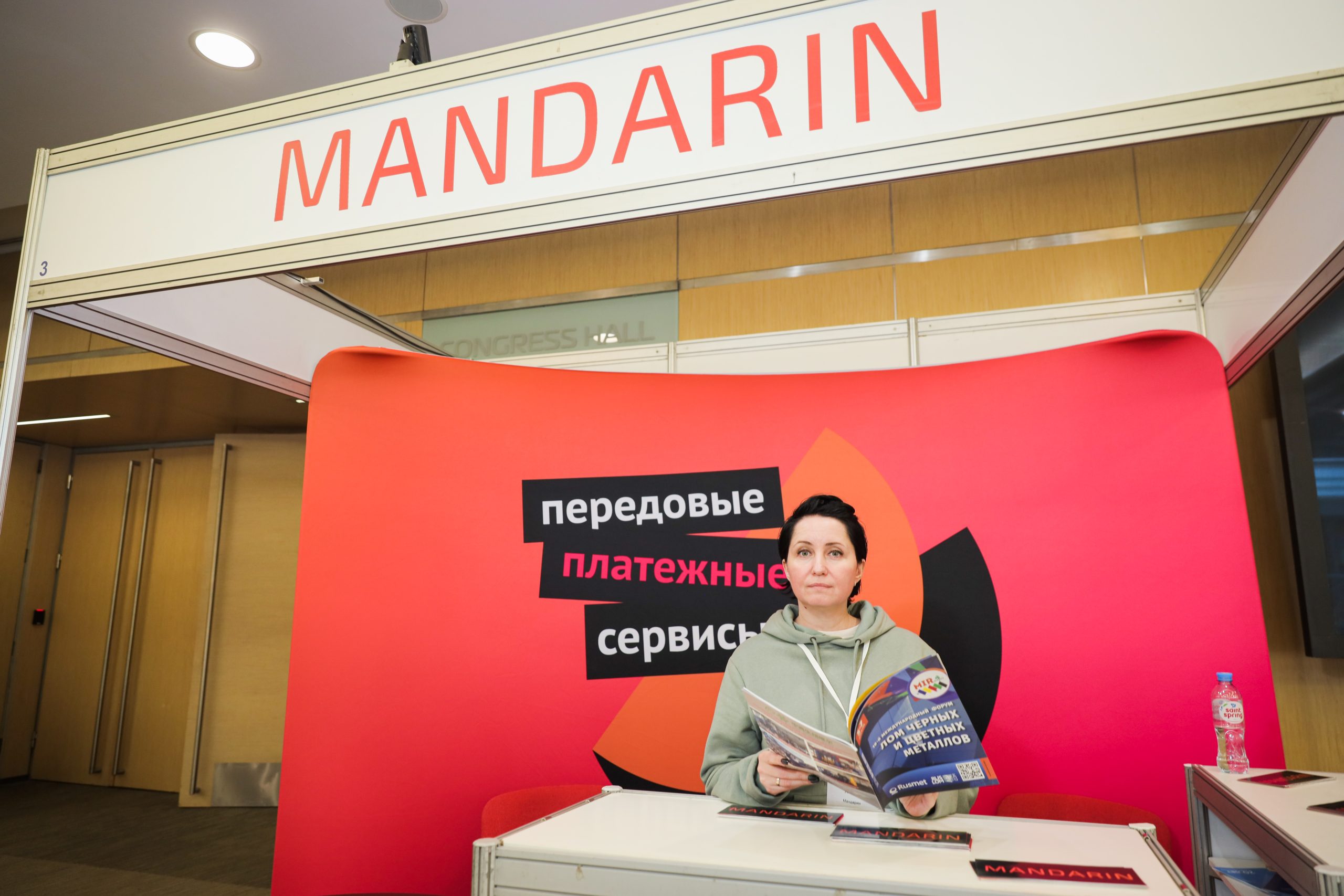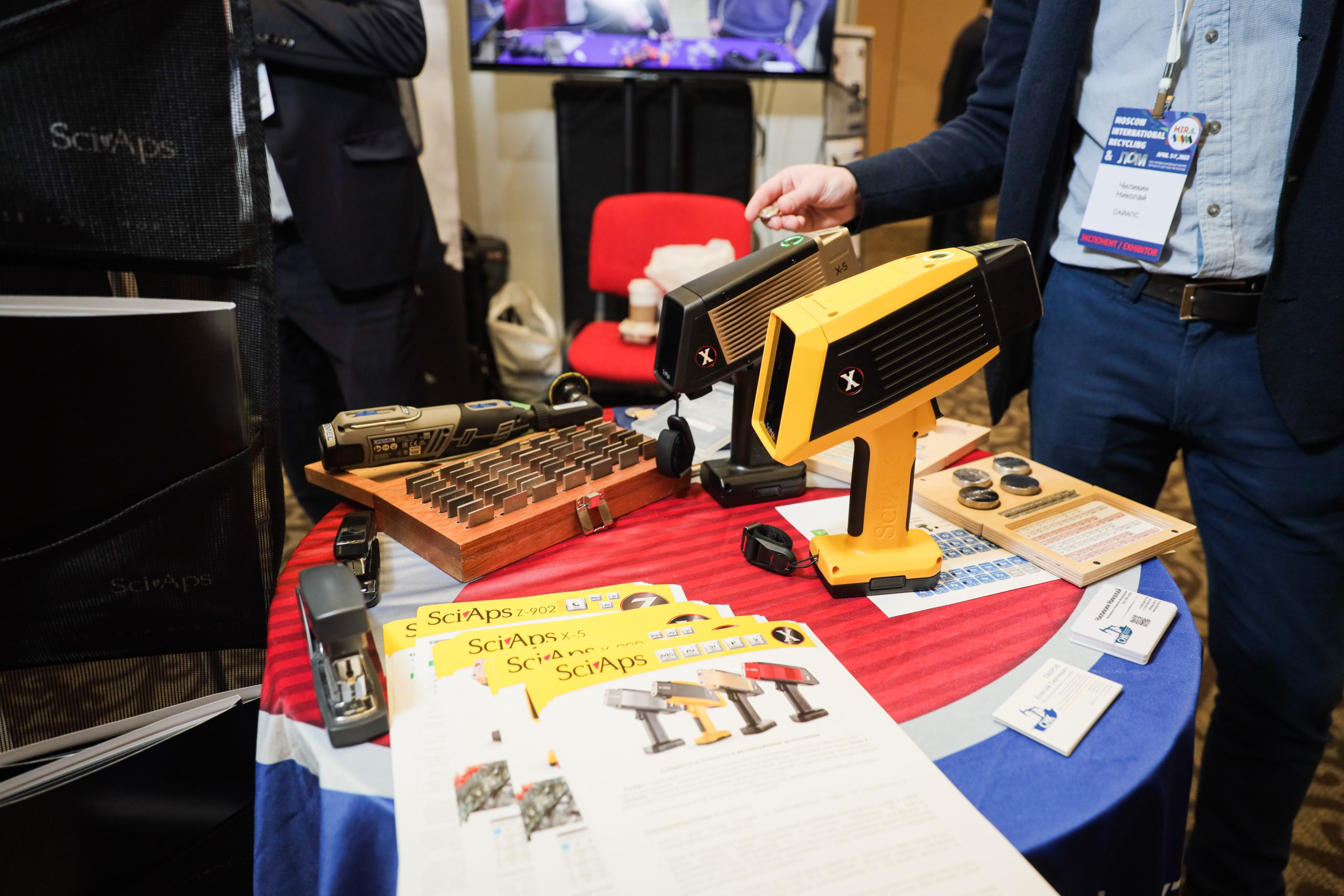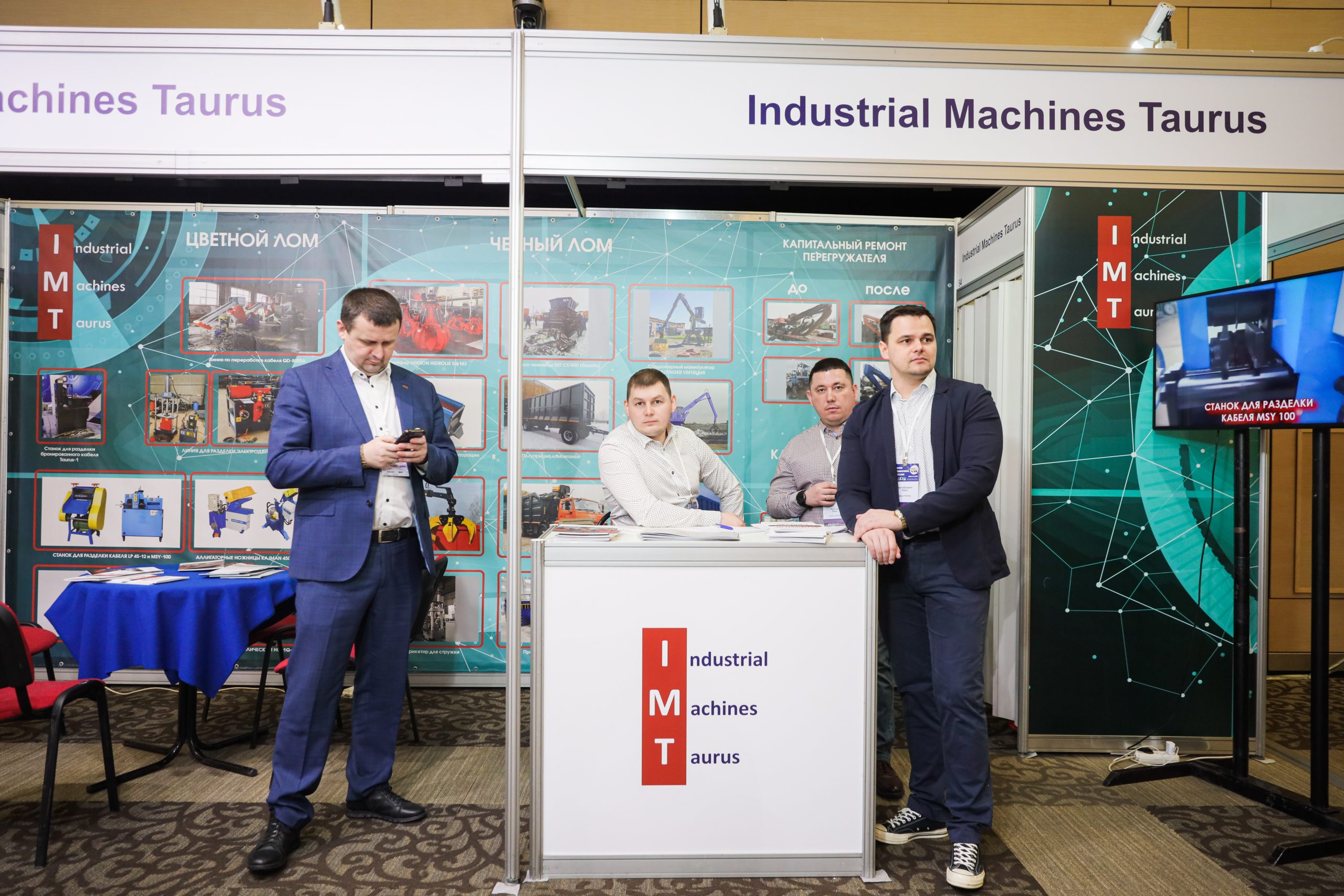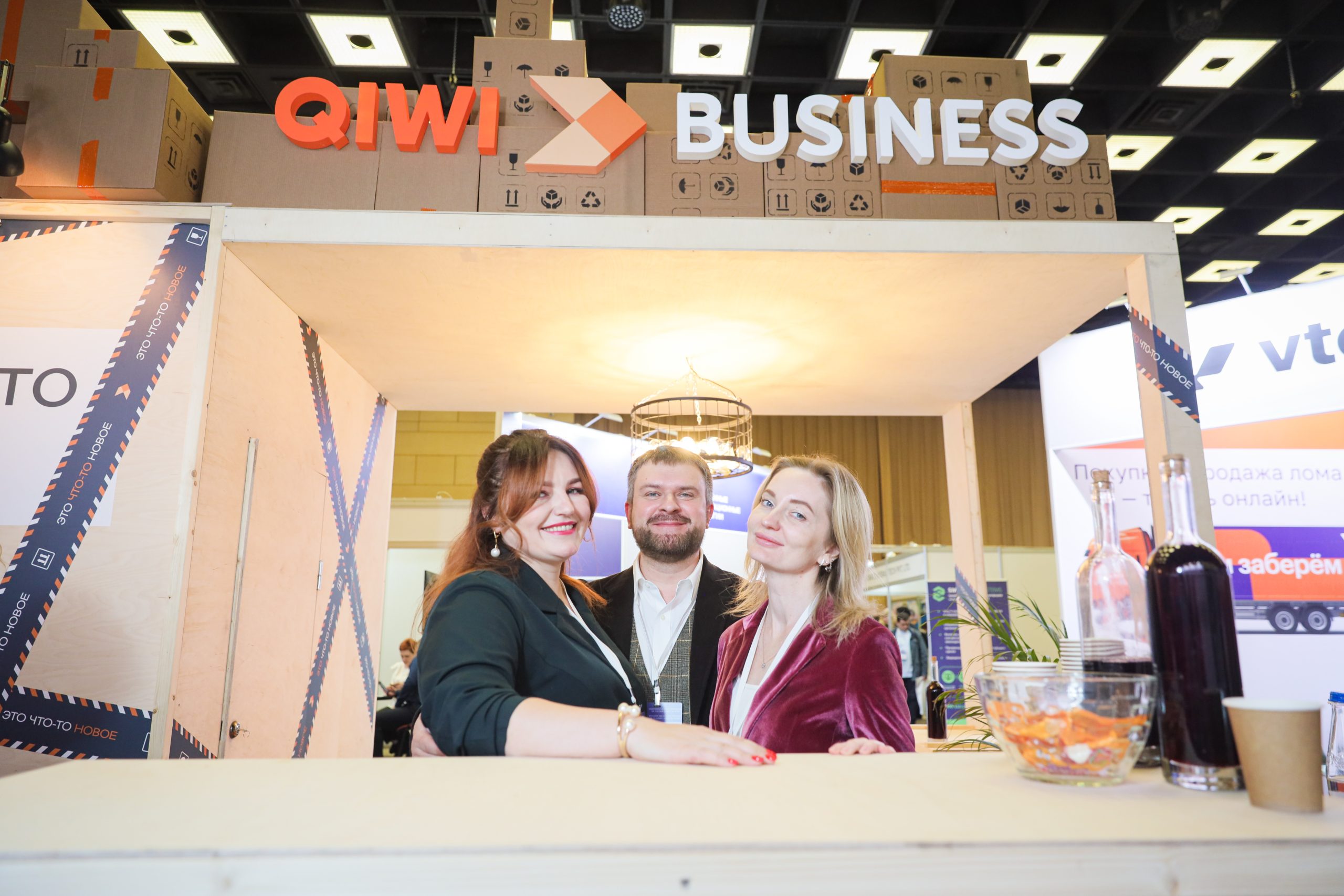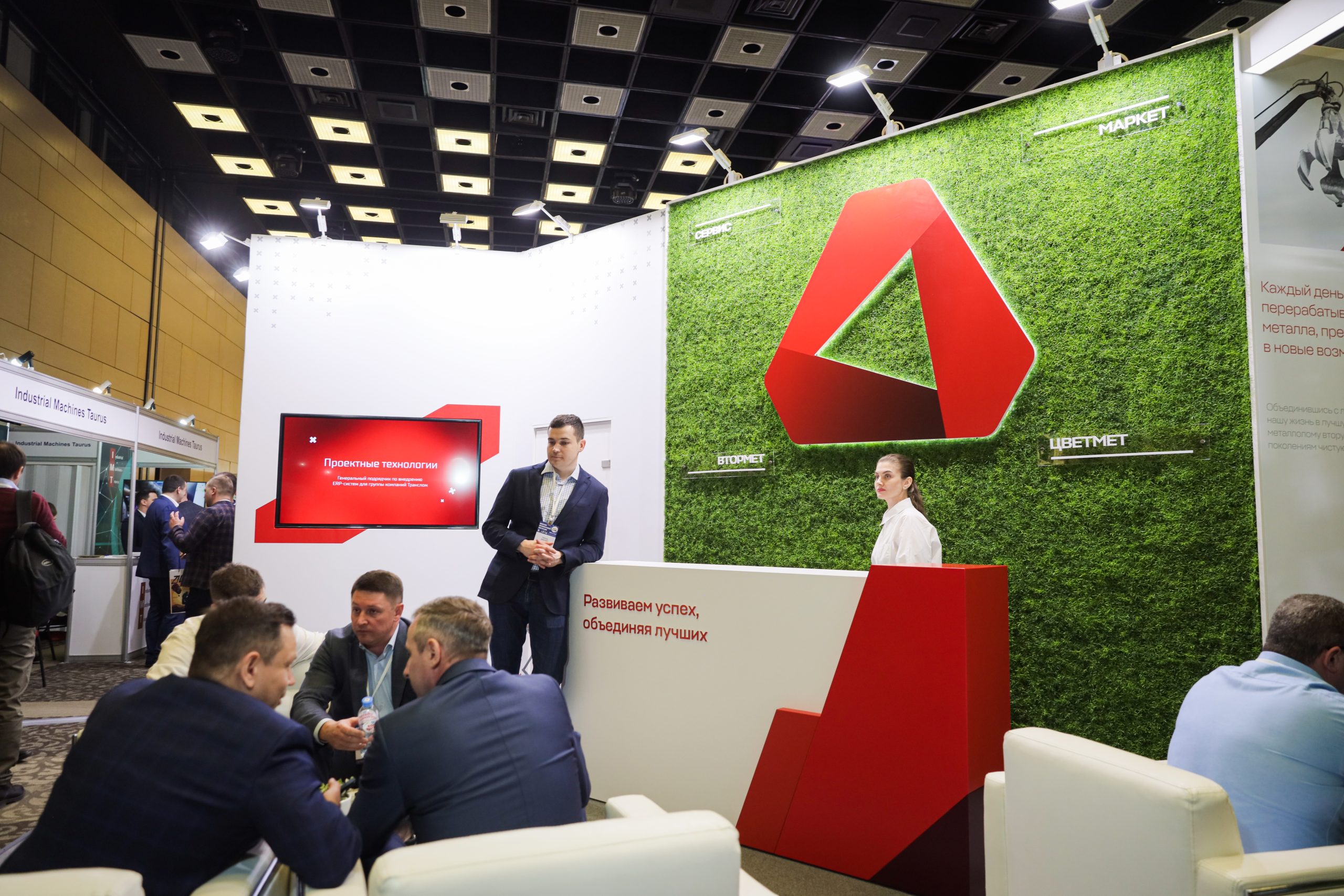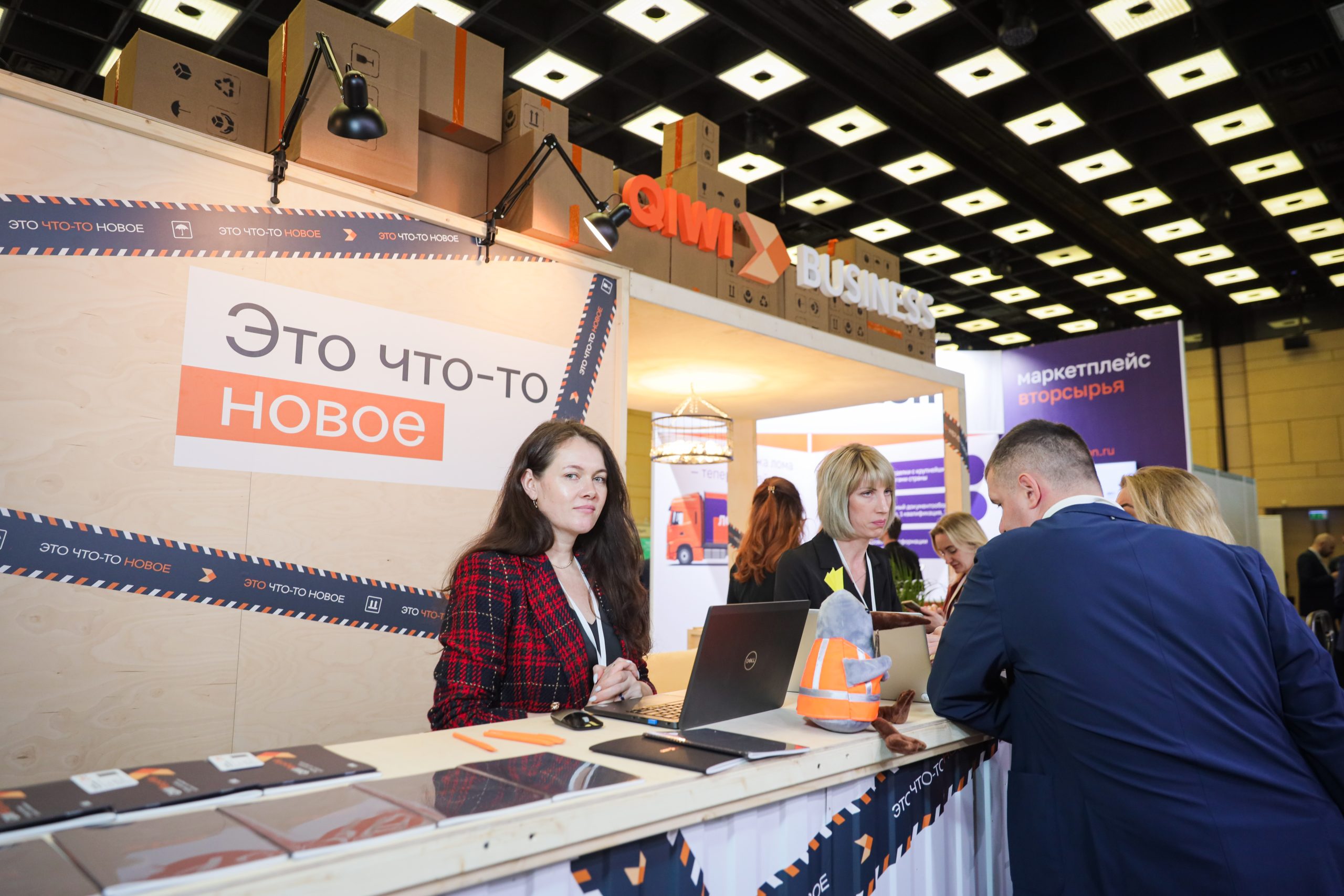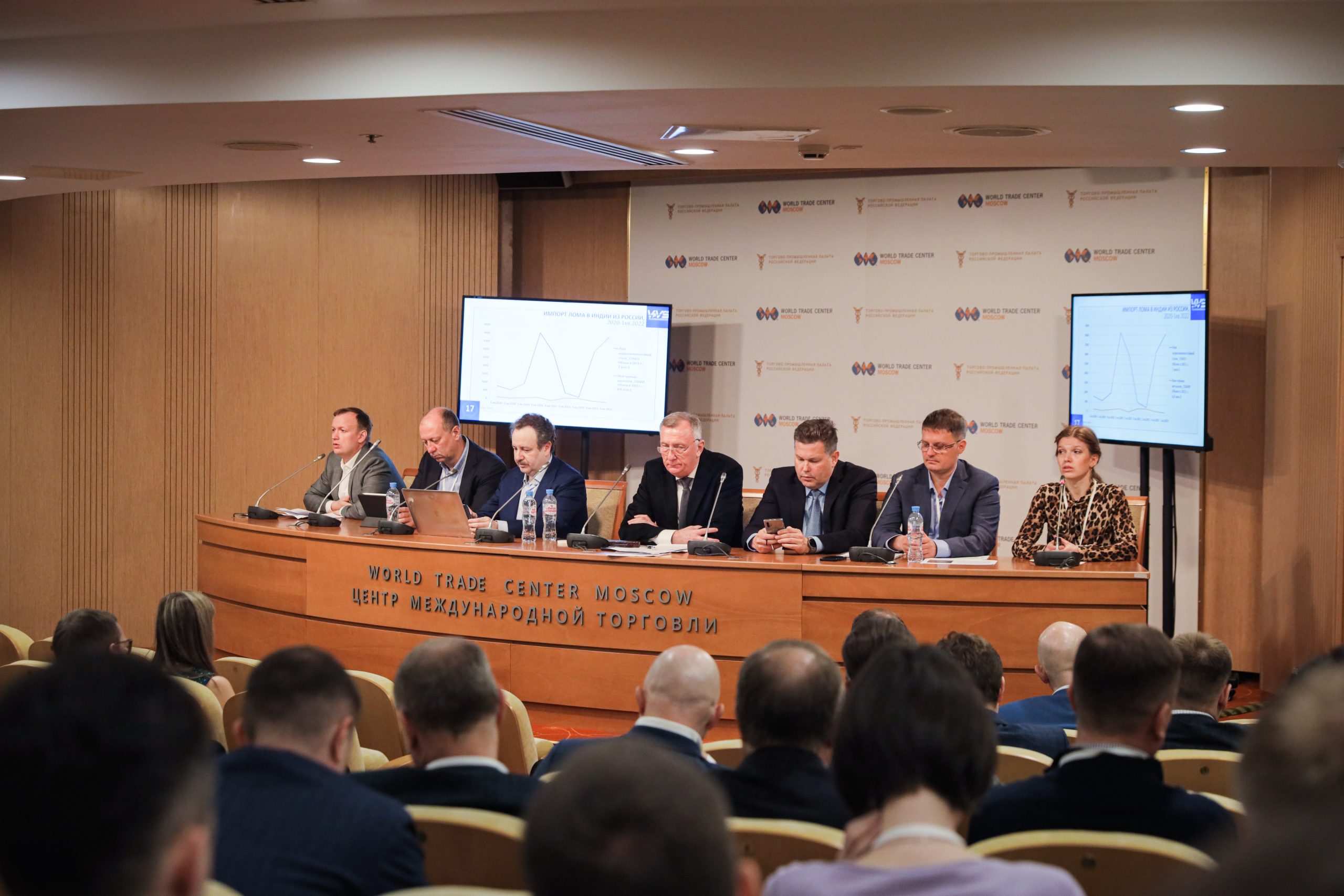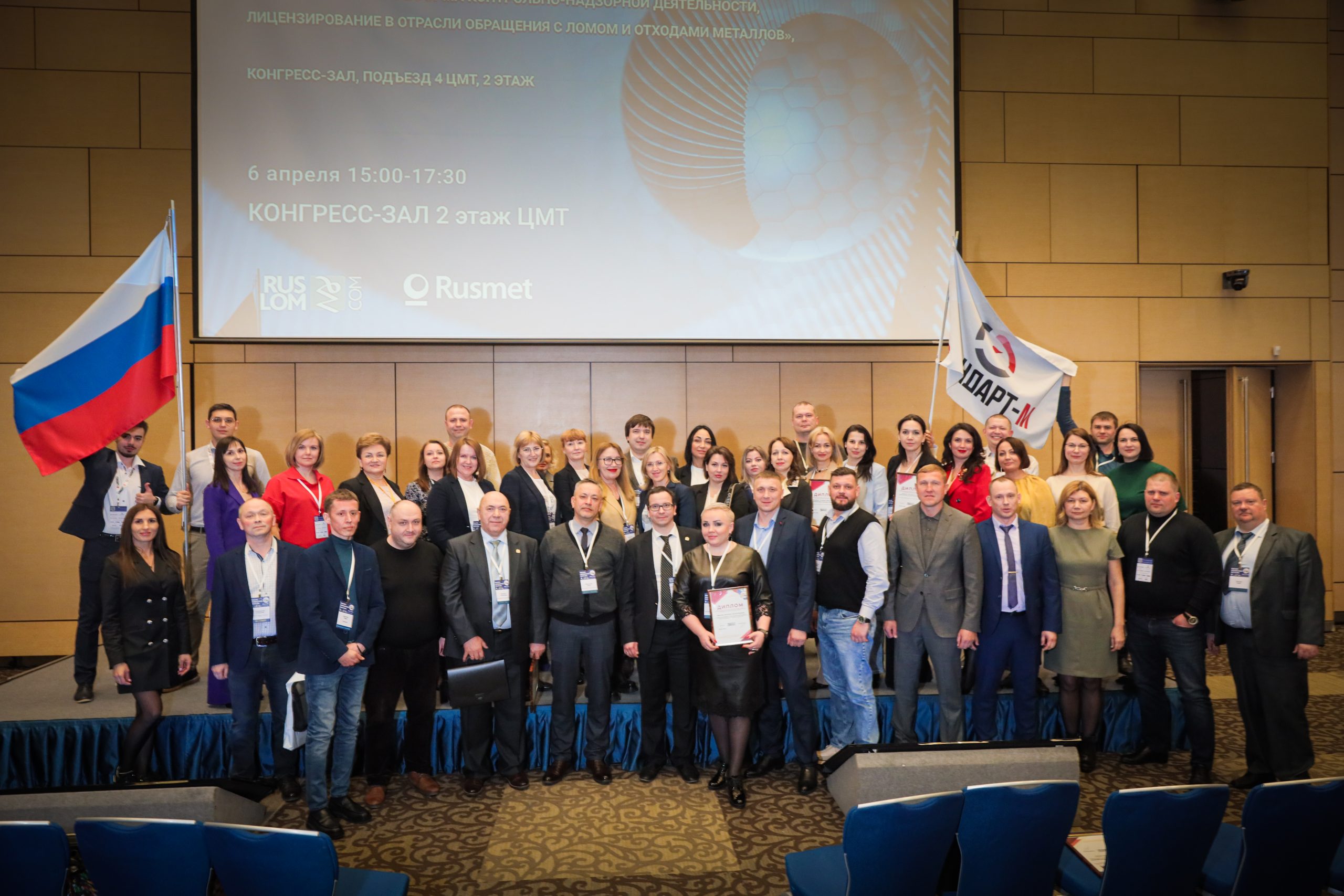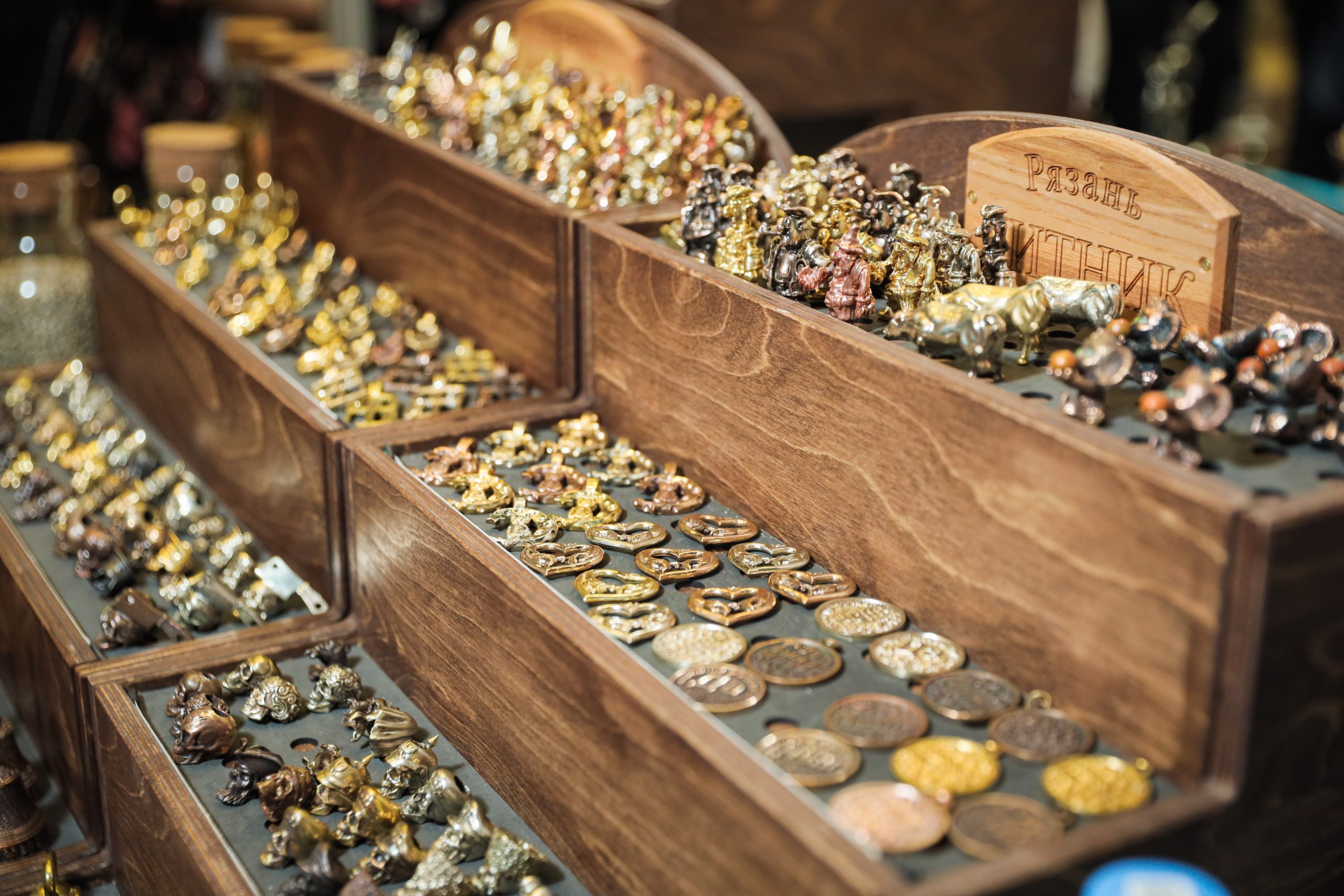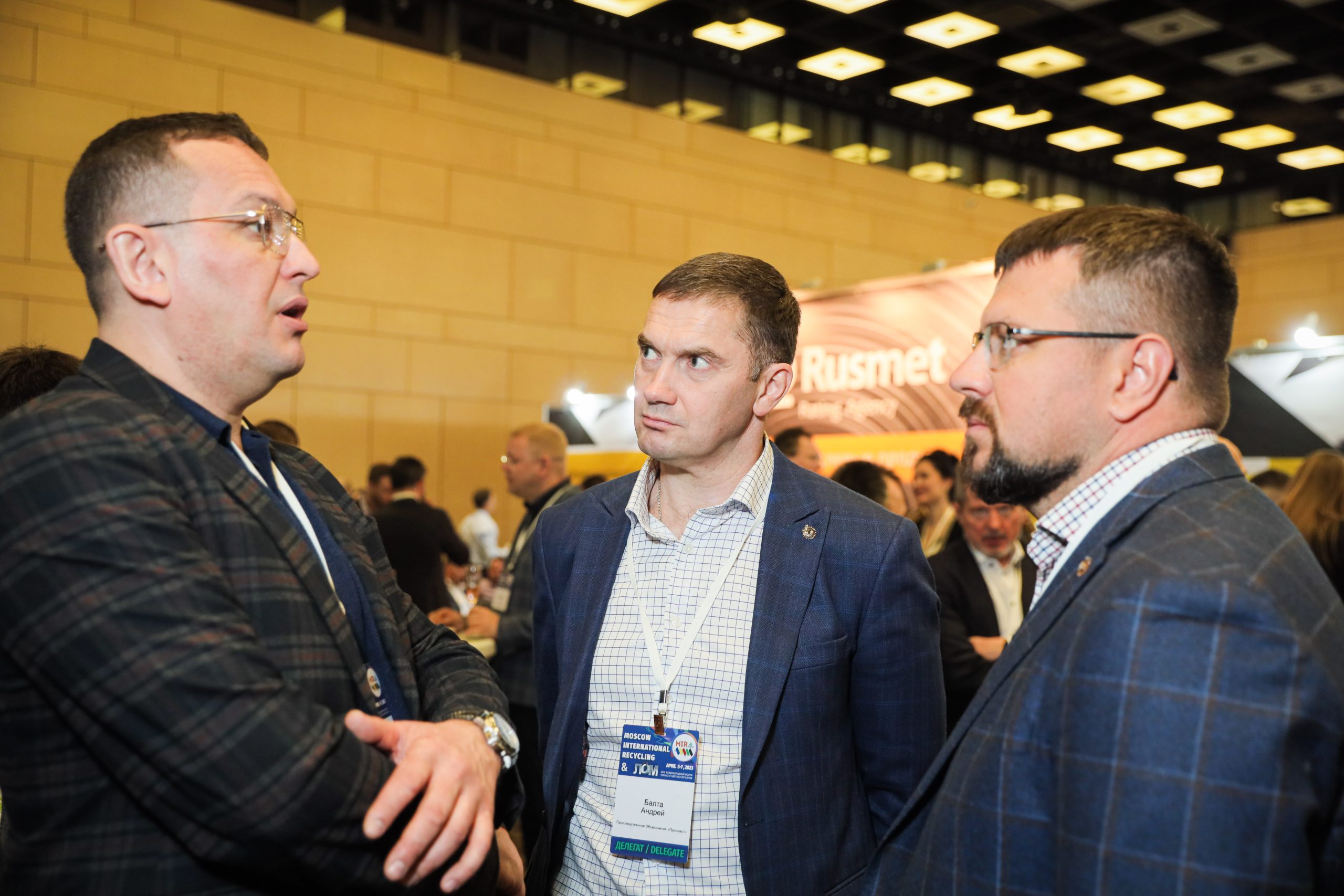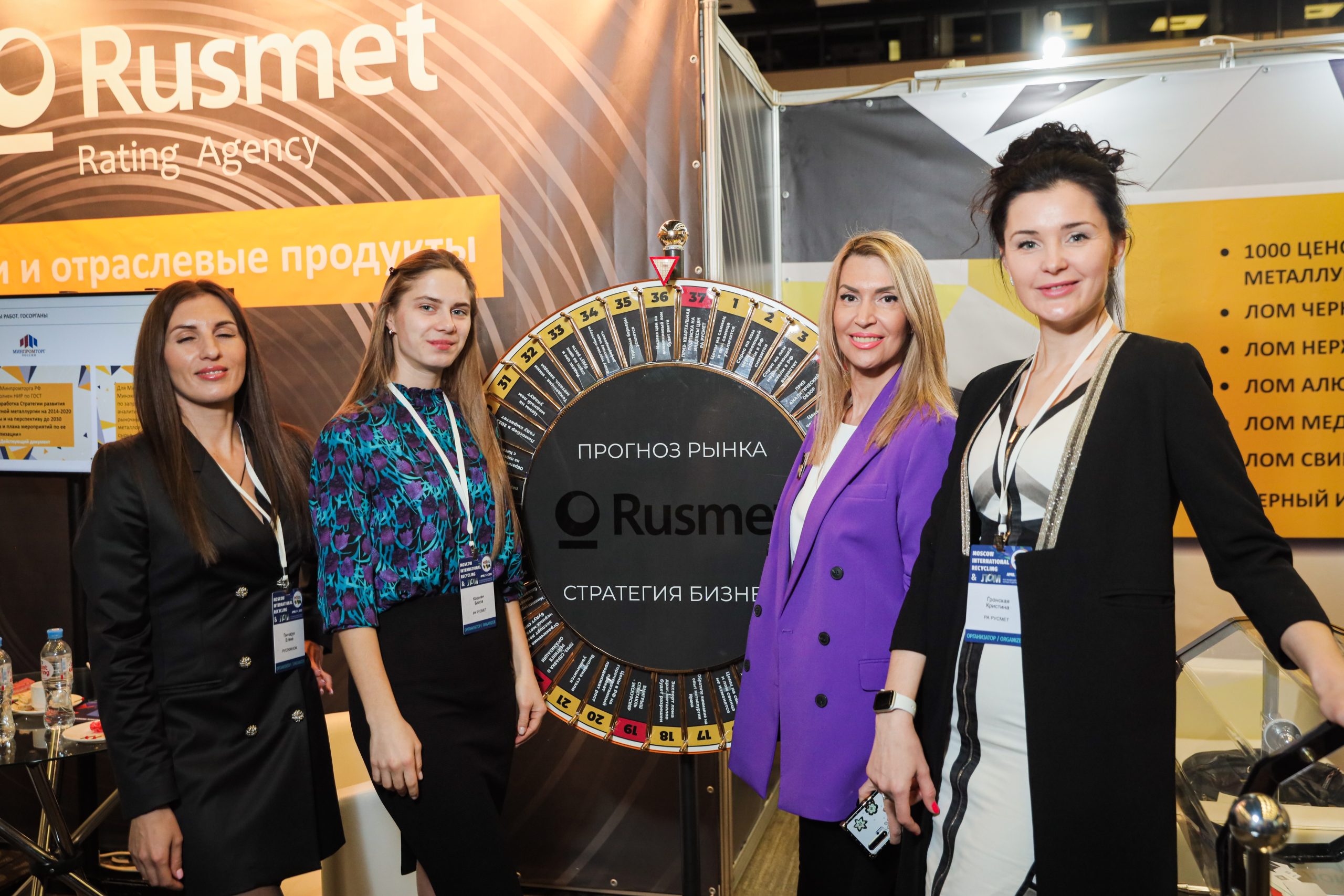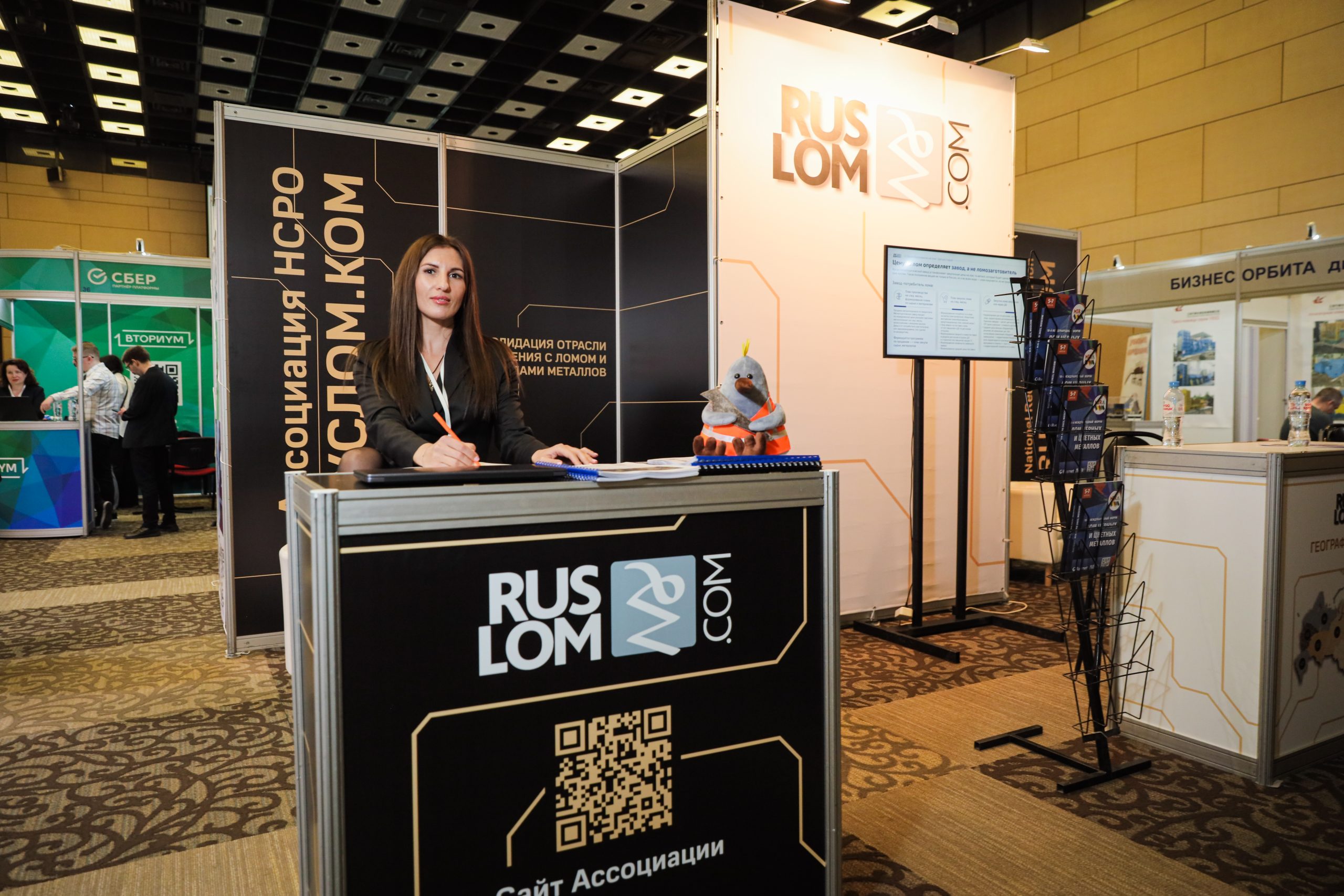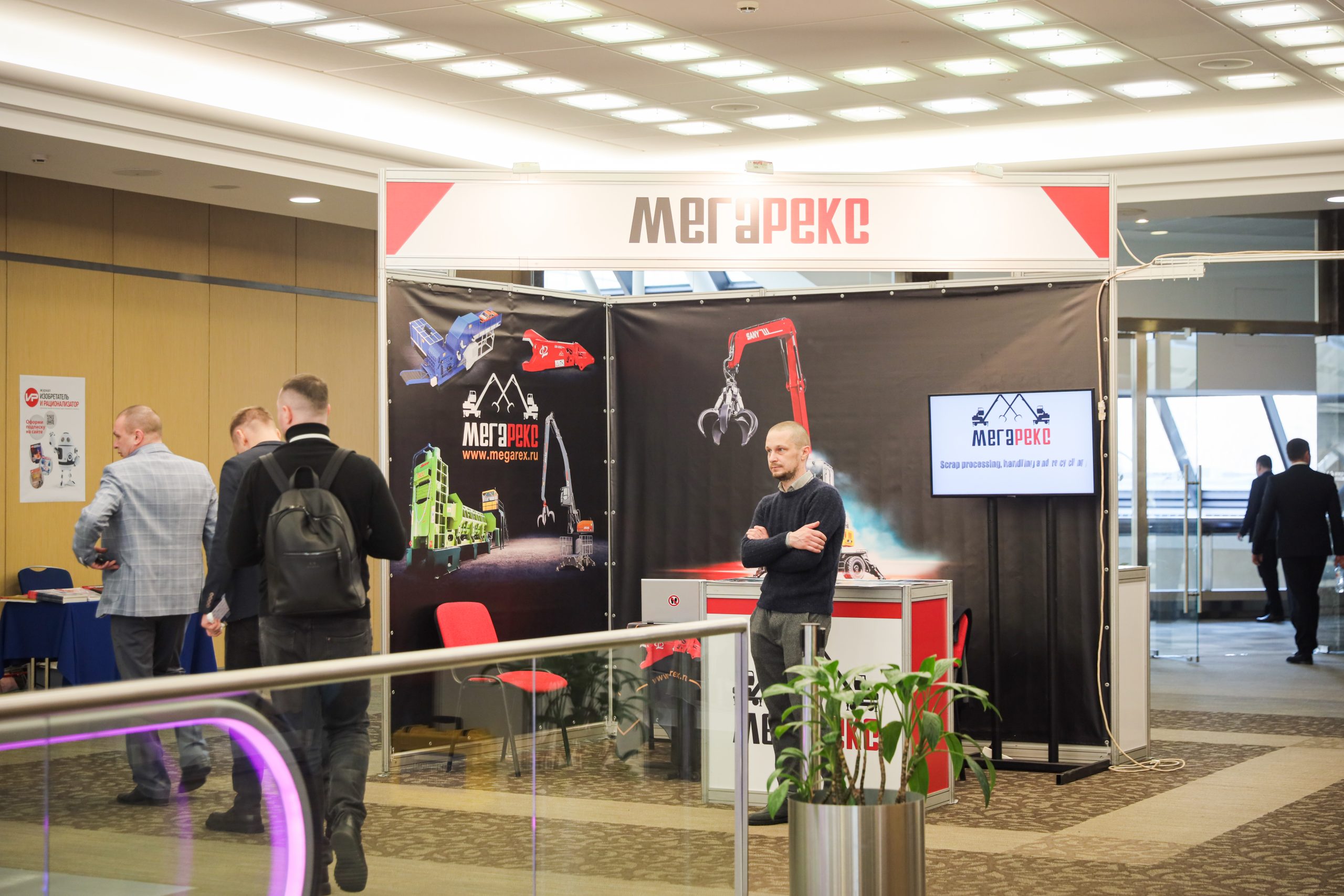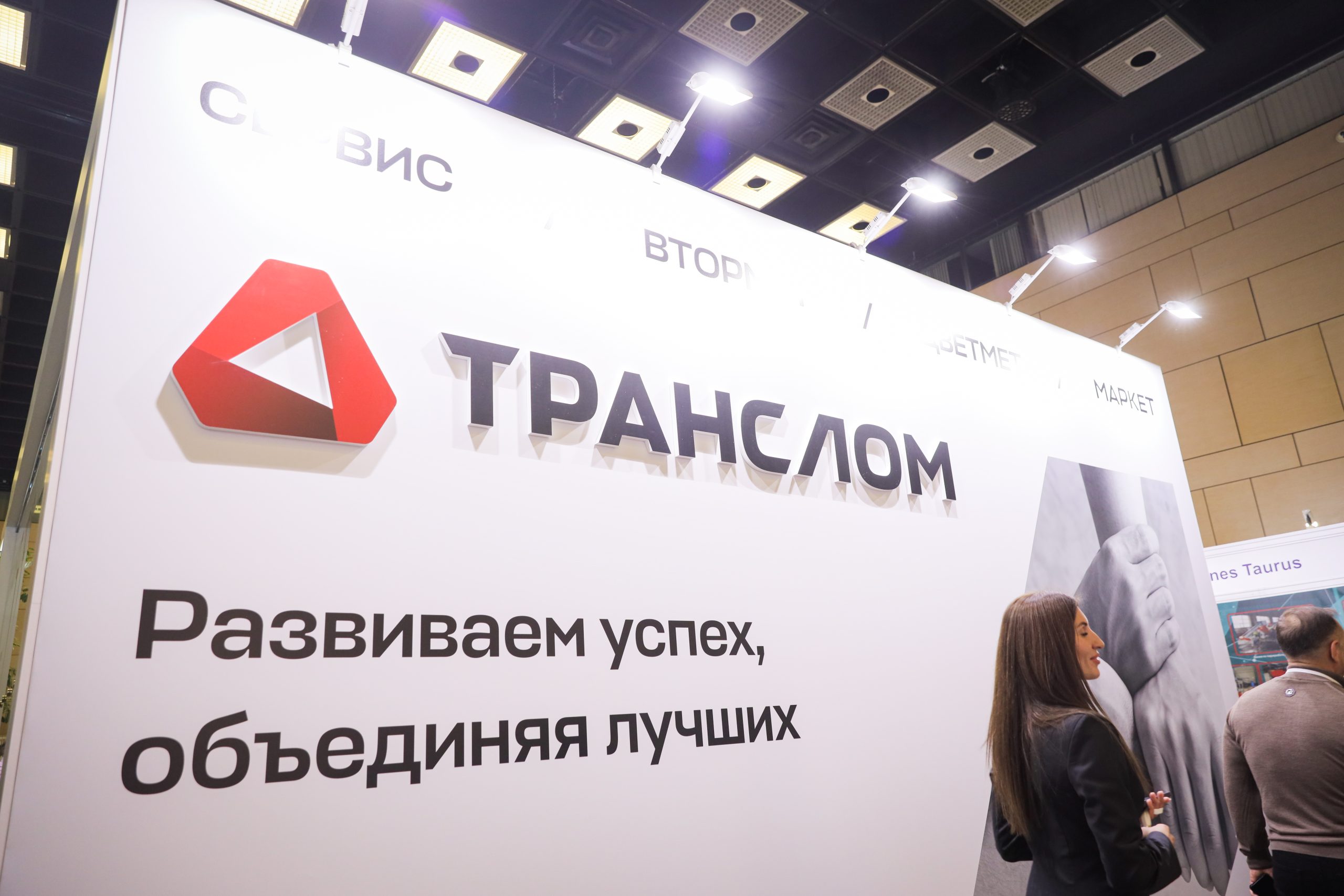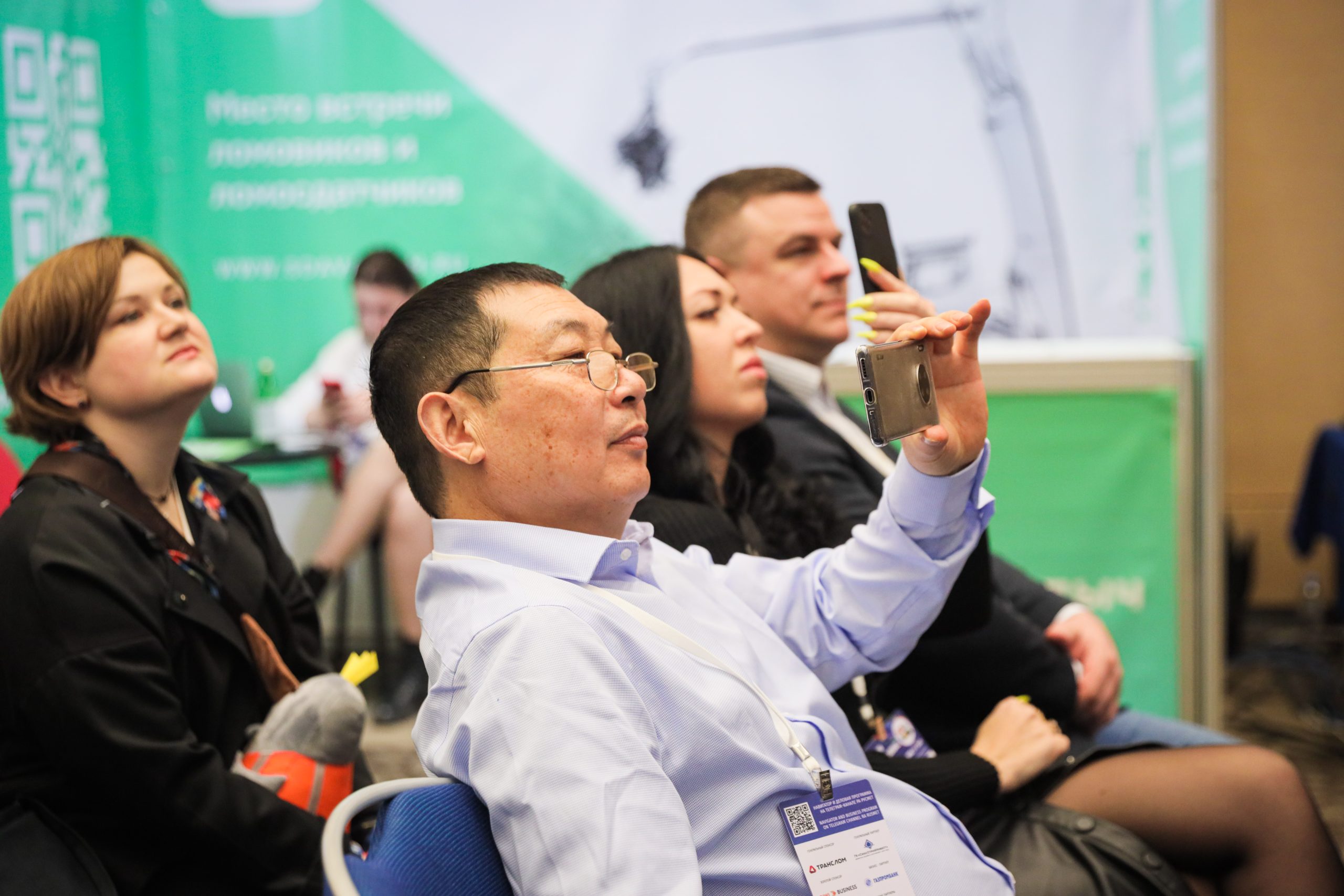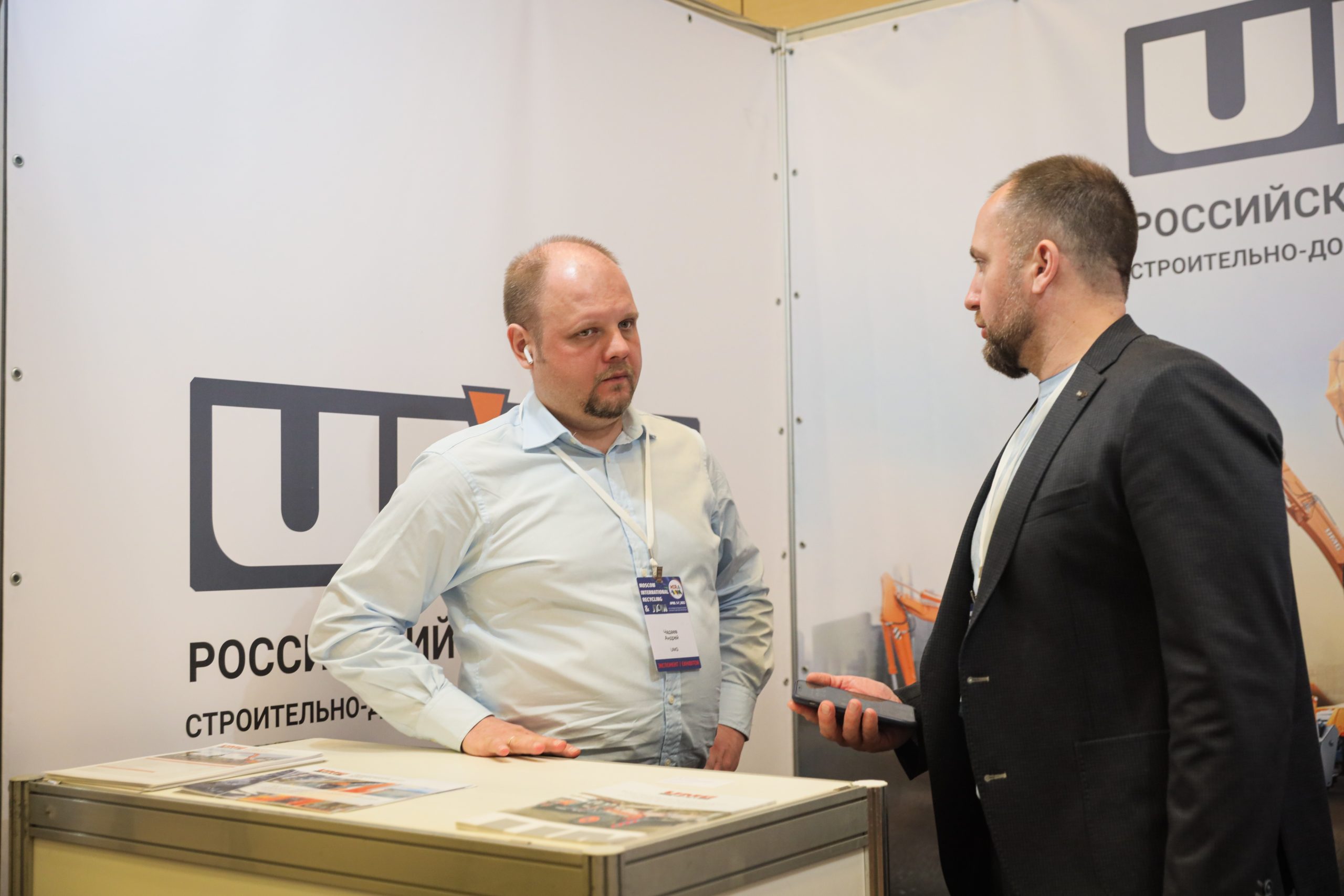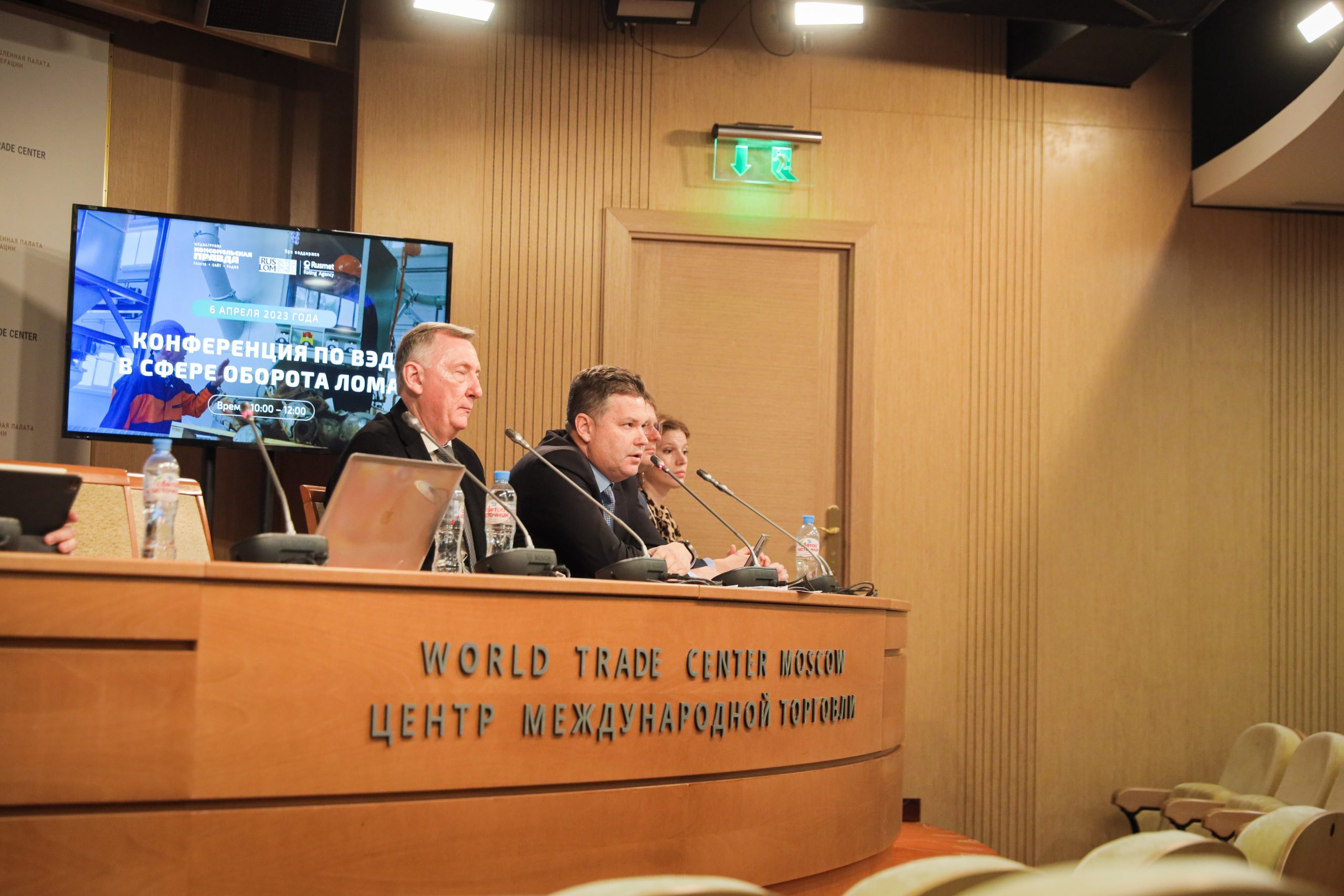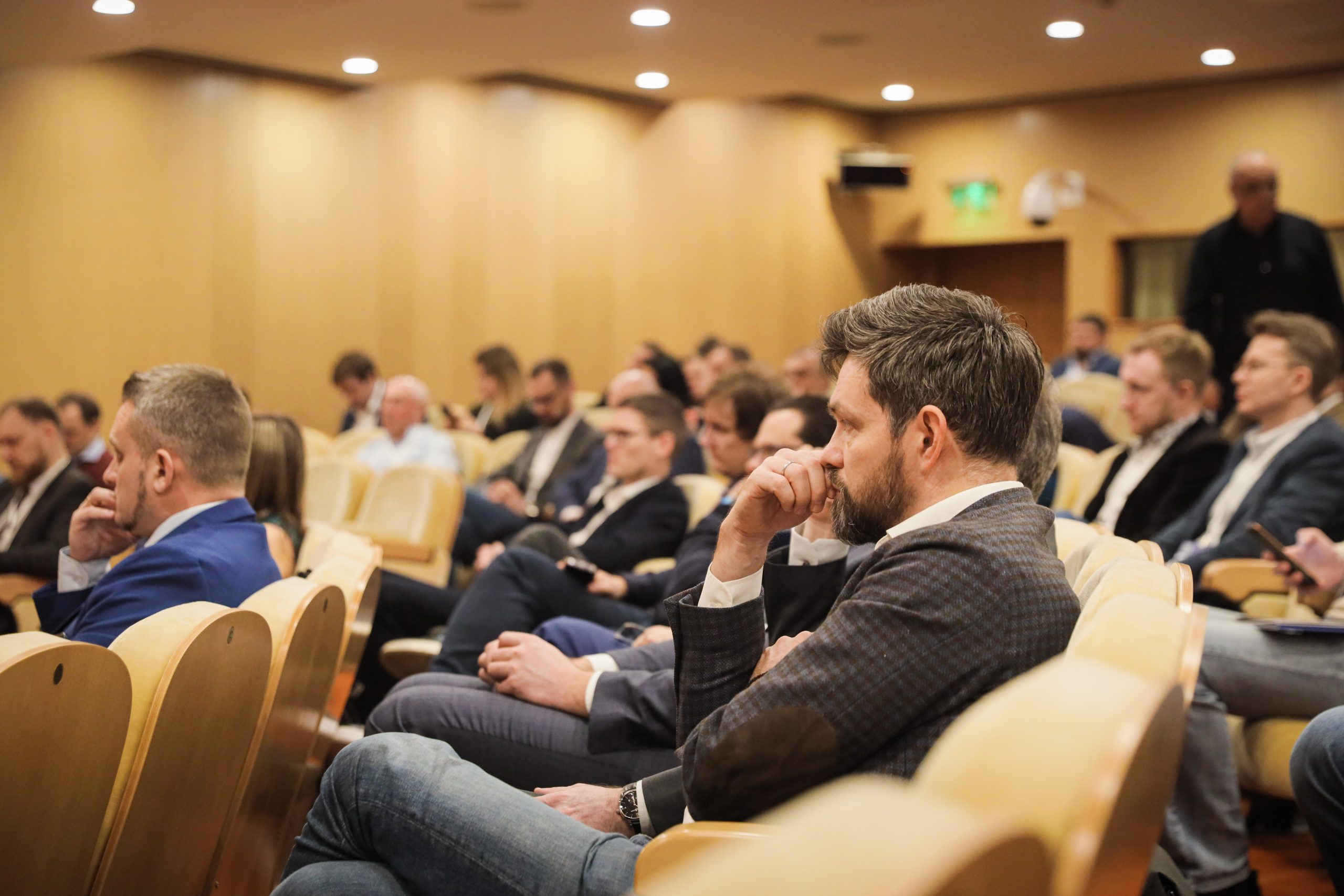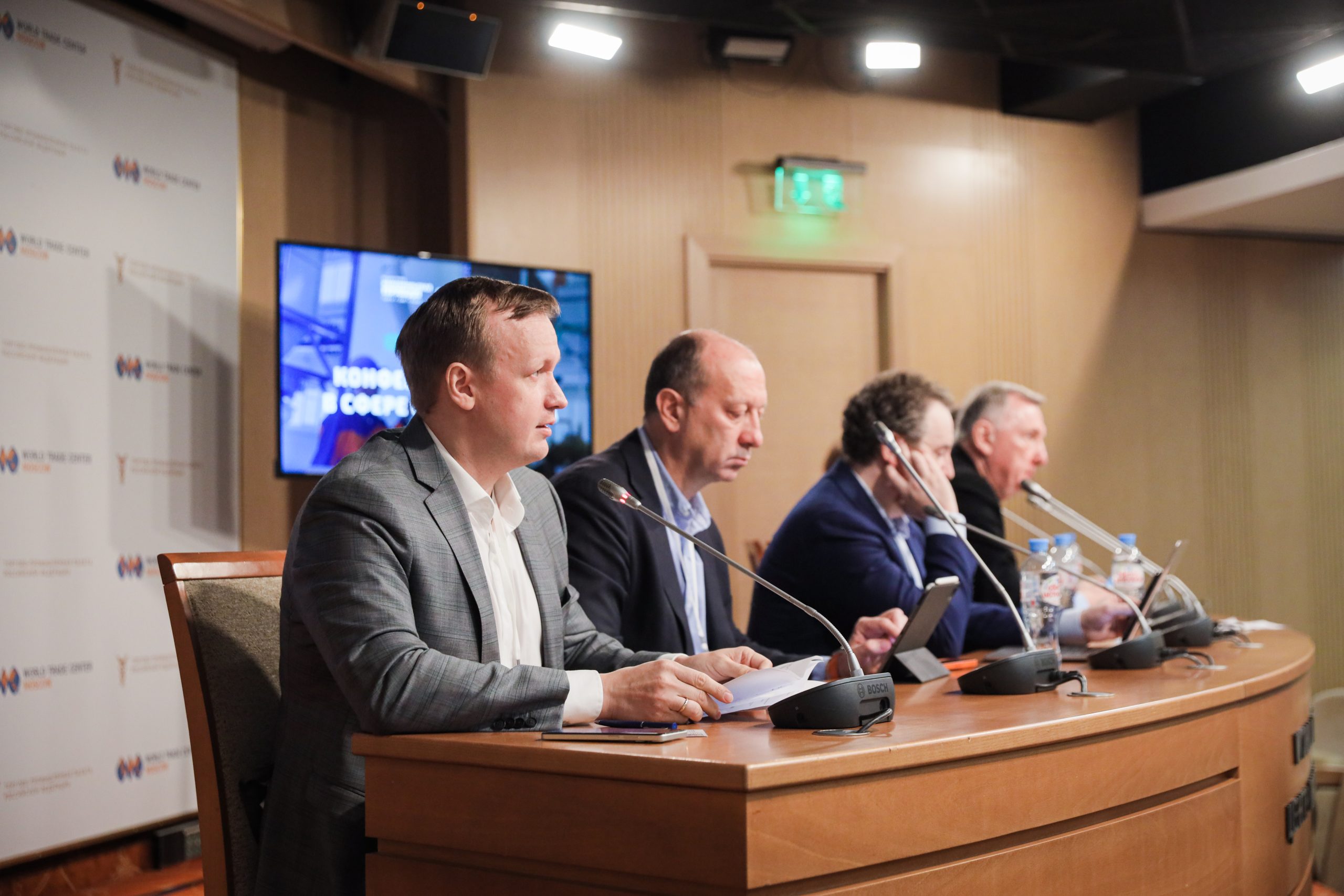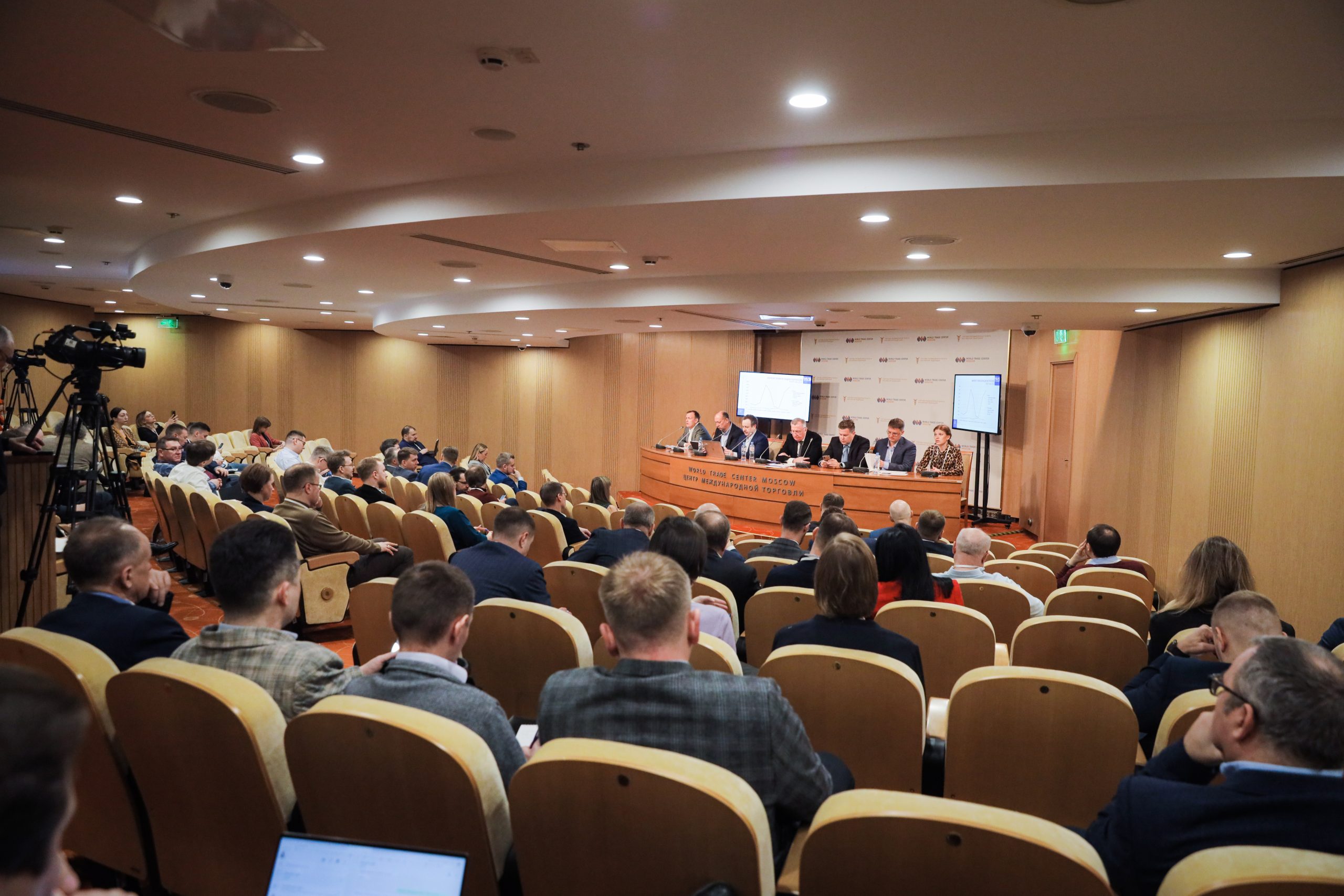Mir-Expo 2021
On April 13-14, 2021, the 16th International Forum Scrap of Ferrous and Non-Ferrous Metals and the Moscow International Recycling Expo-2021 exhibition took place at the Hyatt Regency Petrovsky Park Hotel in Moscow. The Scrap of Ferrous and Non-Ferrous Metals is Europe’s largest annual forum paired with an exhibition of recyclable materials. The Forum attracts relevant participants and market leaders from all over the world; this time it was attended by several dozen leading experts and over 1000 delegates. After a long pause in holding large-scale offline business events due to the COVID-19 pandemic, industry professionals from Russia and from many countries across the globe expressed great interest in participating in the Forum; a number of foreign delegates arrived in Moscow specifically to participate in the event. The leading foreign market players, who participated online due to pandemic lockdown in most countries, were even more active. On April 12, before the official opening of the exhibition, a number of events took place as part of the preparatory day. Among them was a meeting of the Committee for the Protection of the Rights of the Self-Regulated Organisation Members and Legal Risks of the Association RUSLOM.COM. The activities of the Committee are of great benefit to the members of the Association. The meeting was followed by a workshop dedicated to the current aspects of legal risk management during tax inspections and due diligence procedures. The audience especially noted the speech of Vladimir Babikov from the Scientific and Educational Centre for Anti-crisis, Antimonopoly and Tariff Regulation of Plekhanov Russian University of Economics. His speech on digital transformation of bankruptcy and ratings in bankruptcy was held as part of the second workshop Bankruptcy of an Enterprise and Subsidiary Liability. The preparatory day ended with the networking session People First! which offered the participants an opportunity to meet potential partners and introduce themselves; it also taught them how to make the most of their participation in an industry business event. The business programme of the main official part of the Exhibition and the Forum was intensive, as relevant events were held simultaneously in three different conference halls. The programme started with a strategic session. As part of the strategic session, the organisers of the event offered the participants a holistic vision of the currents status, topical issues and directions for the development of the scrap collection and recycling industry in Russia and in the world; that was successfully accomplished due to the comprehensive coverage of stakeholders. The event was attended by representatives of Russian and international industry and business associations, including the Association RUSLOM.COM, the Bureau of International Recycling, the Association of European Business; government authorities: State Duma Deputies Andrey Lugovoy, Nikolay Valuev, Alexander Starovoitov; Deputy Director of the Department of Metallurgy and Materials of the Ministry of Industry and Trade of Russia Roman Kuprin, Deputy Director of the Industrial Policy Department of the Eurasian Economic Commission Tigran Harutyunyan; development institutions and the banking sector: Moscow Agency of Innovations represented by its General Director Alexei Parabuchev, EXIM Bank Hungary represented by Director for Business Operations Eastern Europe and Central Asia, Head of the Moscow Office Robert Griljov. During the session, the topics of improving the efficiency of the scrap market were covered, including the implementation of initiatives to abolish personal income tax on the collection of scrap metal, the introduction of non-cash settlements with individuals for scrap metal, and reform of taxation in the field of agent VAT on the copper, aluminium, lead and tin markets. The discussion also covered the environmental aspects of the scrap collection industry and the issues of transport vehicles and equipment utilisation. Andrey Lugovoy, Deputy of the State Duma of the Russian Federation, Member of the State Duma Committee on Security and Anti-Corruption, noted the leading role of the Association RUSLOM.COM in organising thematic events and establishing a dialogue between business and the state. Commenting on the issues of the development of the scrap collection industry, the speaker said: ‘On the instructions from First Deputy Prime Minister Andrei Belousov, a comprehensive system of scrap collection accounting is being developed. This will seriously help “whitewash” the industry, will eliminate “grey” zones in the alienation of scrap, such as setting deliberately unfavourable conditions at an auction’. In turn, Nikolai Valuev, Deputy of the State Duma, First Deputy Chairman of the State Duma Committee on Ecology and Environmental Protection, drew the attention of the participants to the opacity of the recycling collection system. The recycling fee and auto recycling system are not working as intended, he said. The Governor of the Moscow Region Andrei Vorobiev appreciated in his message to the participants the importance of the scrap processing industry, noted the relevancy of the Forum programme for the Moscow region and wished the participants great professional success. Tom Bird, President of the Bureau of International Recycling (BIR), greeted the participants via video conferencing. He noted the importance of the work of international and national associations to support the industry during the pandemic, and also expressed hope for its rapid recovery. During the restrictions, BIR refocused itself on the online format of industry events, but this year in October it has plans to hold its annual conference offline. Alexey Parabuchev, the head of the Moscow Agency of Innovations, spoke about the project that the city is implementing jointly with the Association RUSLOM.COM. The possibility of creating pilot innovation sites, including on the basis of the members of the Association, is being considered within the Green Moscow initiative. The Moscow Government will help the participants to find technological solutions in the field of waste disposal. Addressing the international matters became an important part of the session. It included topics from financial cooperation to interaction of associations and the development of business ties. The speakers did also paid attention the urgent issues of the common market of waste and scrap of ferrous and non-ferrous metals of the Eurasian Economic Union. The programme continued with Session 1, dedicated to analytics and forecasts of the domestic and international ferrous scrap markets. For industry professionals, this topic is always of interest; today an increase of duties on the export of scrap is one of significant factors in price changes in the country. The global situation is determined by traditional and new factors, including an active trend towards decarbonisation of ferrous metallurgy. The speakers, among whom were the representatives of the Association RUSLOM.COM, as well as of a number of Russian and international metallurgical and recycling companies, the banking sector, and development institutions (including Industrial Metallurgical Holding LLC, the Russian Small and Medium Business Corporation, HUAHONG RUS LLC, Metso Recycling, Kobolde & Partners AB, and Smartscrap), discussed the impact of decarbonisation of ferrous metallurgy on the scrap market and equipment suppliers, innovative technologies for the scrap and metals market, the main industry trends, as well as the current situation in the ferrous scrap market of Russia. Vitaliy Mashkov, Advisor to the General Director of the Russian Small and Medium Business Corporation, made a presentation on the general measures and conditions for supporting small and medium-sized businesses in the field of scrap procurement, provided by the Corporation. Viktor Kovshevny, Director of the Association RUSLOM.COM, co-founder of RA Rusmet said: ‘Today the metal fund in Russia exceeds 1.5 billion tonnes, and its volume is increasing. There is no shortage of scrap on the domestic market in Russia’. In this regard, the speaker expressed disagreement with any barriers on the export of scrap and opposed the increase of export duties. According to Viktor Kovshevny, this will hurt not only scrap collectors, but also metallurgists. Artificial limitation of exports forces companies to reduce investment activity, which negatively affects the development of the industry. During the second session of the Forum, the organisers addressed the most significant issues and trends in the non-ferrous scrap market, bringing together leading Russian and foreign speakers, including: Alexander Kobenko, Member of the Board of Directors of Akron Holding; Jeffrey Kimball, Commercial Director, Loacker Recycling Group, and Member of the Board of the international recycling association EuRIC; Eric Fromont from MTB-Recycling; Maxim Tretyakov, President of the Electrokabel Association; Dmitry Puzanov, Director of the Council of Secondary Non-Ferrous Metallurgy Industrial Enterprises; Vladimir Dvoretsky, Head of the Republican Union of Secondary Metallurgy Industrialists of the Republic of Kazakhstan. Russian speakers paid close attention to the topic of taxation, in particular, issues related to VAT in the industry. One of them is the refusal to recognise and deduct VAT on scrap wire rod. ‘In 2020, over 62% of wire rod was produced either from scrap or from scrap cathodes under a tolling scheme, i.e. half of the industry is under enormous tax risk’, said Maxim Tretyakov, President of the Electrokabel Association. In parallel with the sessions, a seminar was held in the Chernyshev Hall for representatives of licensing authorities of the constituent entities of the Russian Federation and legal departments of organisations, dedicated to new trends in control, supervisory and licensing activities in the scrap and metal field. The event was extensive and useful for all participants, because in addition to updates in the legislation on licensing activities in the field of scrap, the speakers’ attention was paid to topical legal matters. In particular, they touched upon the risks of working with scrap outside a licensed site, arising from the cutting of ships, railroad cars and other large-sized structures, legal aspects of the utilisation of transport vehicles and much more. The seminar was attended by representatives of more than 74 constituent entities of the Russian Federation personally and online. The speakers were: Deputy Head of the Non-Ferrous Metallurgy Development Department of the Ministry of Industry and Trade of Russia Andrey Savelyev, Deputy Head of the Federal Assay Chamber of Russia Dmitry Bagodist, Deputy Chairman of the Committee for Waste Processing and Secondary Materials of Delovaya Rossiya Natalya Belyaeva, CEO of the Rusmet Rating Agency Andrey Zelenin, as well as other experts. The issues of interaction between scrap collectors and banks in Russia has also remained topical for many years. The specificity of this business and the prevailing image of a ‘semi-legal’ market led to the fact that the representatives of the industry in the banking sector are biased, their transactions are closely monitored and their bank accounts are often unreasonably blocked. This served as an excellent occasion to devote a panel discussion to banking support of the metal and scrap market. The event was attended by representatives of the Association RUSLOM.COM, the Rusmet Rating Agency, as well as of a number of banks: Gazprombank, Avangard Bank, SberBank, Credit Ural Bank, Tinkoff Bank. The problems of non-cash settlements with individuals, the issues of reducing the risks of working under 115-FZ, and current industry products were discussed during the panel discussion. During a separate discussion, VTB Bank, Almaz IT company and Severstal presented case studies on working with industry products. In particular, they talked about the experience of introducing and using a system of non-cash settlements with individuals for scrap. Within the system all payments are made through TOP-10 Russian banks to bank cards of Visa, Mastercard, or Mir payment systems. It should be noted that Almaz IT company was one of the first in the market to introduce a service for cashless payments with individuals for scrap and is successfully continuing to develop it. ‘We had a big issue when scrap collectors’ bank accounts were closed or they were not allowed to withdraw cash. Over the past 4 years, thanks to the joint efforts of the Association, banks and the Central Bank, the tension has significantly decreased’, said Oksana Sirotinina, member of the Committee on Economics, Insurance and Financial Risks of the Association RUSLOM.COM. As one of the ways to improve the situation, Mikhail Gagarin from the RA Rusmet presented the industry compliance developed by the agency for banks. According to the speaker, under this methodology scrap collectors are assessed by 52 factors. In addition to the main ones, such as revenue and profit, the RA takes into account industry-specific factors: price indices, main suppliers and consumers, business sustainability. ‘We intend to create a willingness among scrap collectors and banks to interact openly and effectively’, the representative of the RA Rusmet emphasised. Vladimir Valyagin, Managing Director of Gazprombank’s Department for Banking Support for Contracts, spoke about the modern mechanism for monitoring the targeted use of funds in projects – banking support of contracts, as well as the possibilities of using the mechanism in the field of scrap collection. Bank Avangard announced that it has been working with our industry for many years, has developed mechanisms for preliminary screening of new customers, monitoring their activities, analyzing counterparties, which allowed the bank to successfully defend their interests before the regulatory authorities. The main advantage of working with a bank is the predictability of the bank’s actions, complex interaction, a deep understanding of the business and the provision of a wide range of services. The bank offers both cash withdrawals by CASH cards and the use of “Accountable cards”, as well as “Reverse acquiring”. This technology allows individuals to instantly pay money for the recyclable materials to the cards of any Russian banks, take photographs, instantly recognize and automatically check through the FMS (Federal Migration Service) database the passports of scrap suppliers, send supporting documents to the bank for each payment, provide convenient reporting on the territorial site: account balance, unused limits, transactions performed. Bank employees demonstrated at the Exhibition how the equipment works. Reverse acquiring is a modern and cost-effective alternative to cash payments with scrap suppliers, accelerating the process of accepting recyclable materials and reducing the costs and risks of working with cash. In addition, the bank confirmed the possibility of opening “overdrafts”, “salary loans” and offered from this year soft loans for the purchase / modernization of fixed assets. The organisers of the Forum could not ignore the financial component of the scrap collection industry. In this regard, throughout the second day the seminar Topical Issues of Tax Policy and Practice in the Metal and Scrap Market. Novelties in Accounting Standards, VAT, Audits was held. The seminar aroused keen interest of accountants and representatives of financial departments of companies. The speakers of the seminar were: Irina Persikova, Deputy Head of the VAT Unit of the Office of Taxation of Legal Entities of the Federal Tax Service of Russia; Sergey Kryuchkov, Deputy Head of the Corporate Profit Tax Department of the Tax Policy Department of the Russian Ministry of Finance; Nadezhda Chamkina, Honoured Economist of the Russian Federation, State Counsellor of the Russian Federation 2nd class; Marina Polyakova, expert of the Federal Tax Service of Russia journal Tax Policy and Practice. The speakers covered the matters of applying a zero VAT rate for the export of goods and the implementation of works, considered changes in the calculation of VAT, as well as important changes in accounting and tax reporting in 2020-2021. Another pressing issue for the Russian Federation is the collection of waste from electrical and electronic equipment (WEEE). This matter, as well as the discussion of the extended producer responsibility (EPR) concept and the strategy for the development of the processing, utilisation and disposal industry in Russia and the world became the topic of the fourth session of the Forum. To demonstrate the relevancy of the topic, Dr. Viktor Haefeli, Chairman of the WEEE Congress, Senior Consultant to the Swiss Ministry of Ecology, noted: ‘In Russia, the level of collection of electronic waste is only 6%, it is 90 thousand tonnes out of 1,631 thousand tonnes of generated waste. In Europe, this figure is 43% (5106 thousand tonnes out of 12,013 thousand tonnes of waste)’. Given the large scale of the topics discussed, the discussion moved into the fifth session, during which the organisers introduced industry experts from Germany, Serbia, Japan, Russia, and the post-Soviet countries, who presented to the event participants the advanced technological progress examples in the field of WEEE recycling. The environmental agenda prevailed in the speech of Maxim Golovachev, General Director of Mitra Invest Group LLC, who shared with the audience his experience of salvaging sunken ships in the Volga River basin. The speaker talked about how the working group of the company salvages an object and restores the coastal strip, if necessary. Among the events of the Forum was the meeting of the members of the Committee on Economy, Insurance, and Financial Risks of the Association RUSLOM.COM. Sustainable development of economy is impossible without a reliable, modern infrastructure. In particular, the transport infrastructure of large cities, industrial facilities, agricultural machinery. Obviously, in recent years, the trend for the development and use of electric transport has become more and more noticeable. In this regard, the issues of recycling electric vehicles and batteries in the modern world are becoming extremely important. Especially for Russia, which, for example, has virtually no battery recycling industry. Traditionally, issues of tire recycling and utilisation of agricultural machinery remain important. These matters were the subject of the 2nd Eurasian Congress on Waste Management of Aircraft, Cars, Trains and Vessels, which was held as part of the MIR Expo-2021 business programme. During the event, Dmitry Stukalov, Projects Manager of the RA Rusmet, presented a programme of pilot projects for the utilisation of transport vehicles, implemented by the agency in cooperation with the Ministry of Industry and Trade of the Russian Federation. The speaker noted that RA Rusmet stands for the resumption of the recycling programme that used to exist in Russia since 2012. During its operation, the programme has proven its effectiveness, since a large volume of vehicles has been processed. One of the parts of the Forum and the exhibition programme was the semi-final of the Russian national contest in technological strategy MetalCup, which took place at the conference site for two days. The contesters were young innovators who set their goals at changing the future of metallurgy. This year the topic of the contest was sustainable development. In the semi-final, the participants searched for solutions in the field of using the most environmentally friendly technologies and reducing the amount of resources used. The Association RUSLOM.COM together with RA Rusmet supported the contest and became its industrial partners. Following the results of the semi-final, the ceremony of awarding the winners of this stage of MetalCup took place within the Forum. Another significant event of the Moscow International Recycling Expo-2021 exhibition was the signing of a cooperation agreement between the Electrokabel Association and the Association RUSLOM.COM. The agreement was signed by Maxim Tretyakov, President of the Electrokabel Association, and Viktor Kovshevny, Director of the Association RUSLOM.COM. ‘It is not by chance that we sign the agreement. We became allies, as an influential member of RUSLOM.COM became a member of the Electrokabel, its representative became a member of our board, making the scrap collector’s dream come true by diversifying further, producing wire rod and, finally, acquiring cable factories’, Electrokabel President Maxim Tretyakov commented on the event. The awarding of the National Prize The Best in the Scrap Market took place within the Forum. Awards in 36 various nominations were given to 33 participants of the industry and its reliable partners, representatives of the banking sector. Following the results of MIR-EXPO 2021, the organisers received a lot of positive feedback and appreciations from the participants. One of those appreciations was by the Hanwa company: ‘On behalf of the Japanese company Hanwa, let me express my gratitude to all the participants and organisers of this wonderful congress! Despite the fact that we participated online, we managed to communicate with many market participants and find interesting ideas for cooperation’. The Forum Scrap of Ferrous and Non-Ferrous Metals and the exhibition Moscow International Recycling Expo-2021 became the central event of the industry this year, brought together hundreds of industry participants from various regions of Russia and many countries, provided a chance to exchange best practices and discuss current industry problems and prospects. The next annual forum and exhibition MIR-EXPO will take place in Moscow on April 12-14, 2022, and reservations have already been announced open. We are grateful to all the sponsors who supported this project, which is of great significance for the whole market!